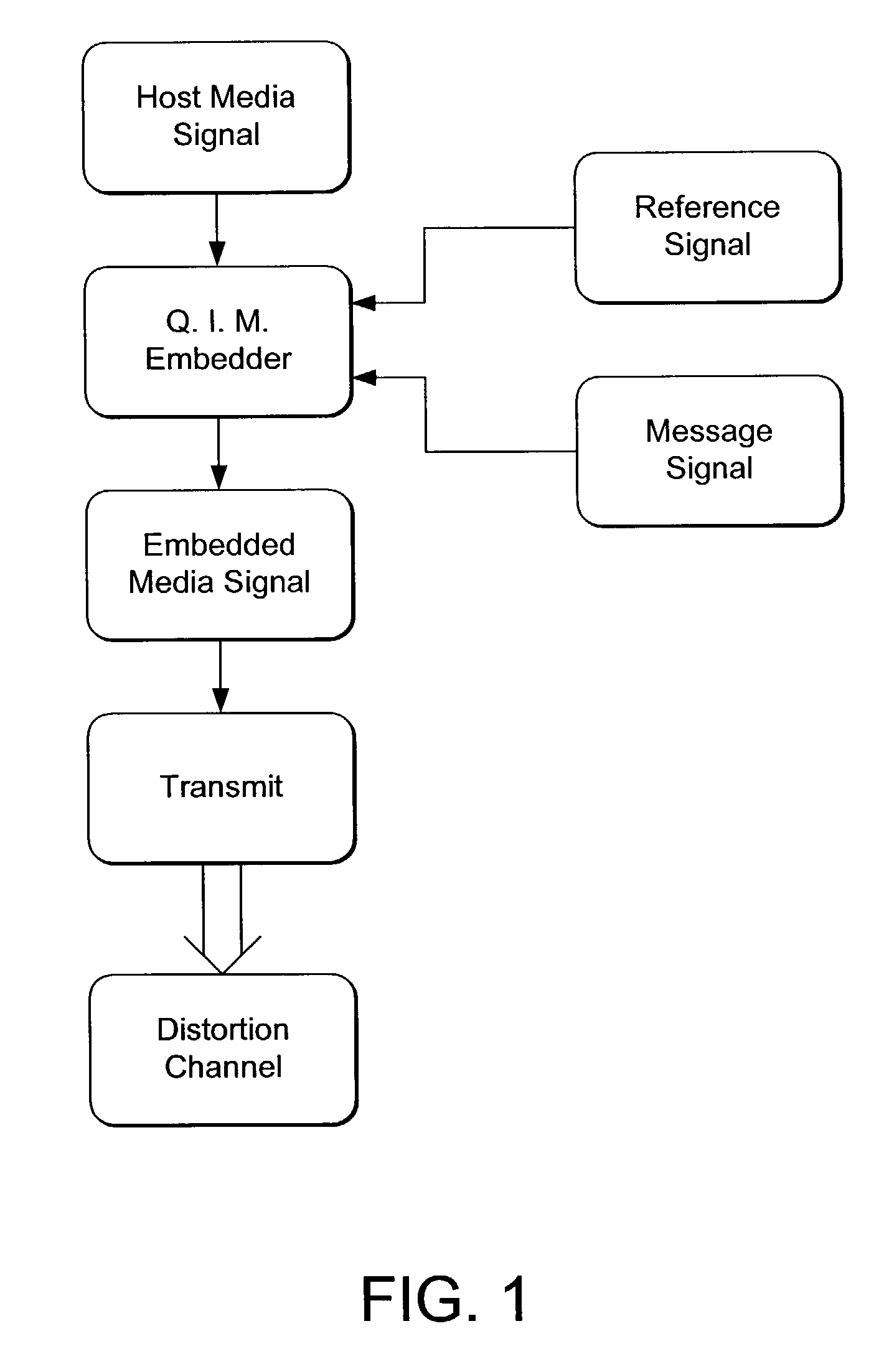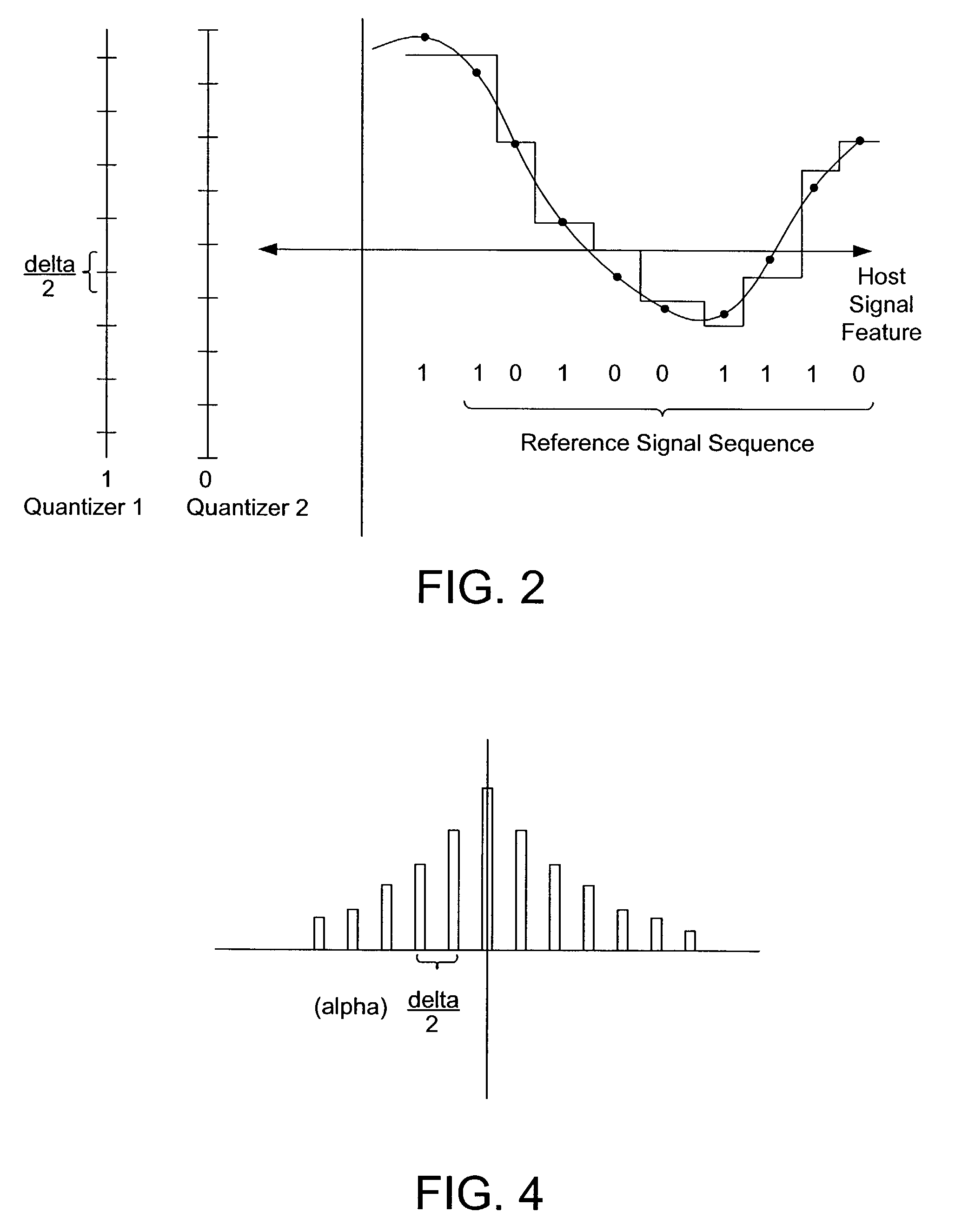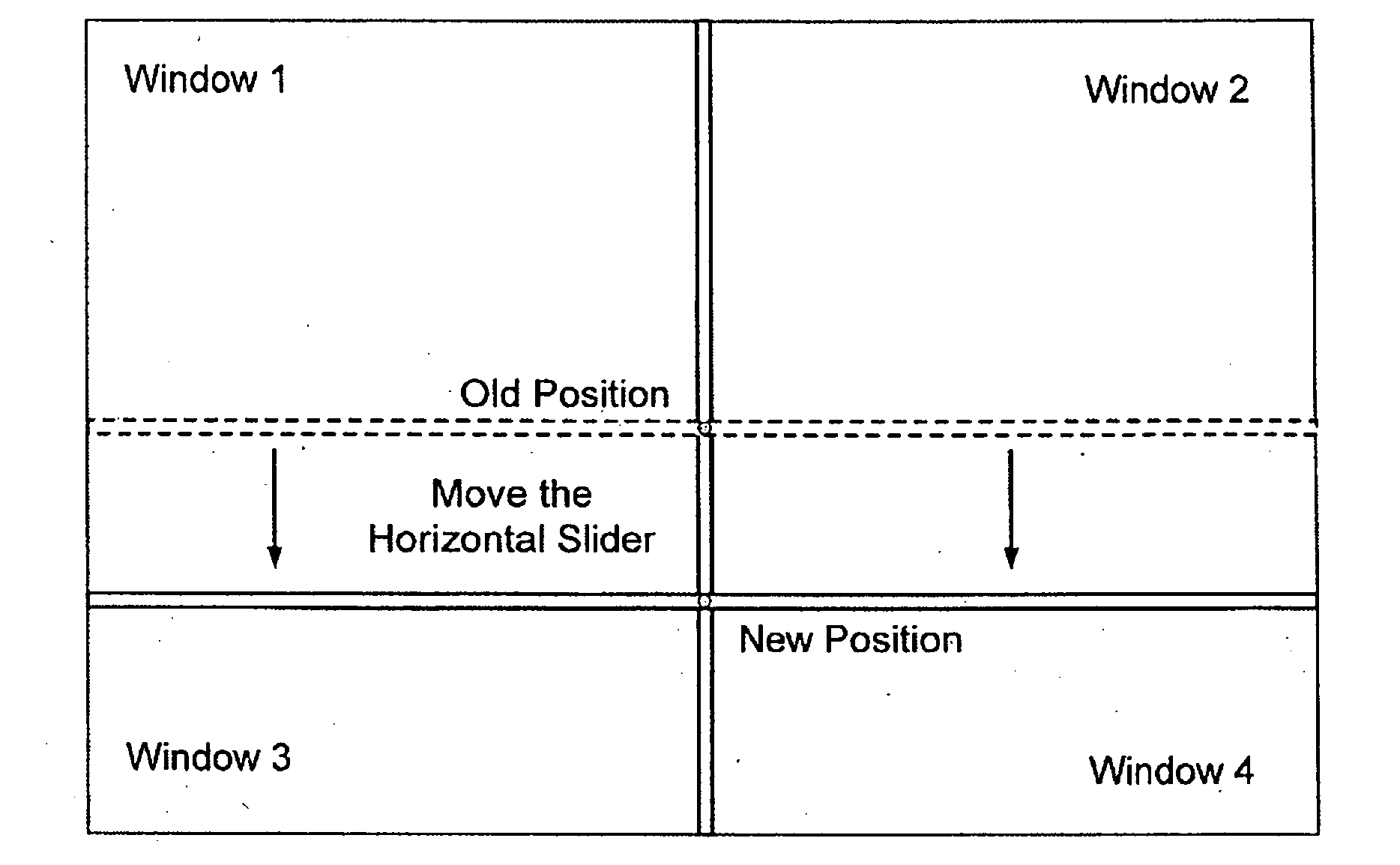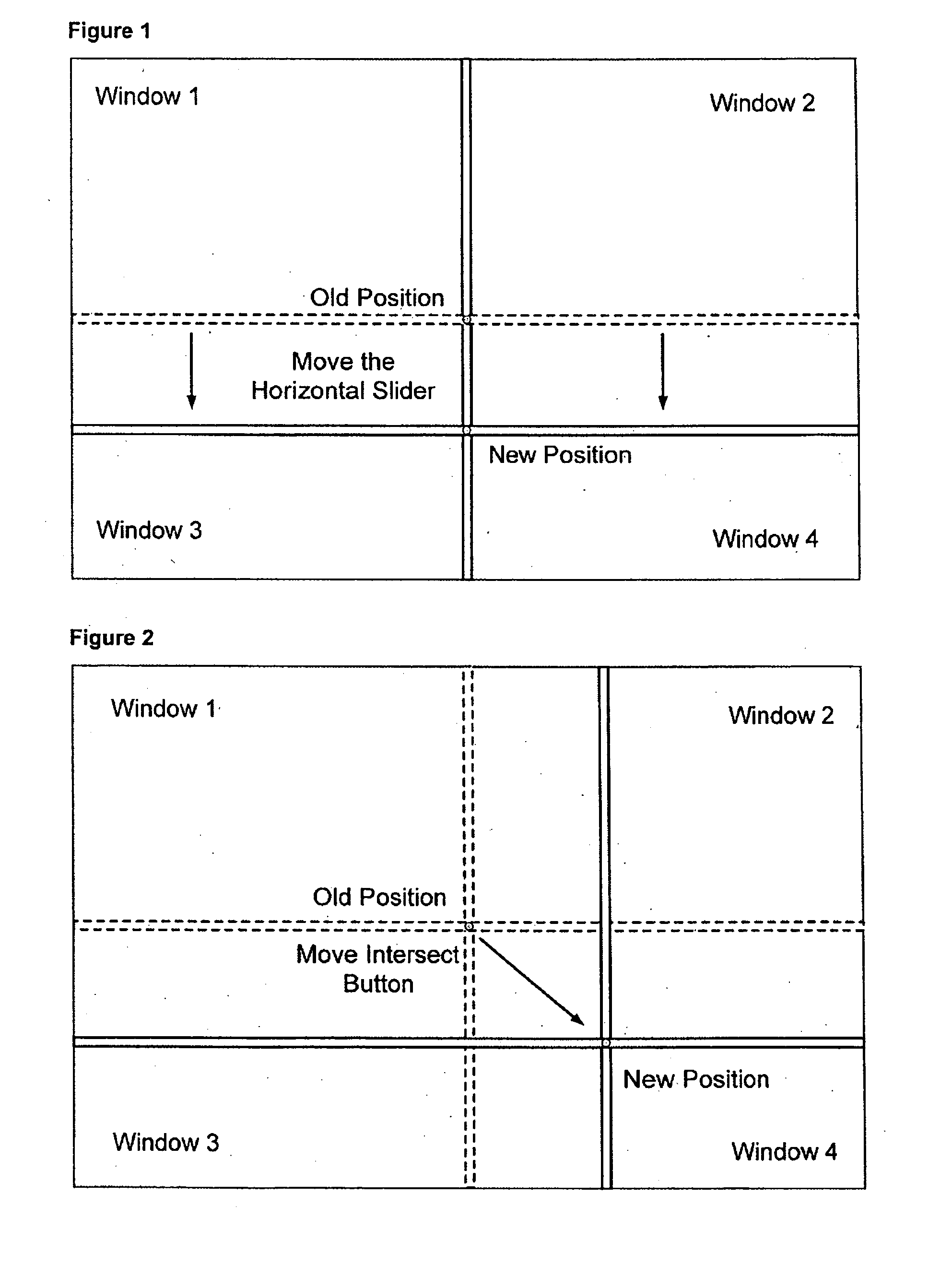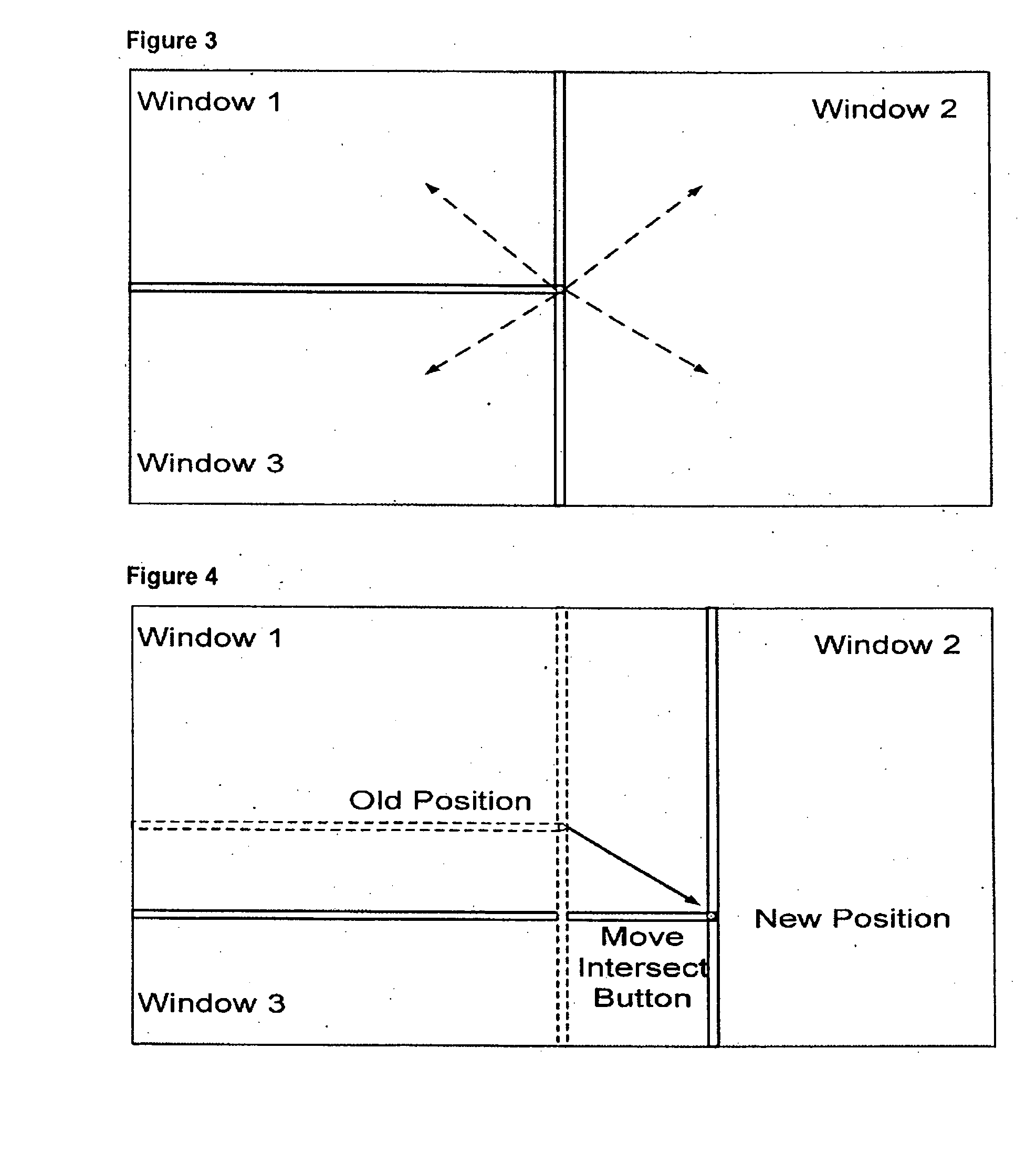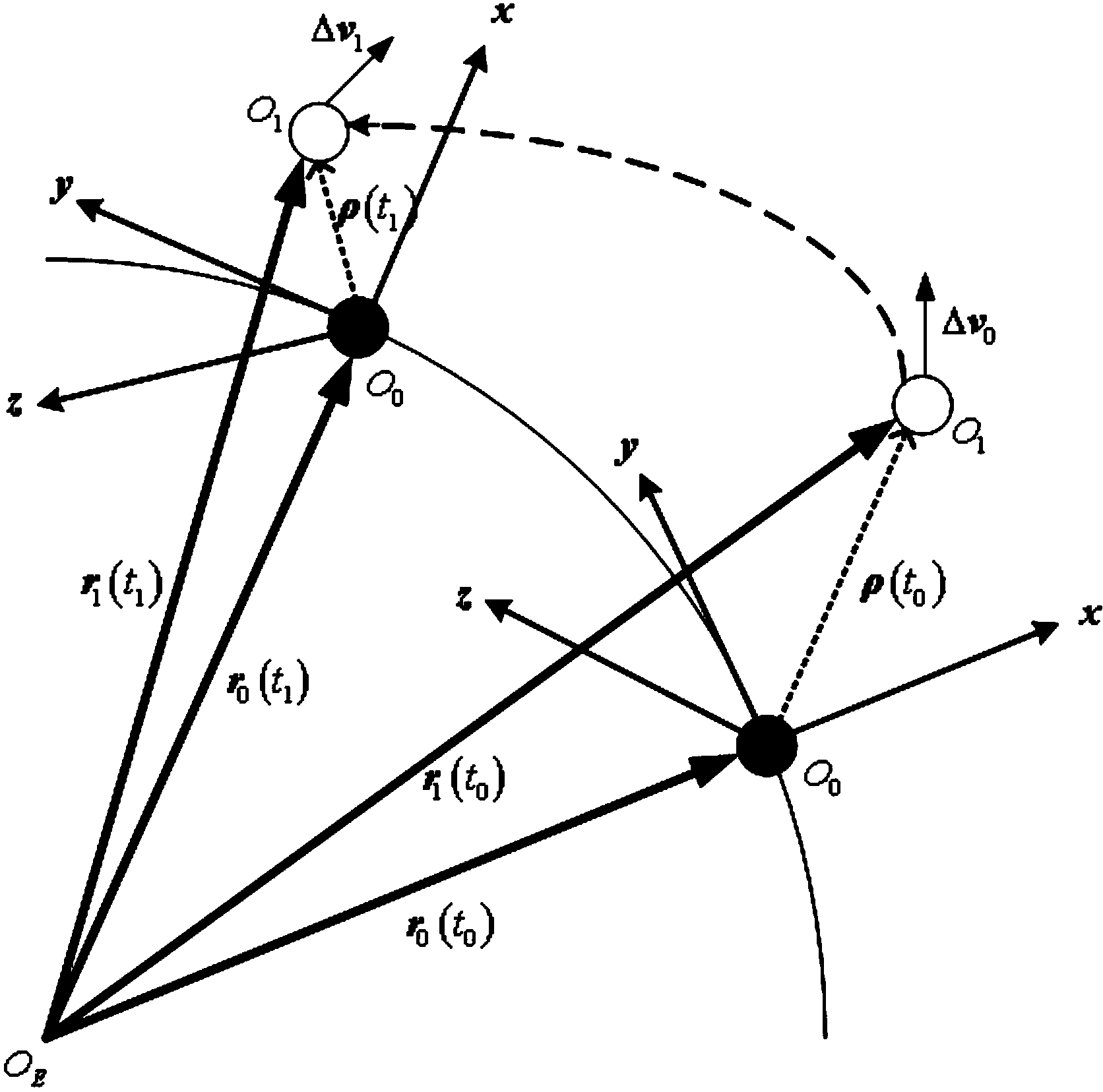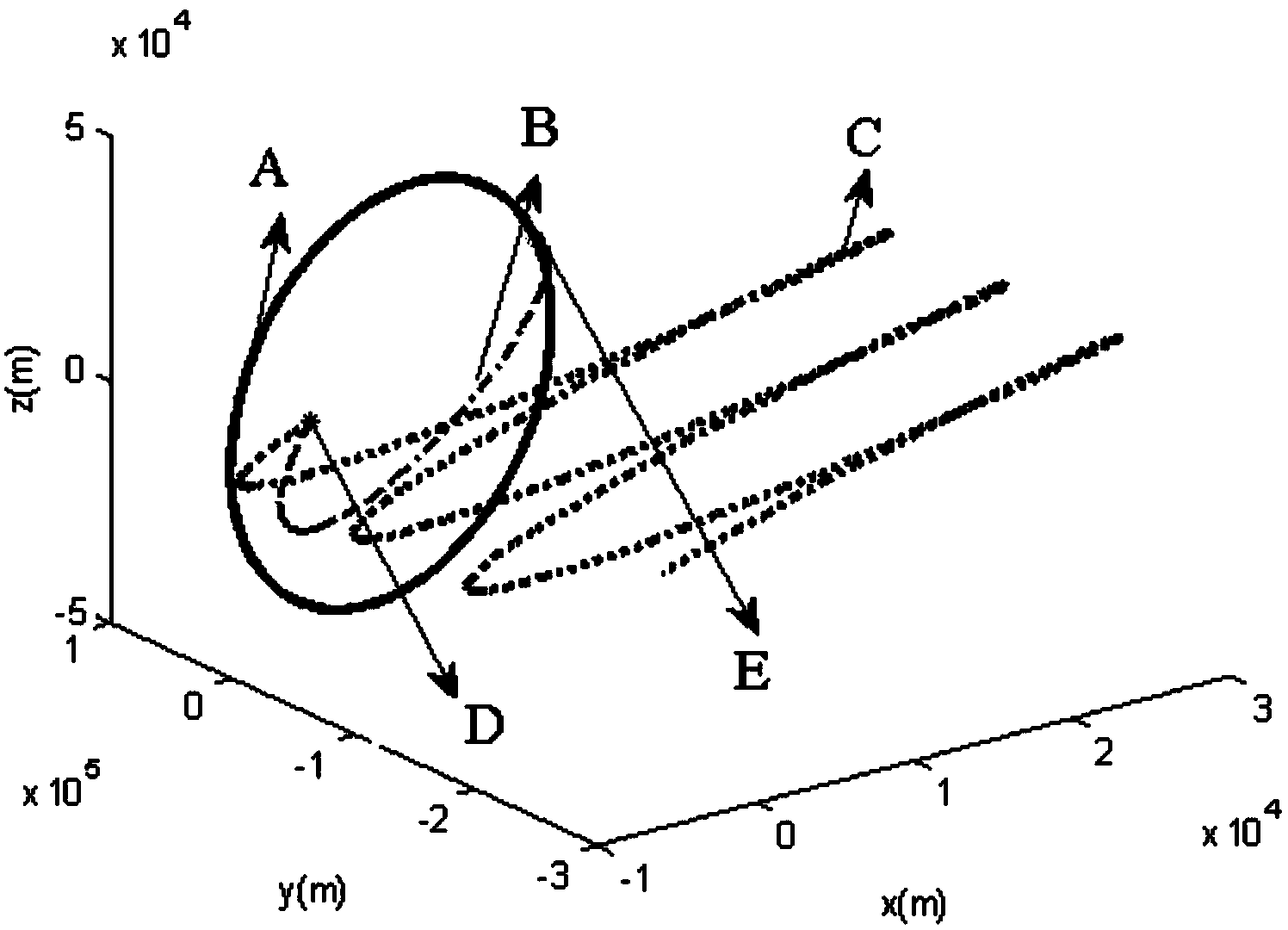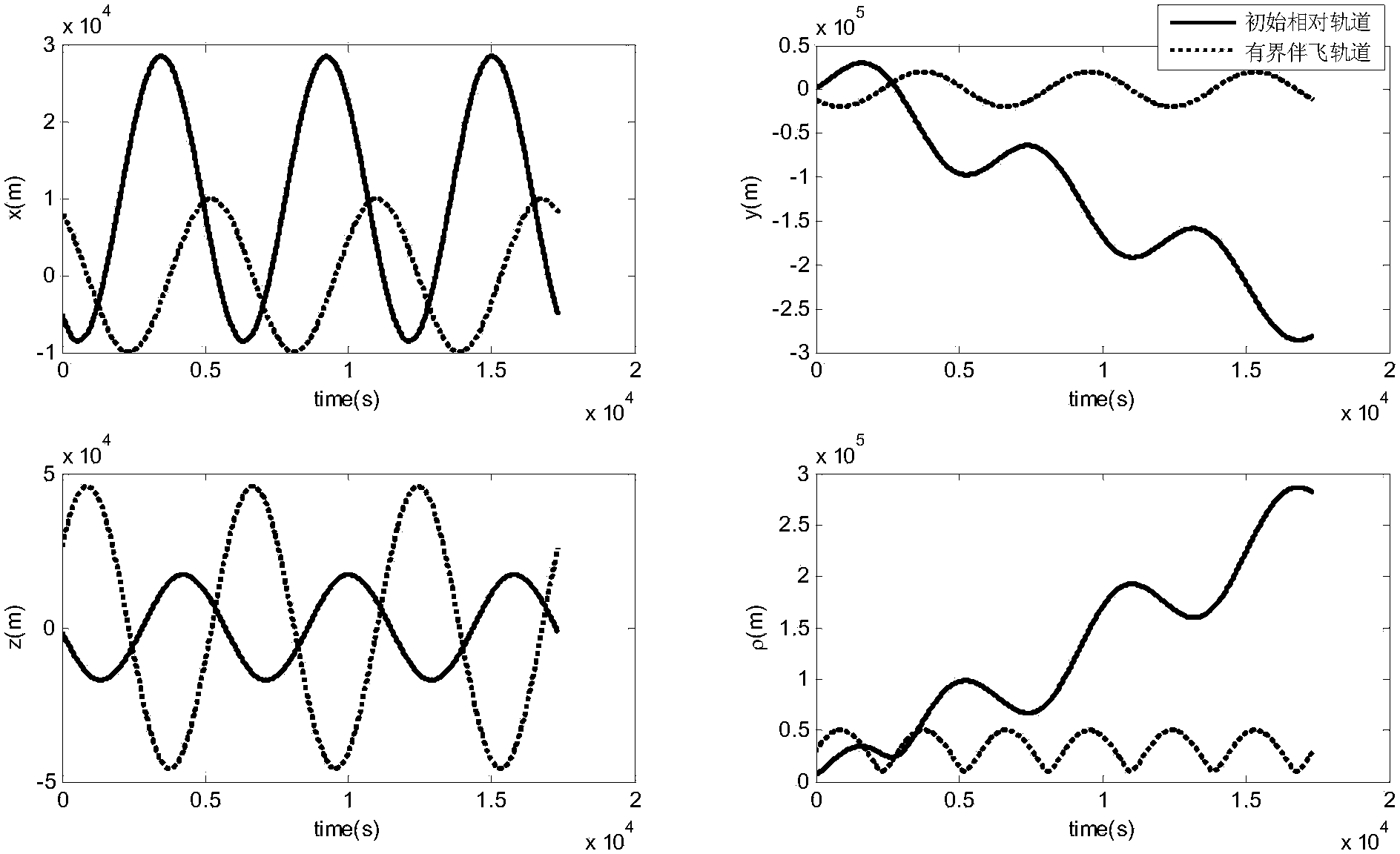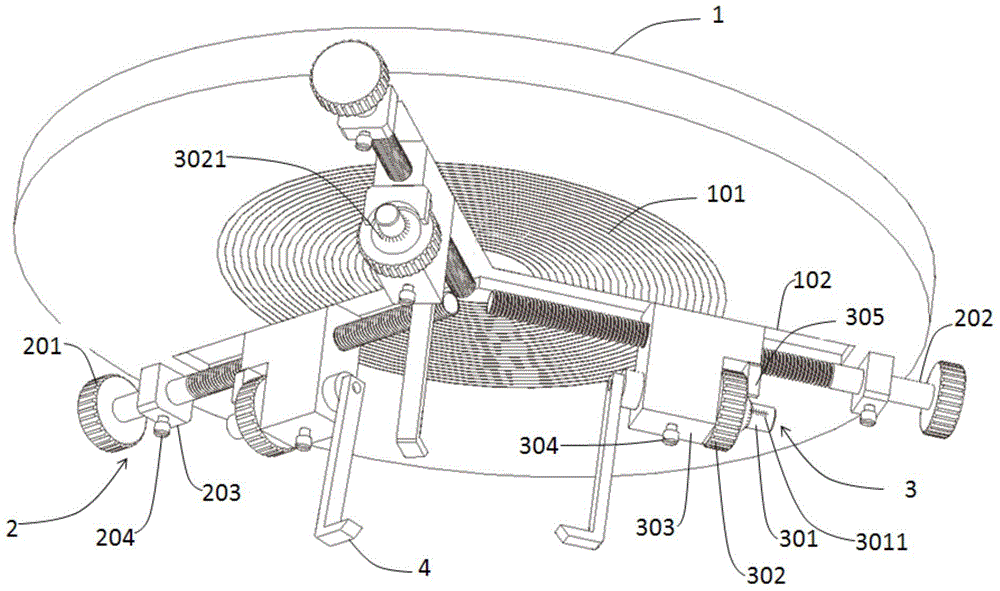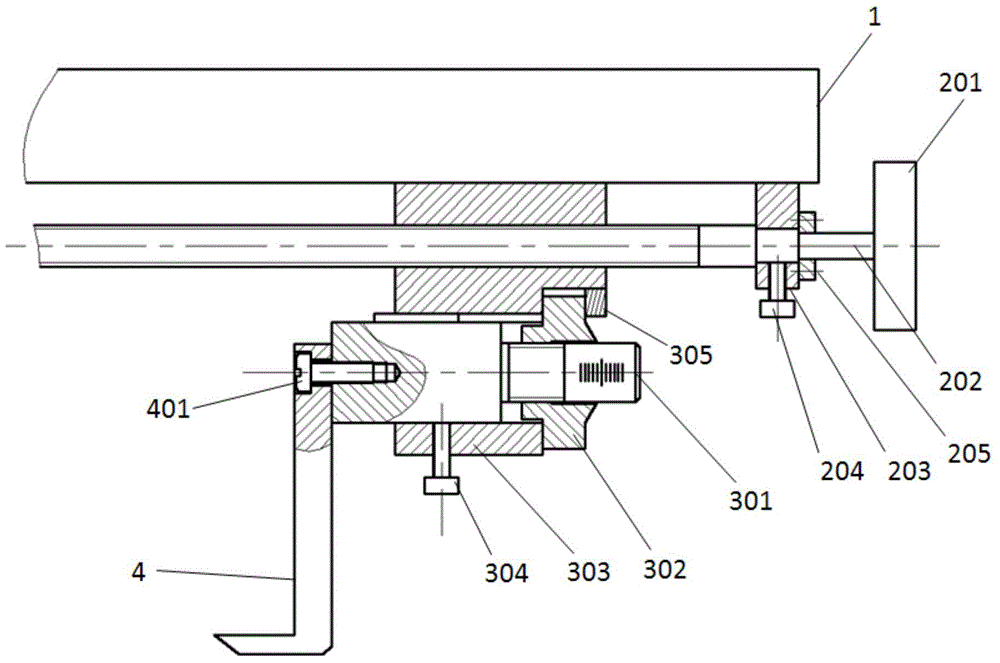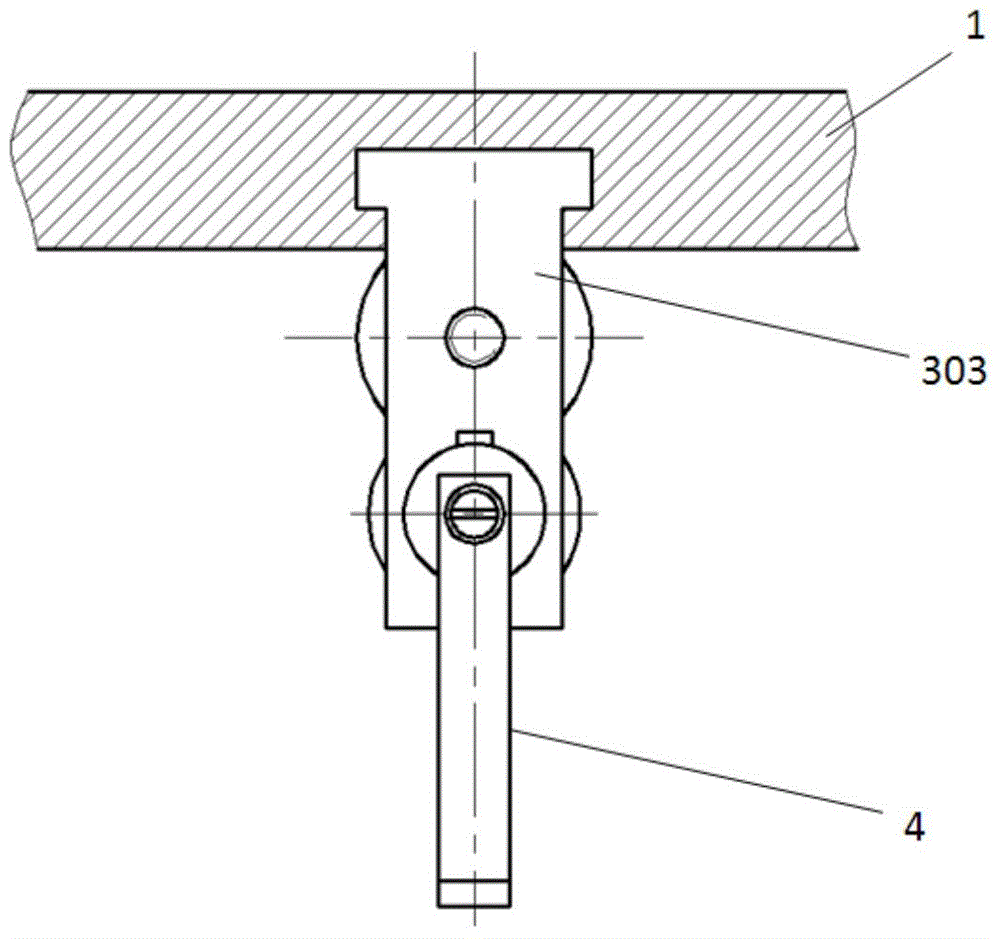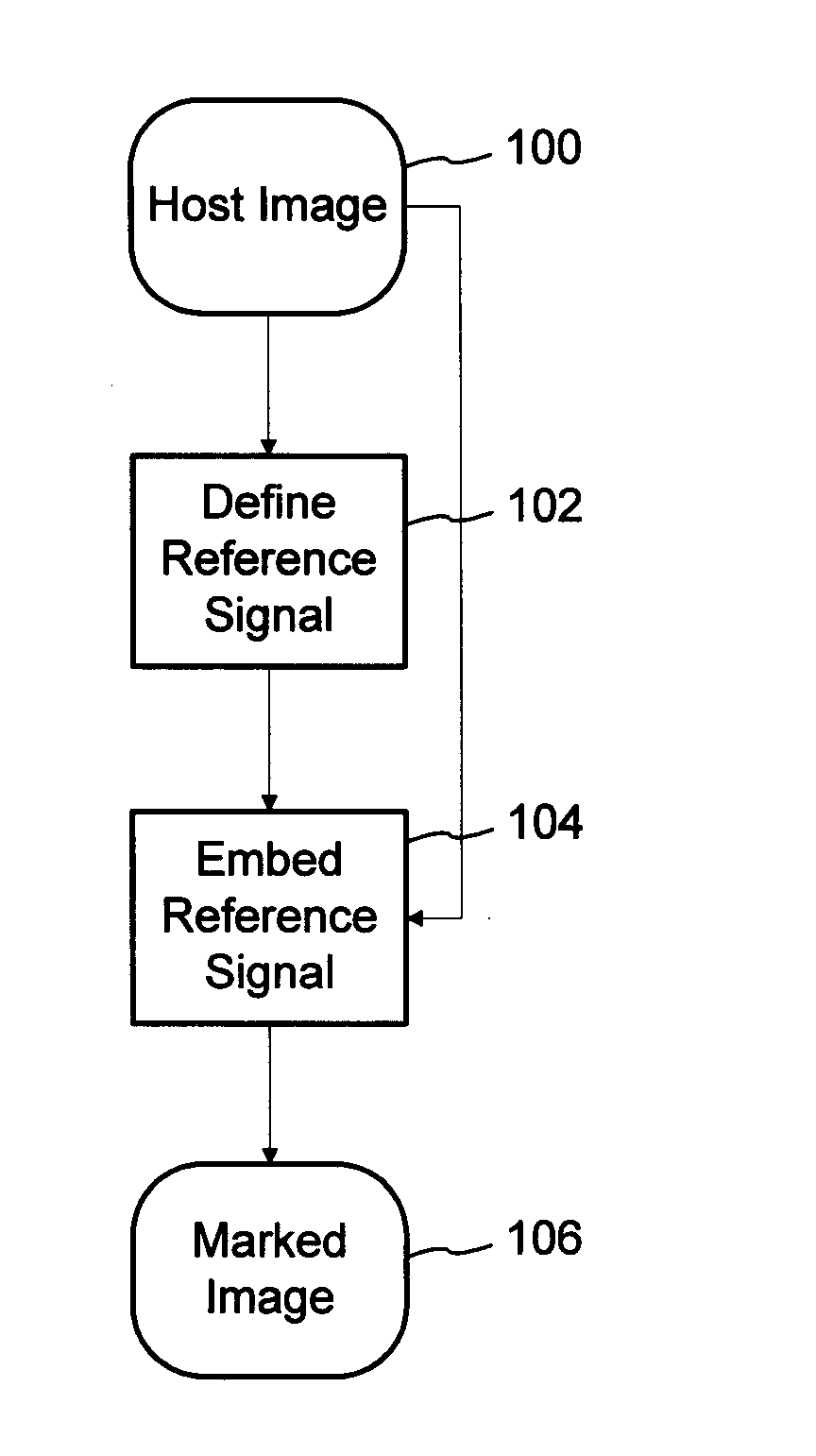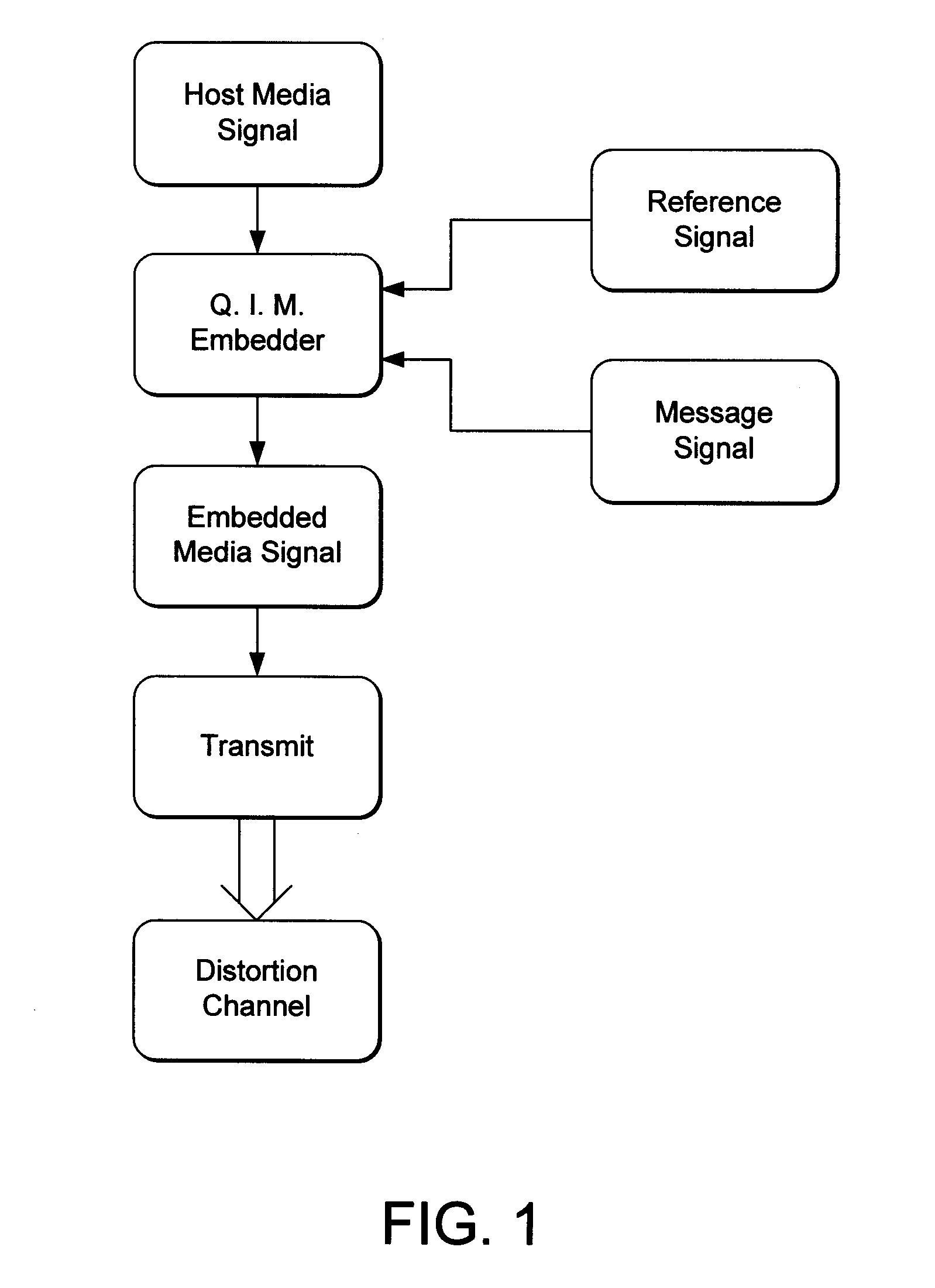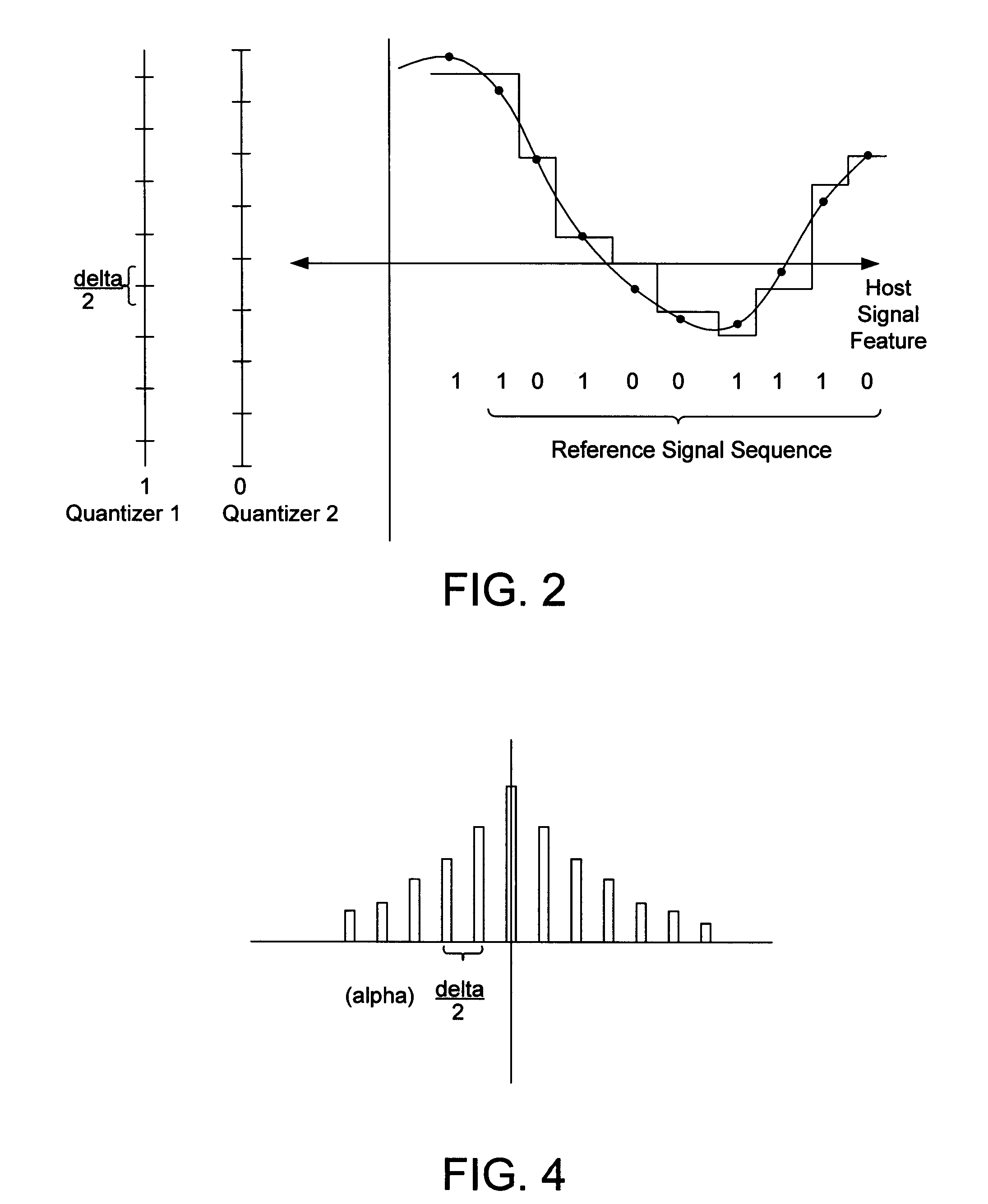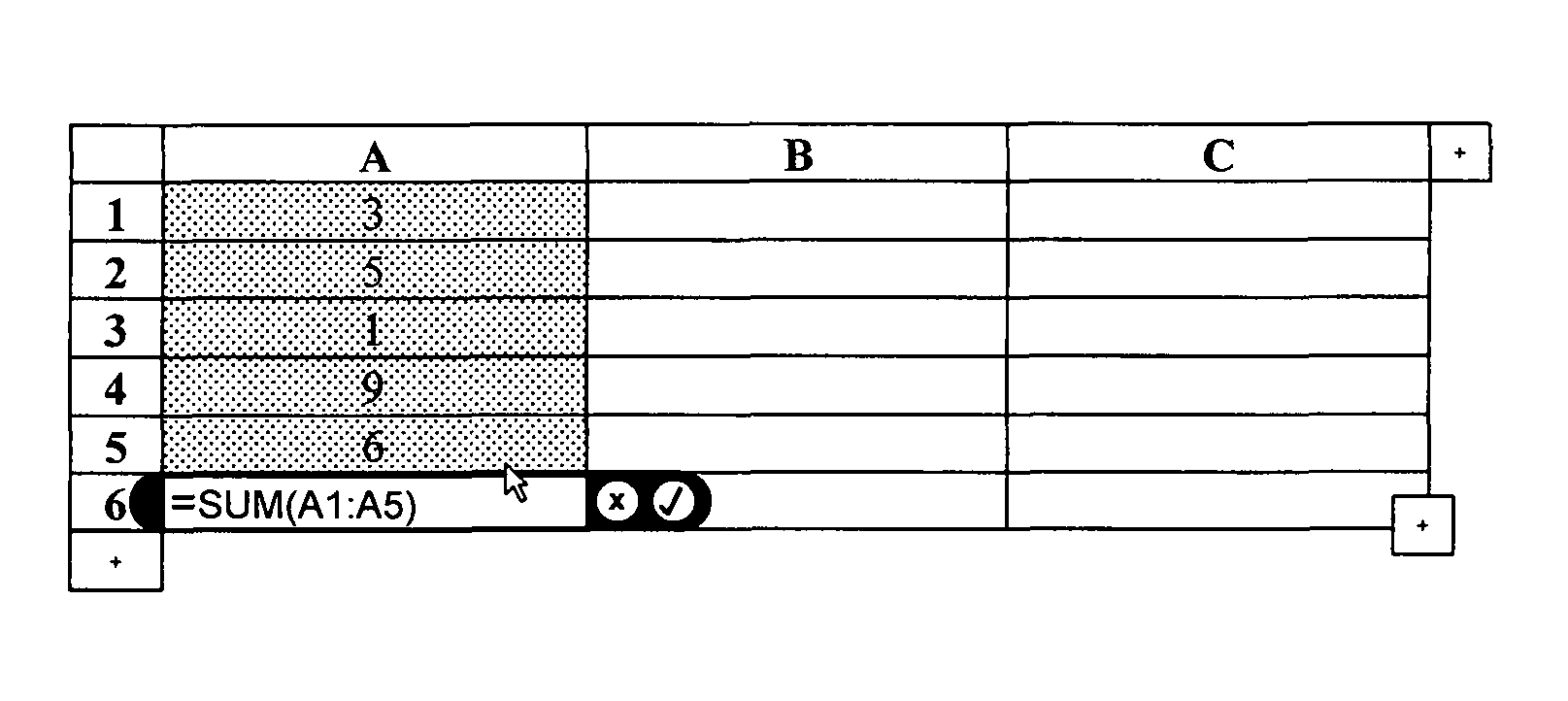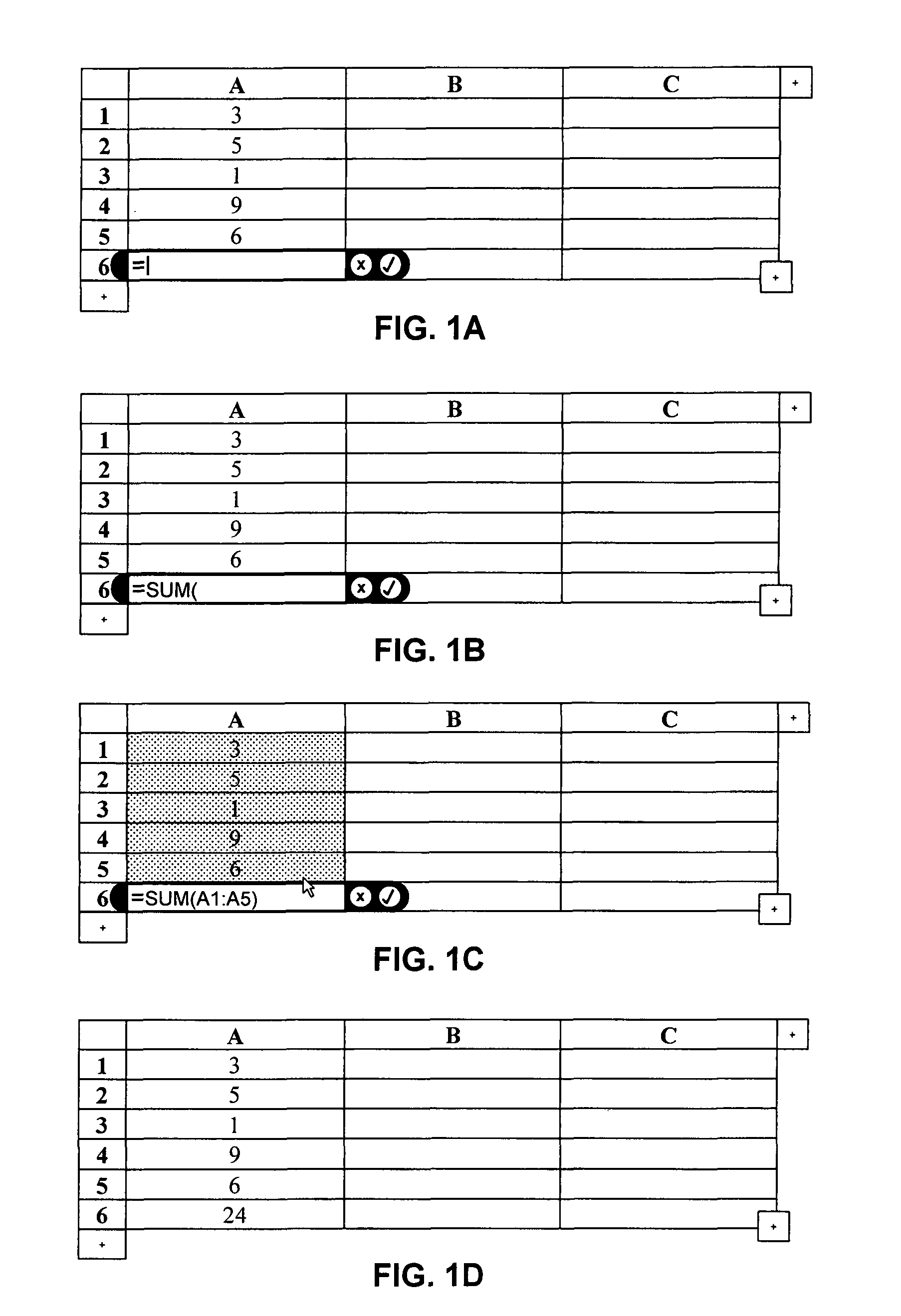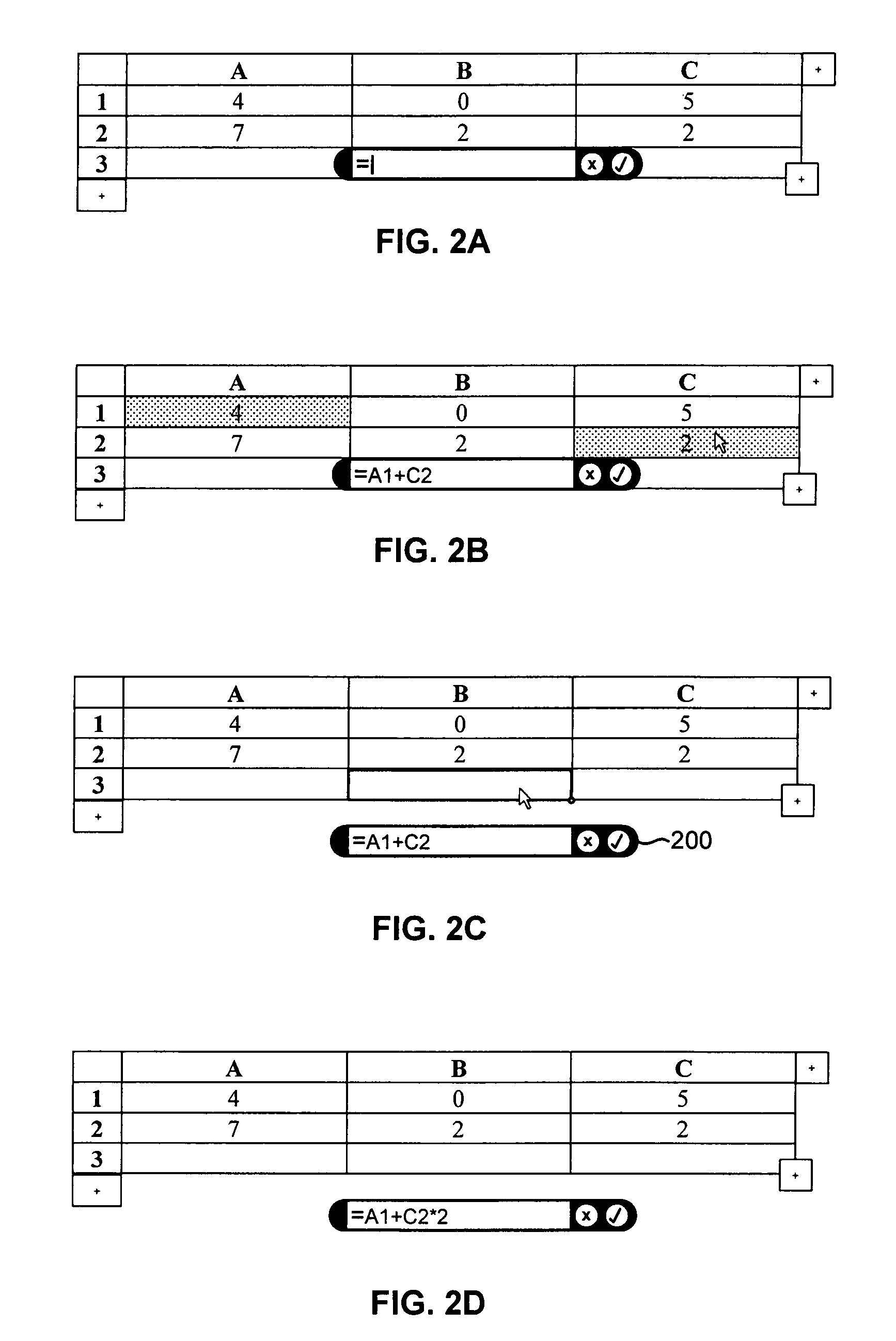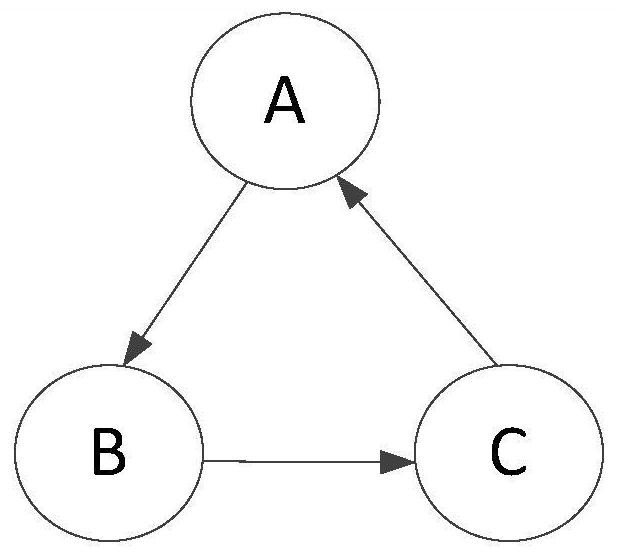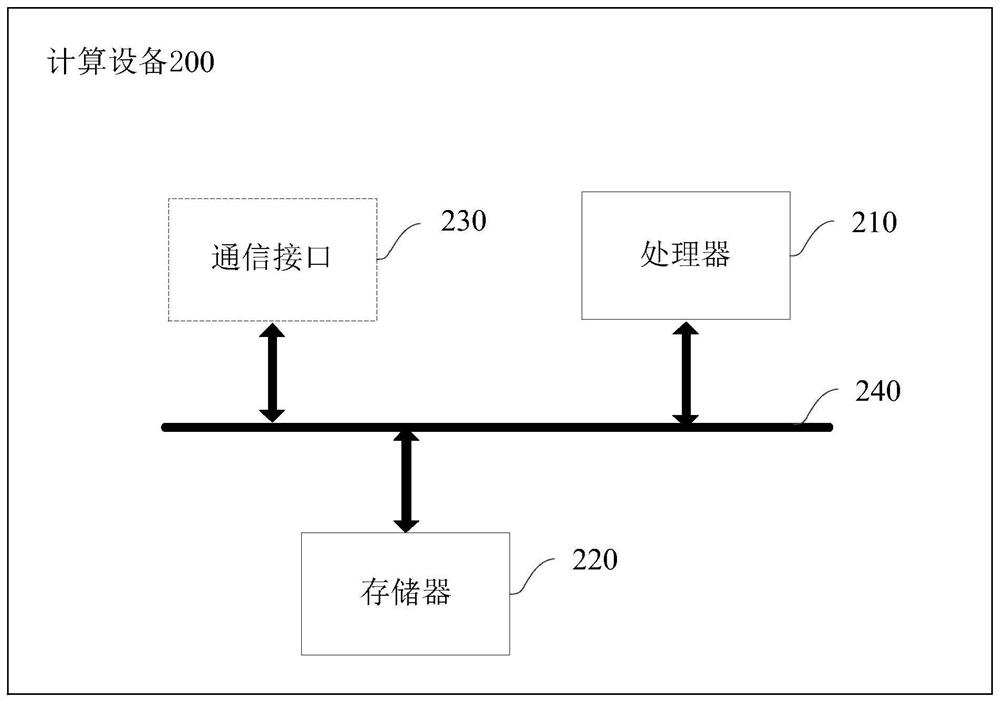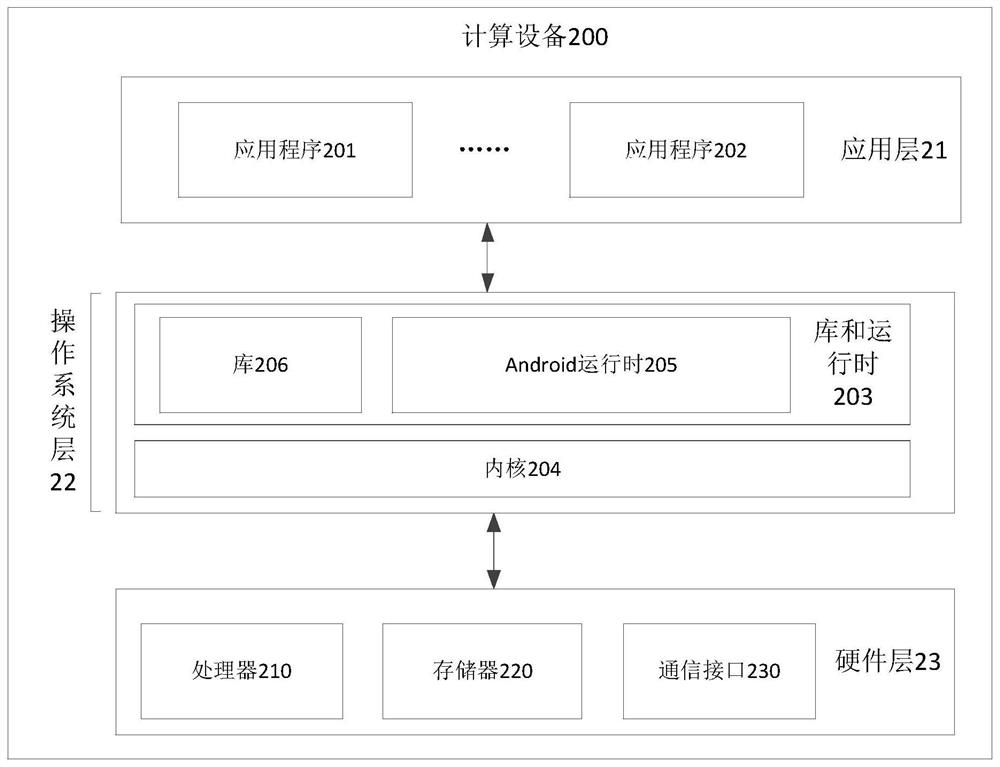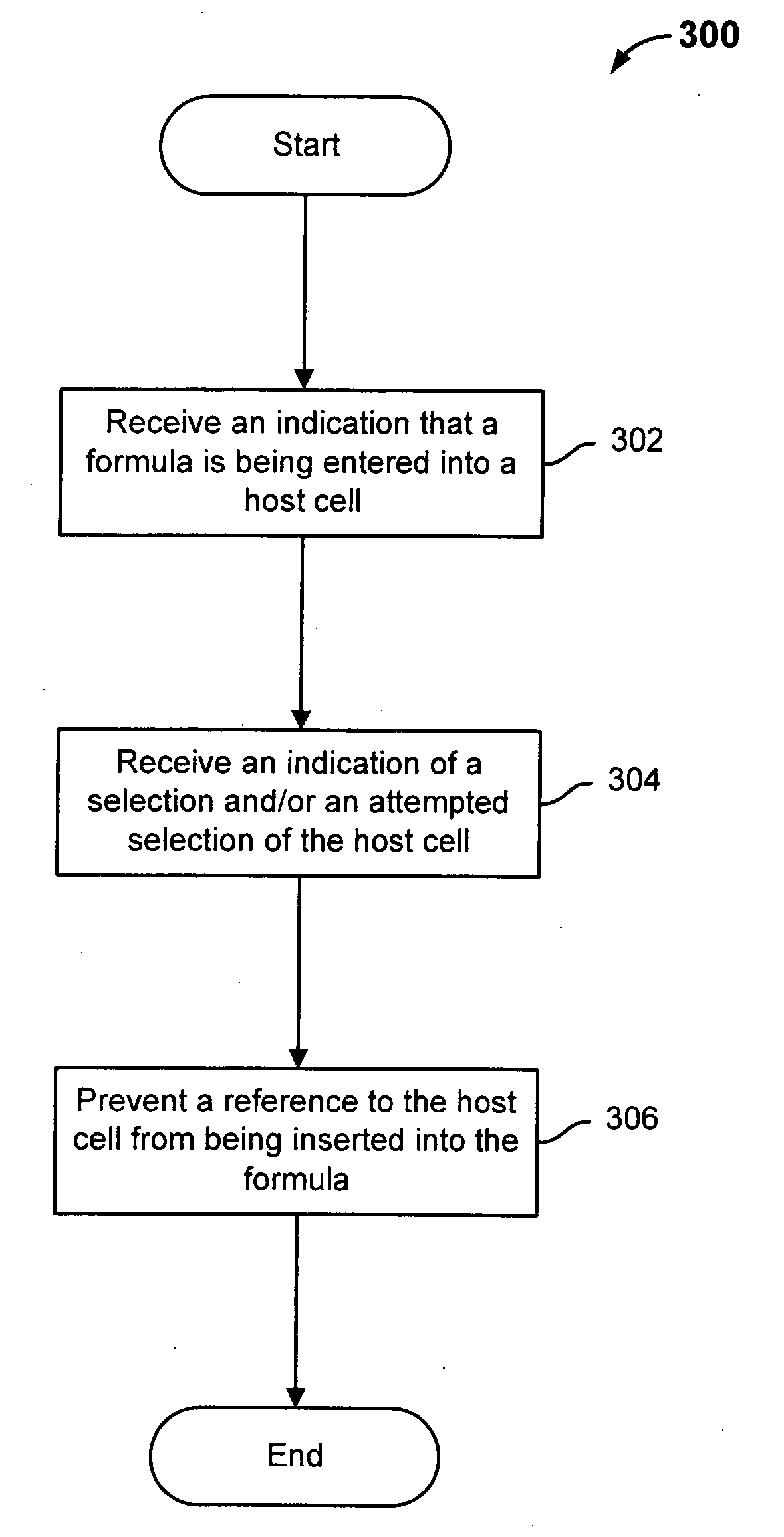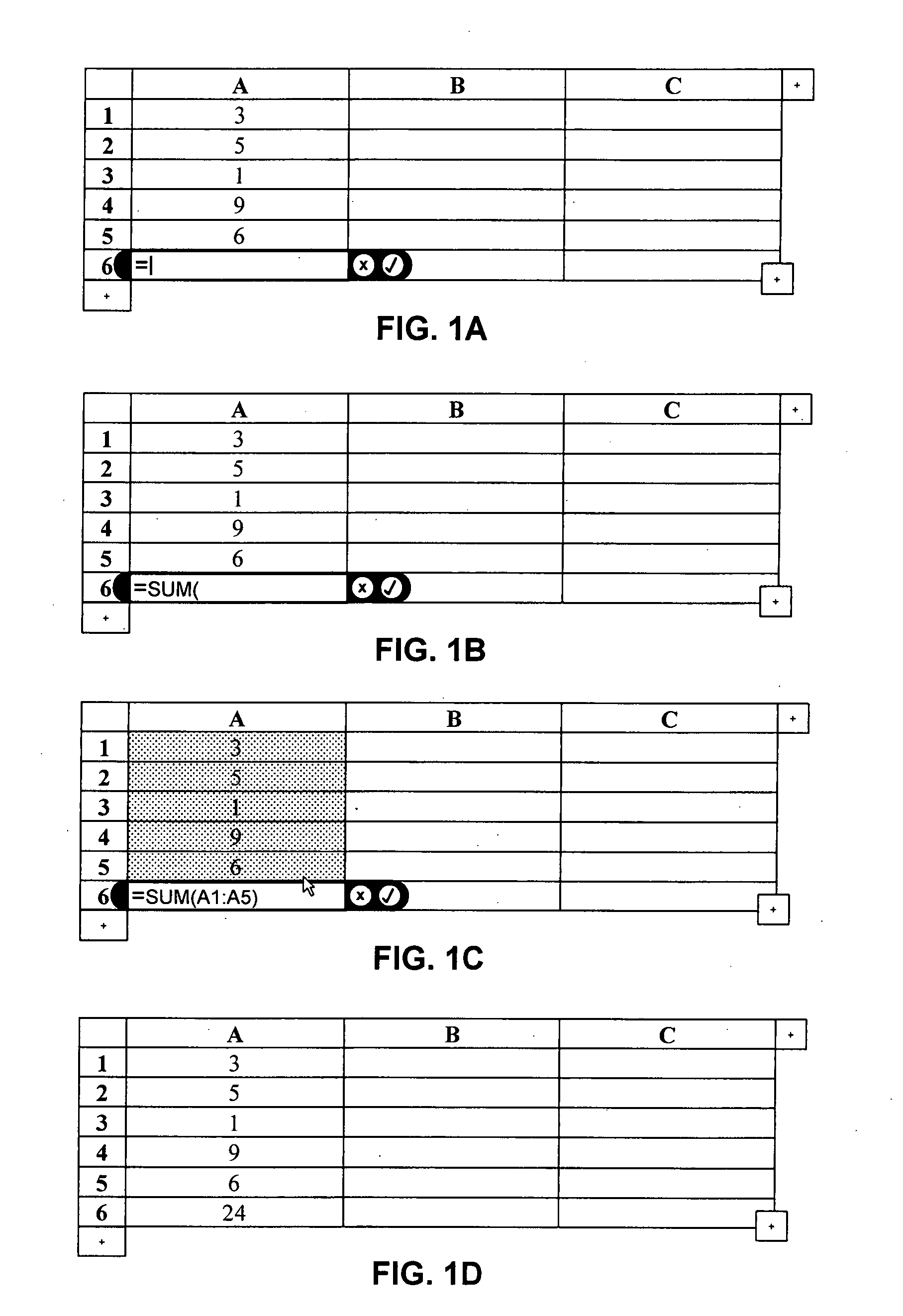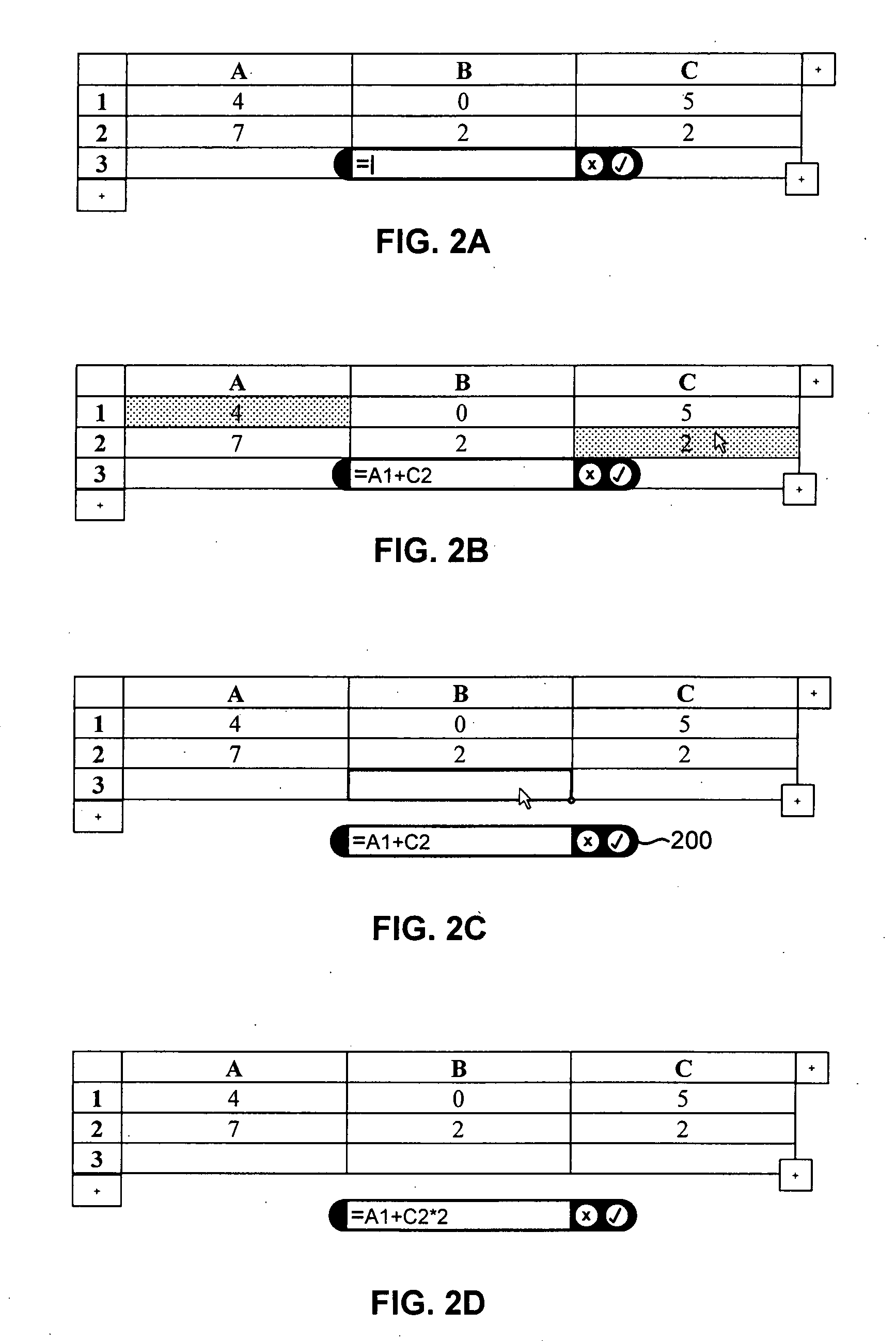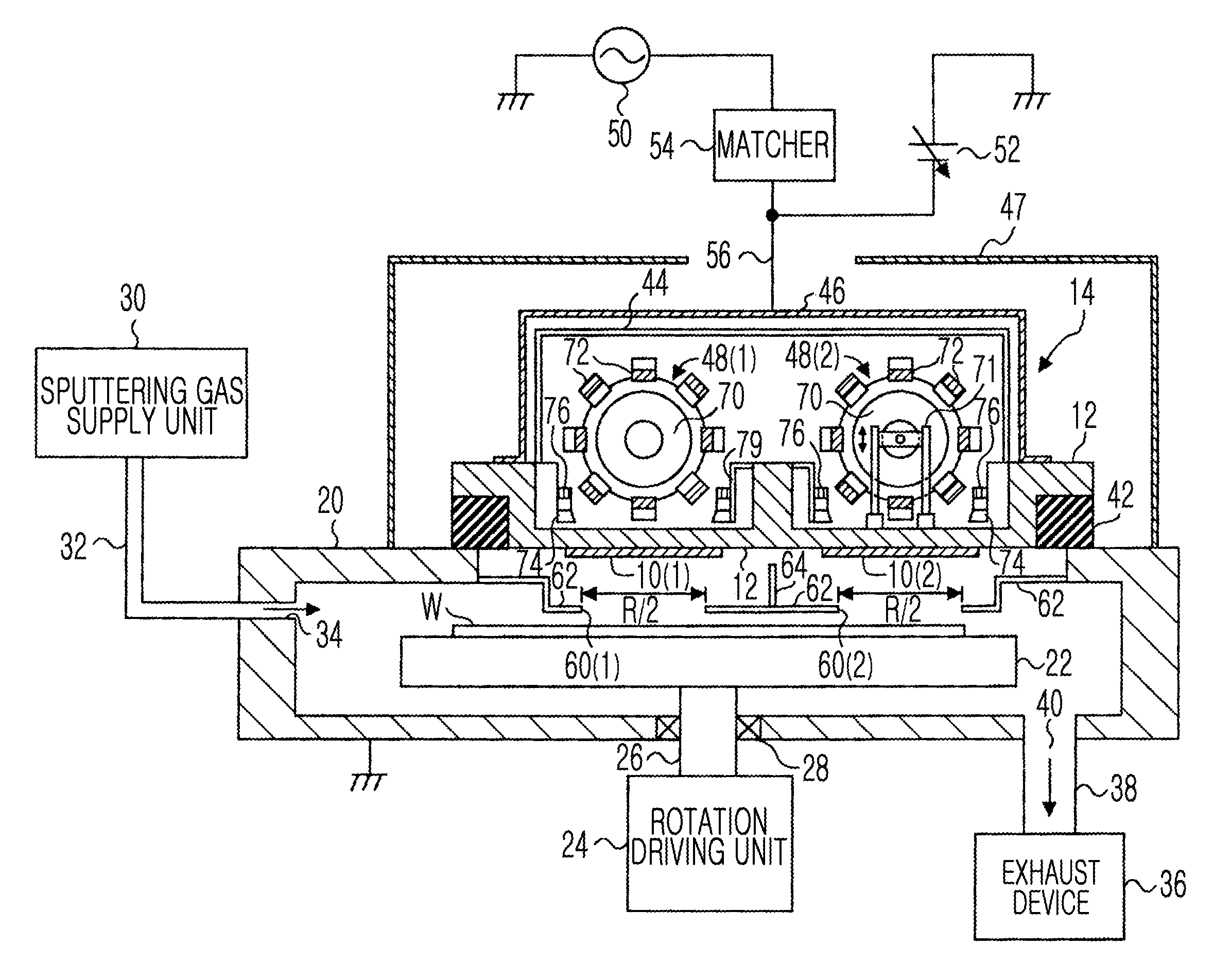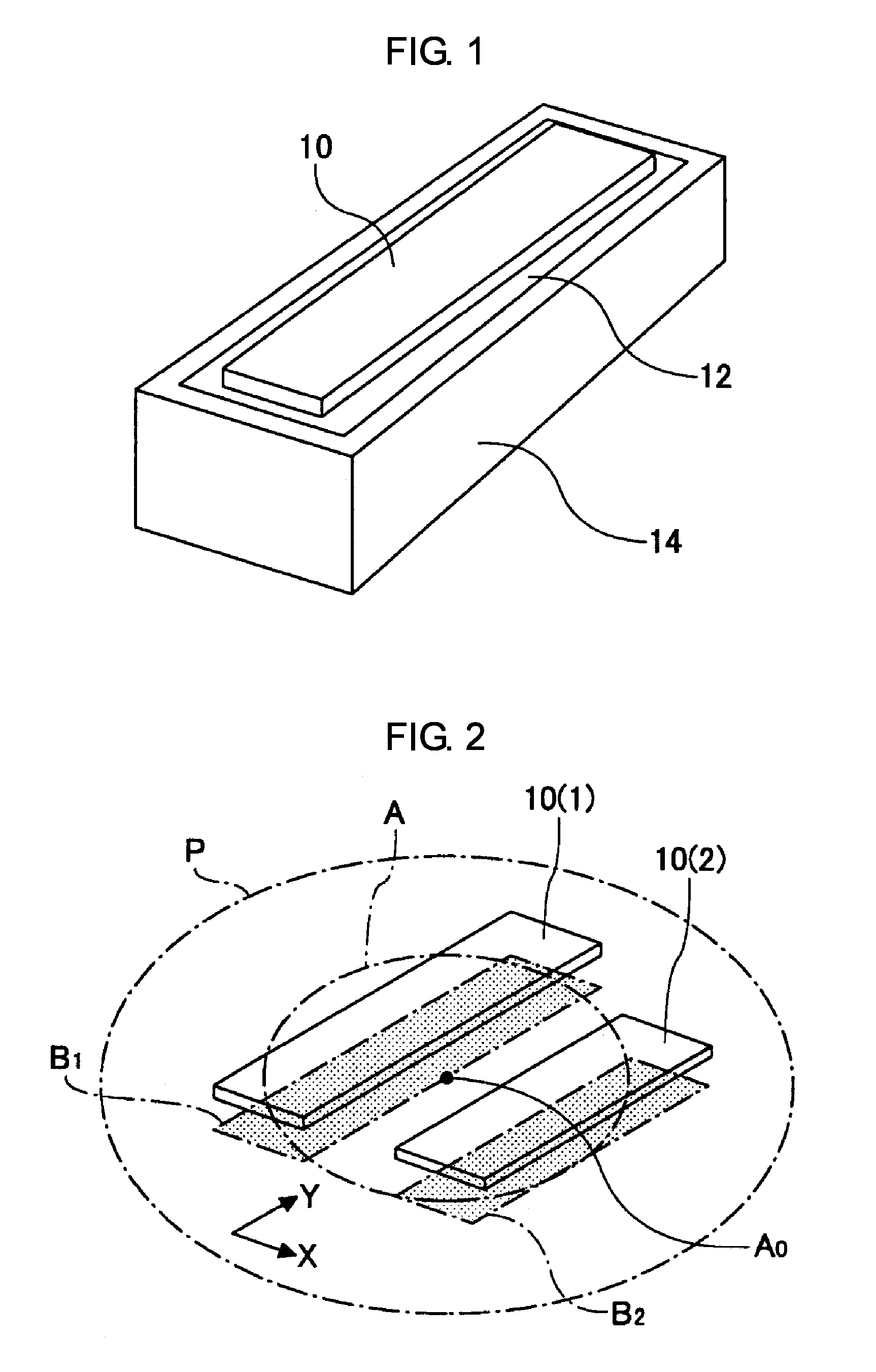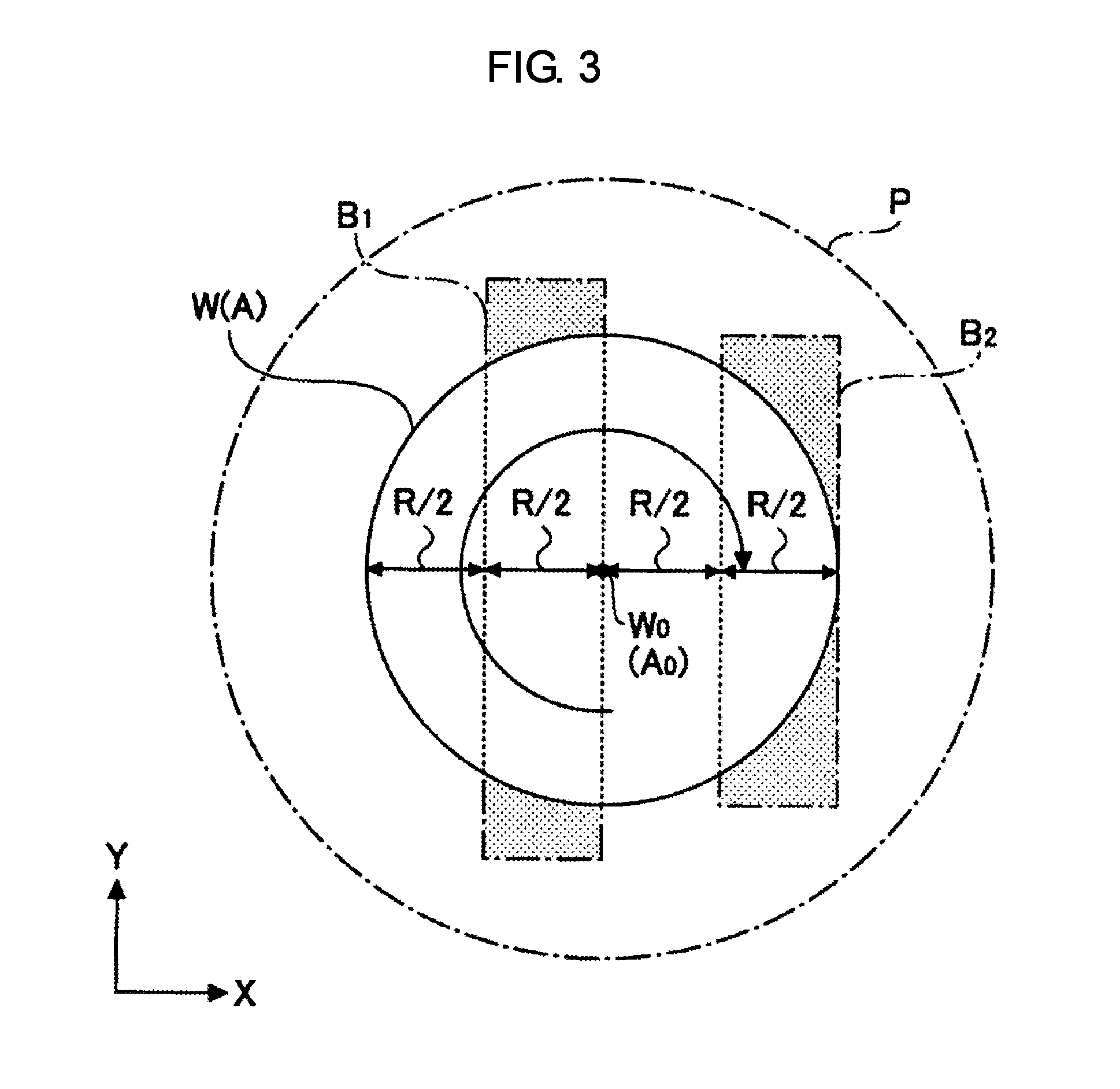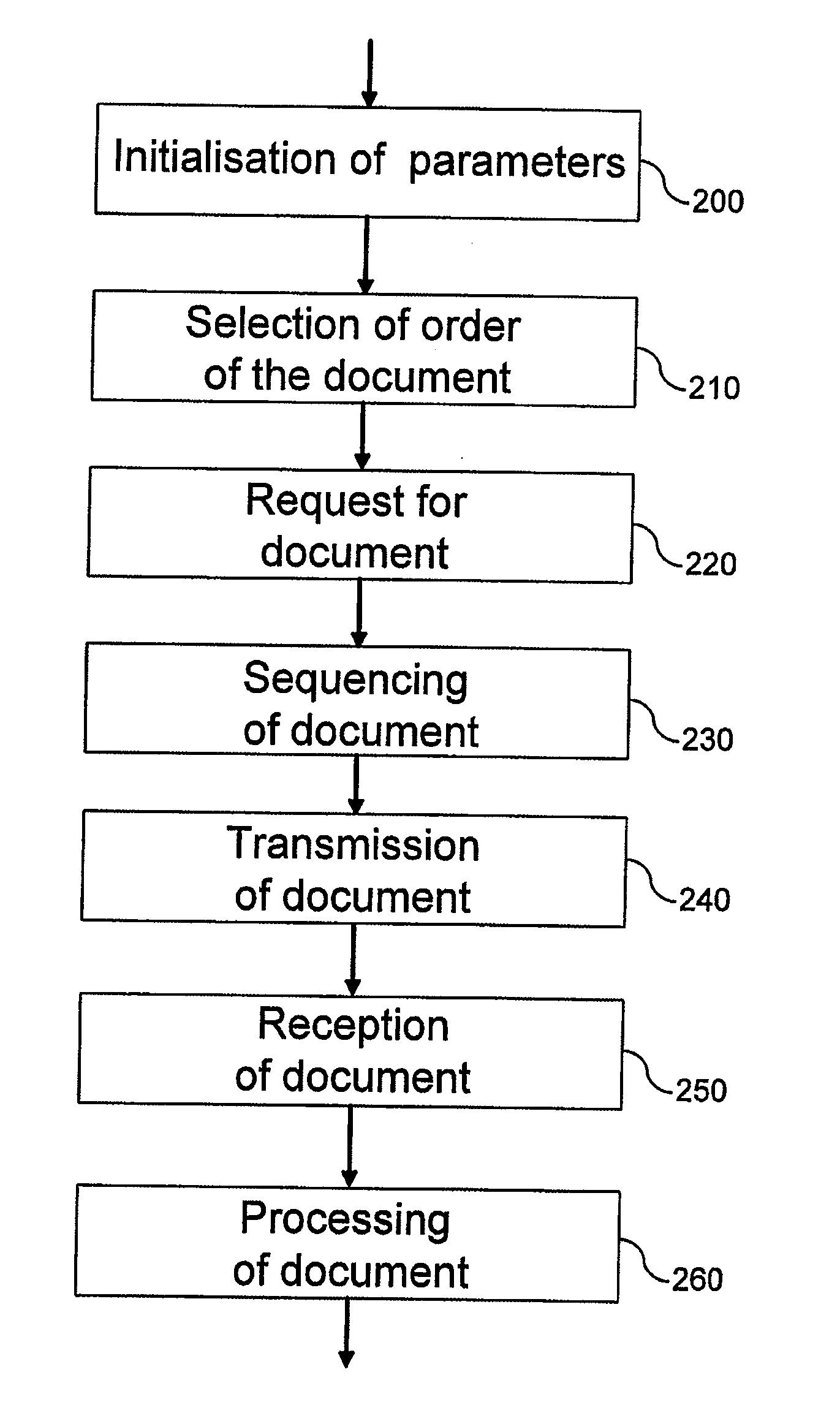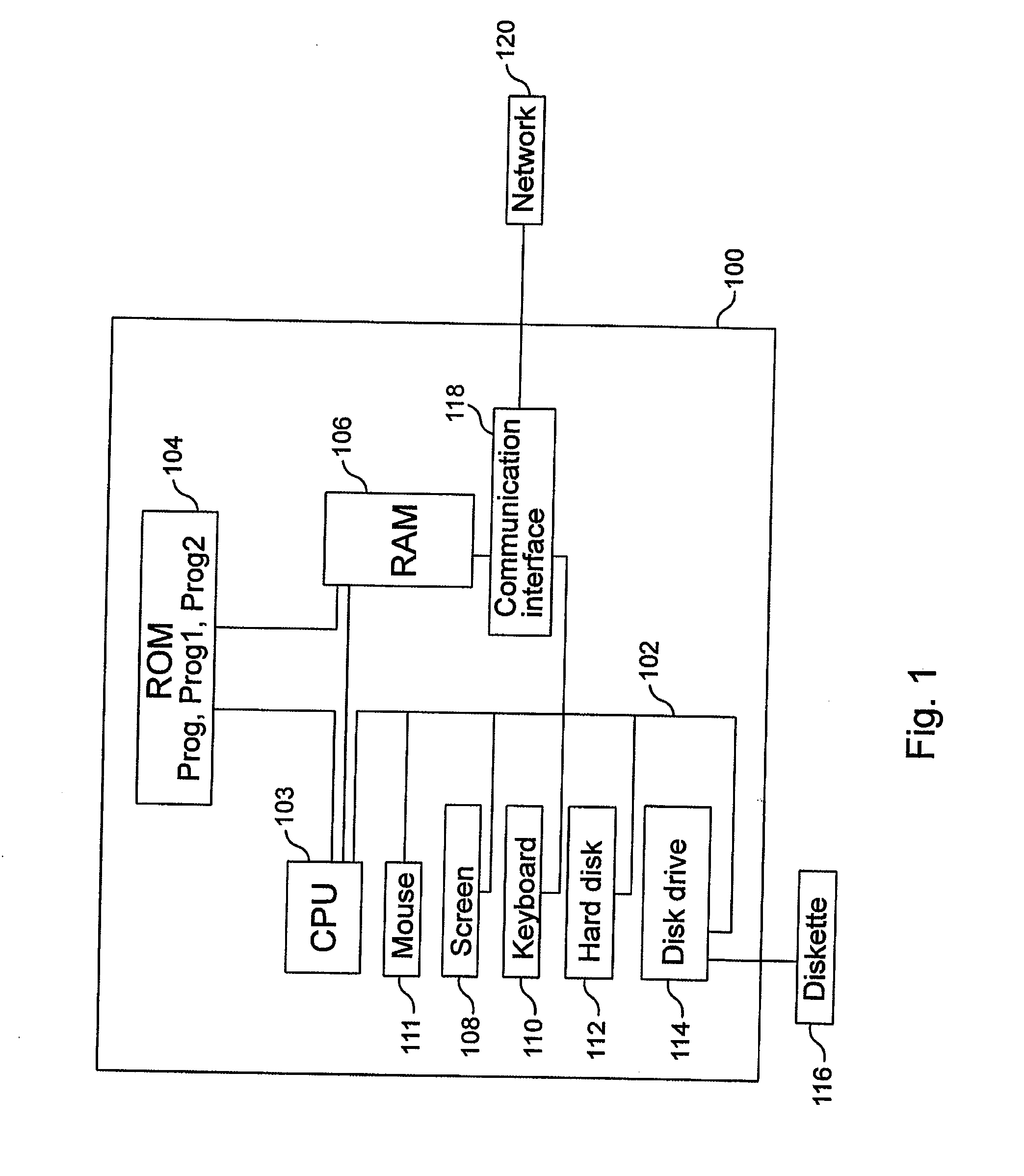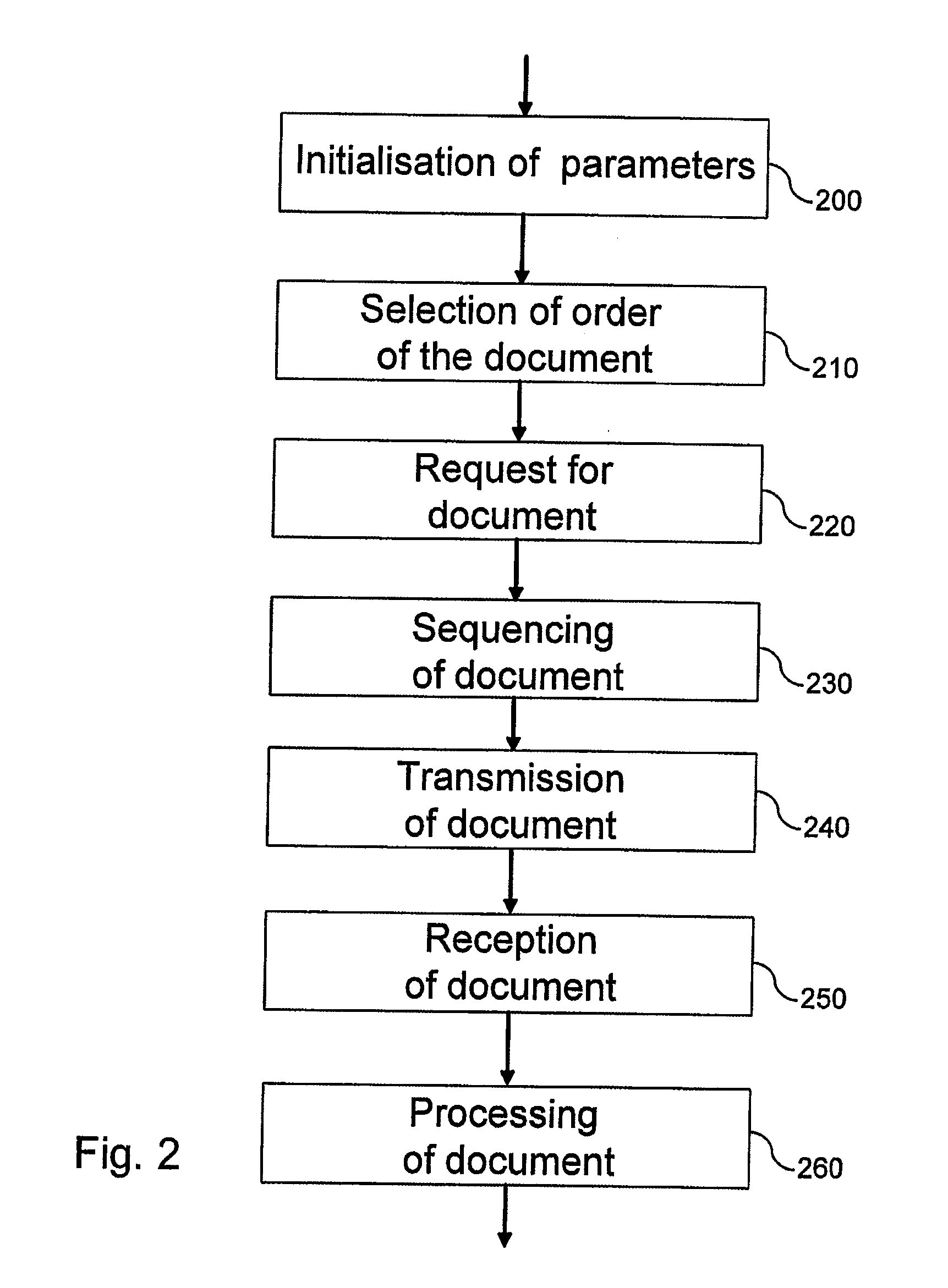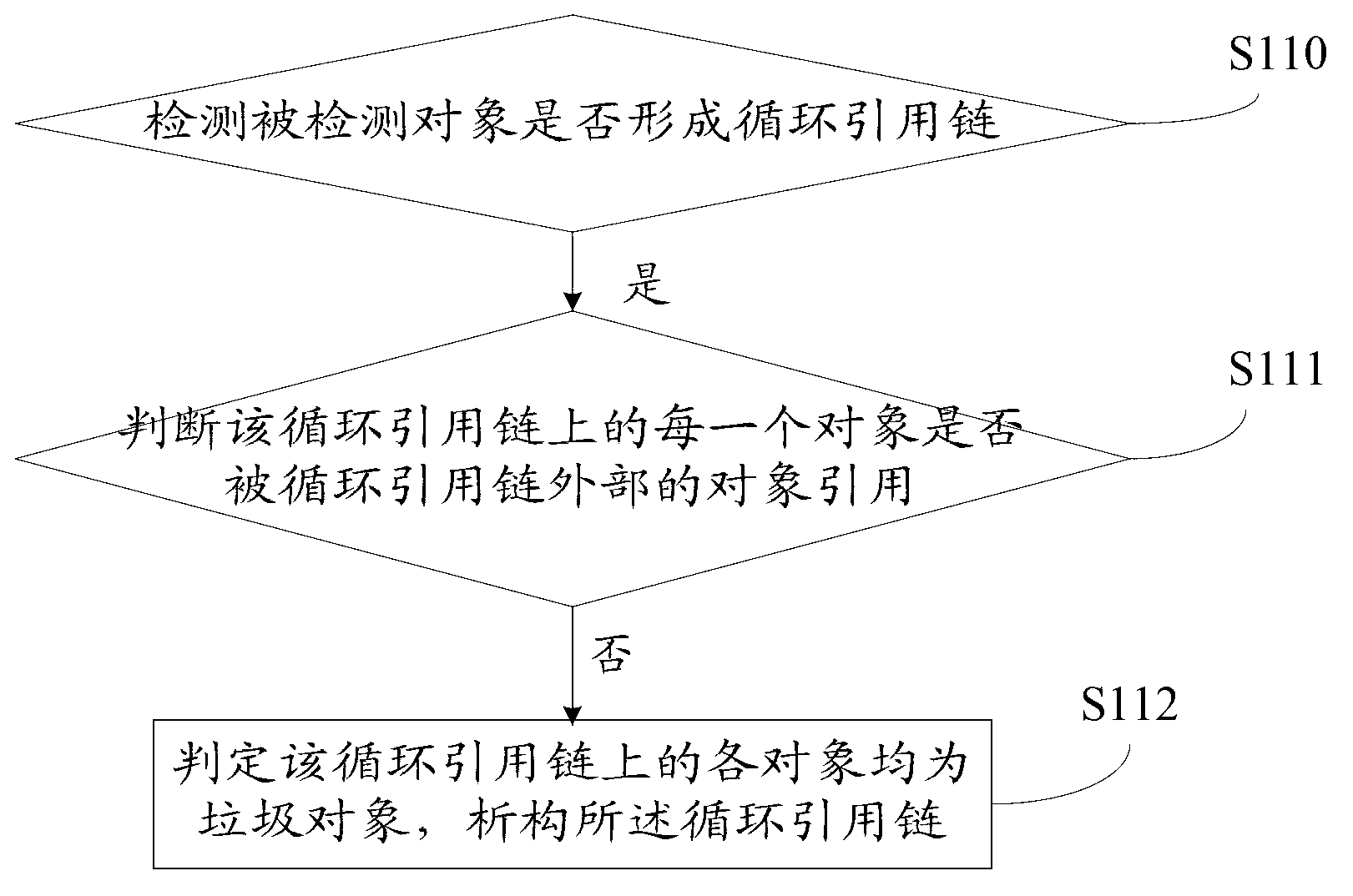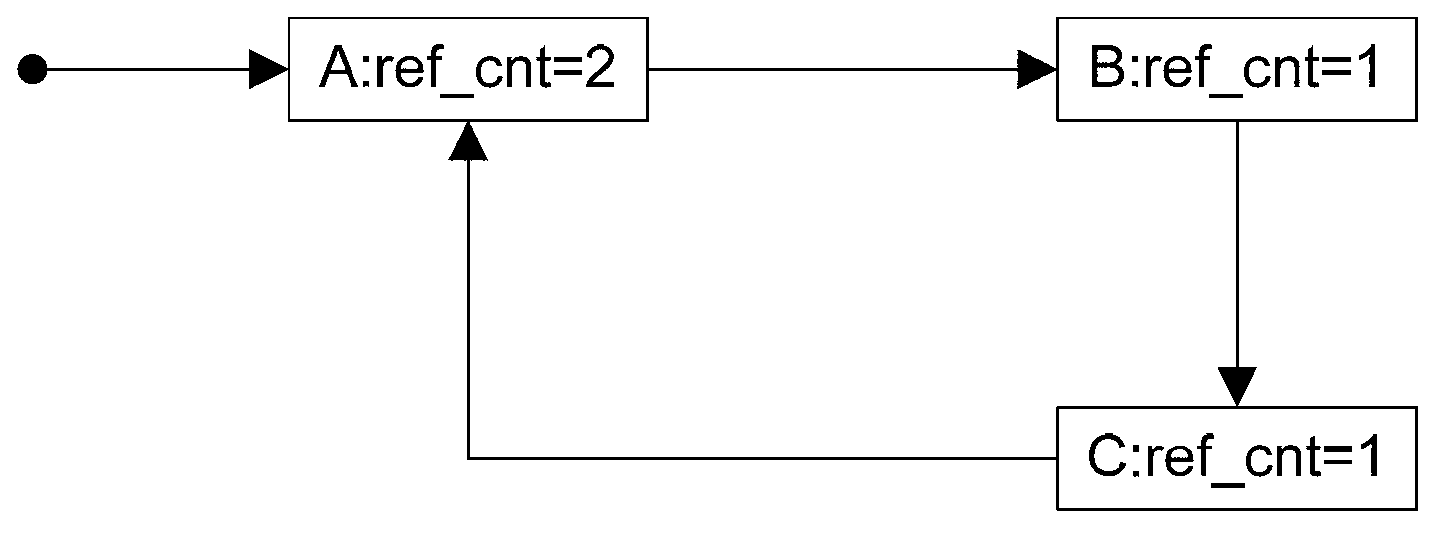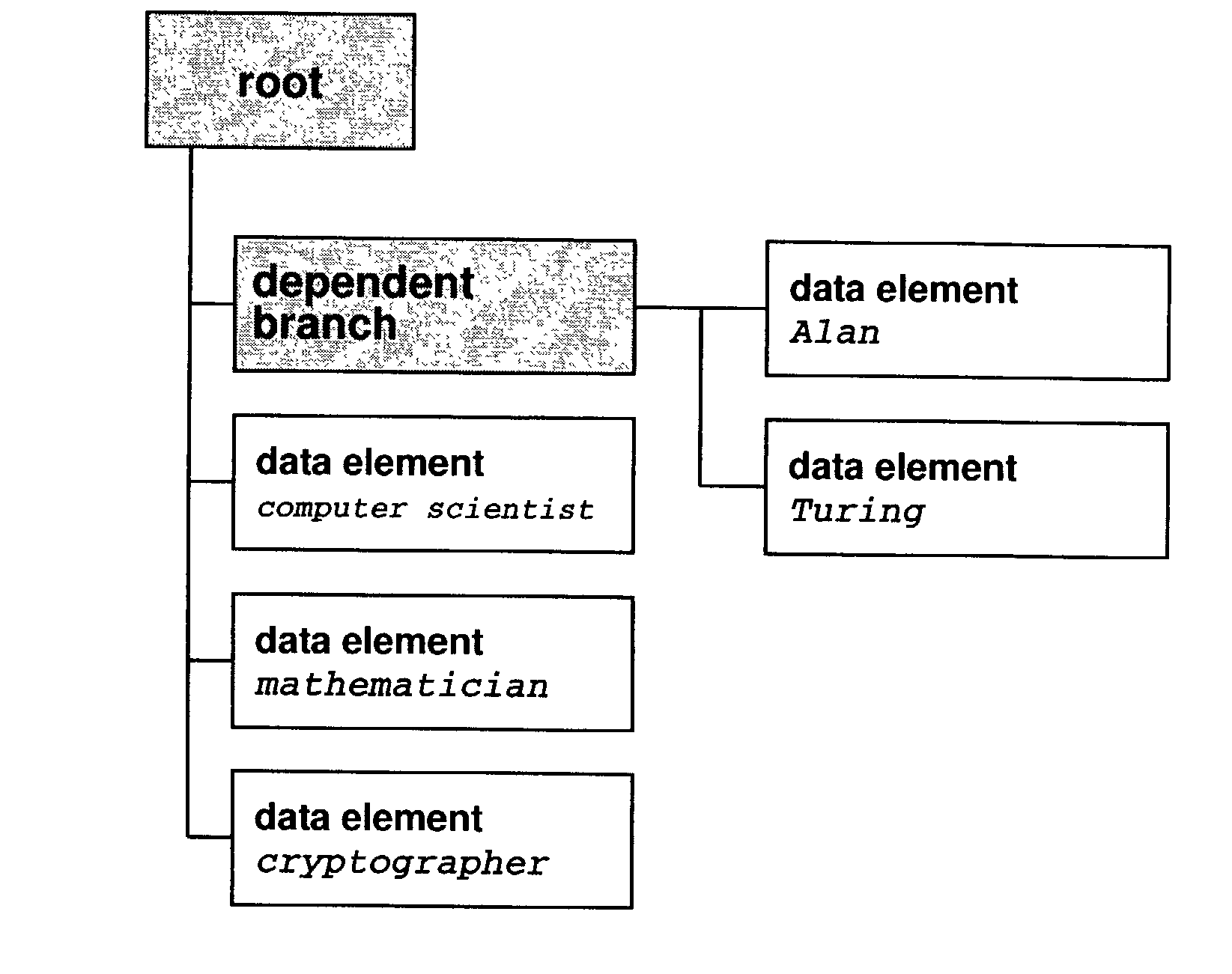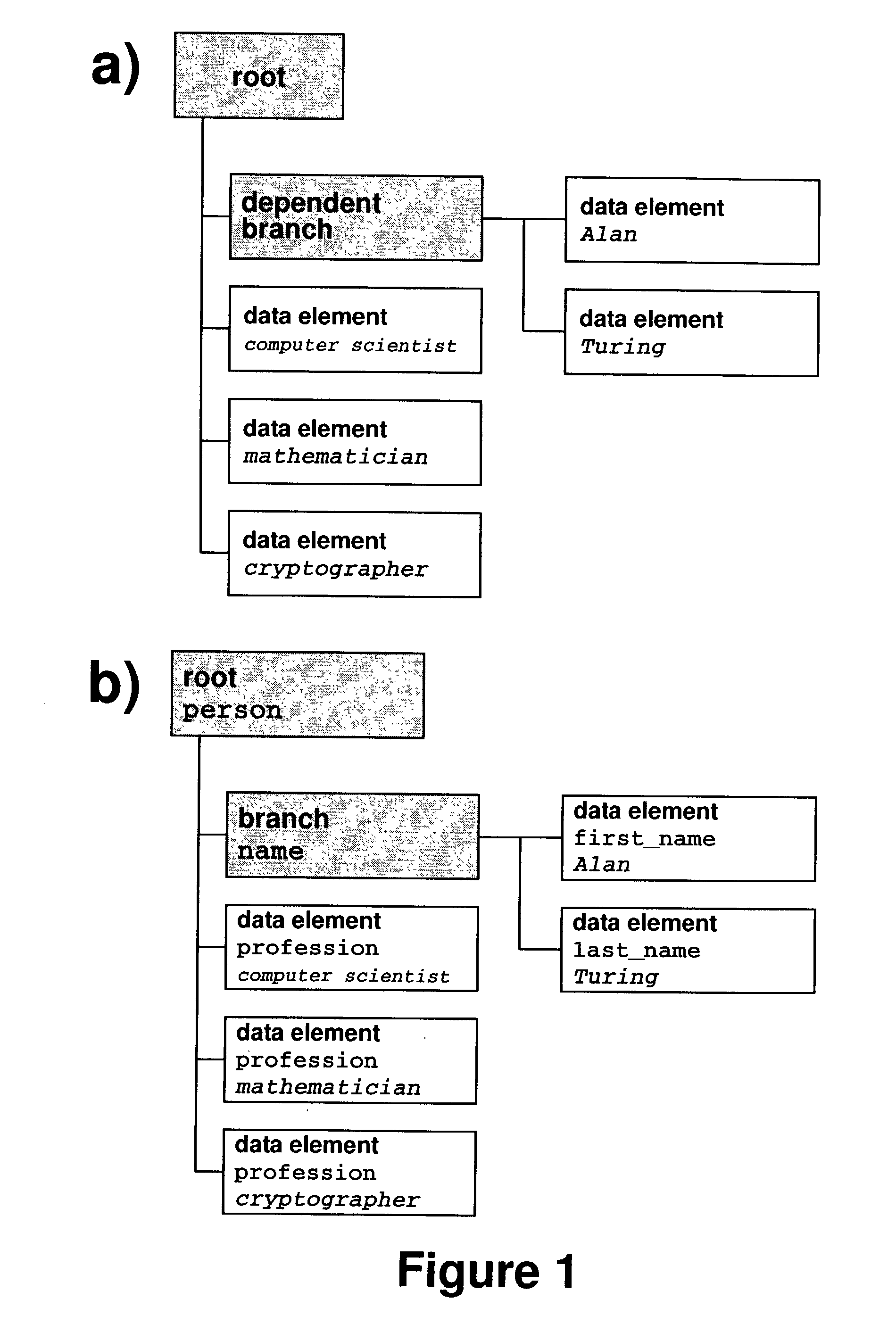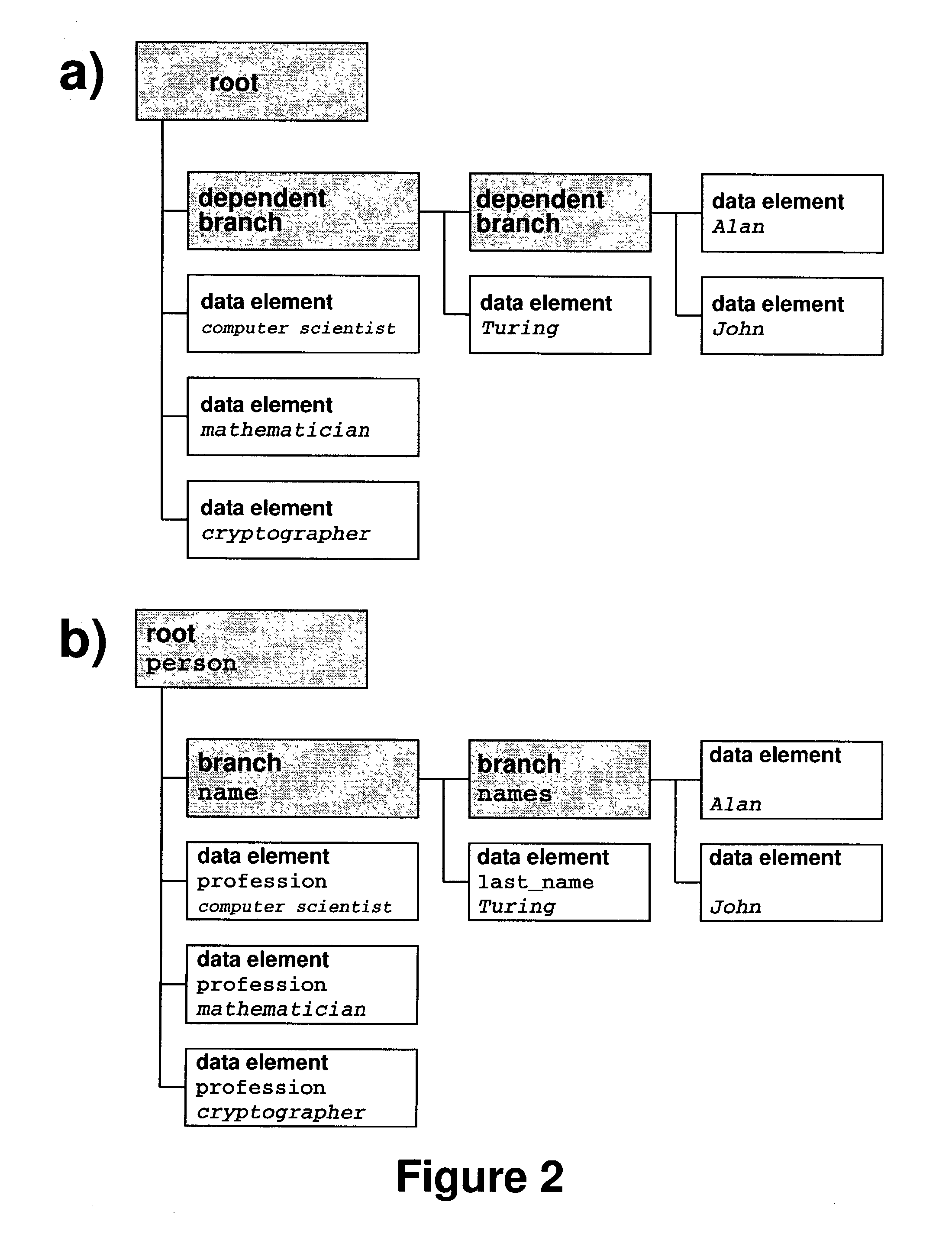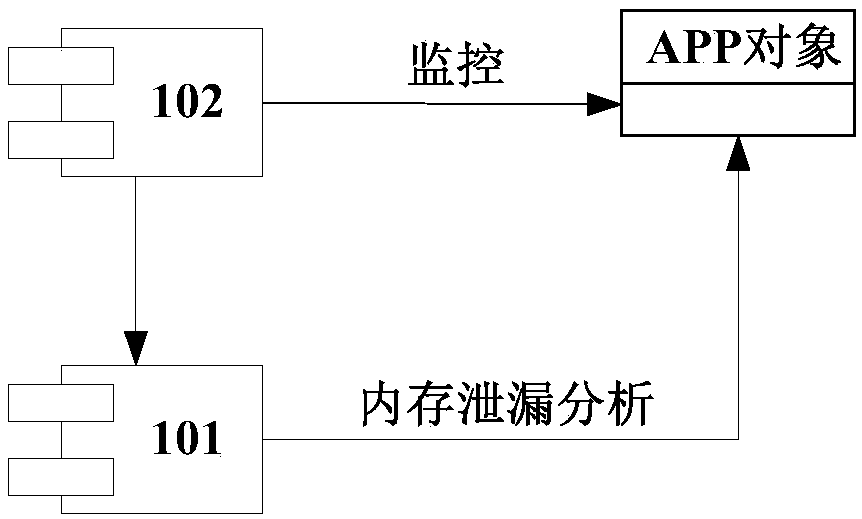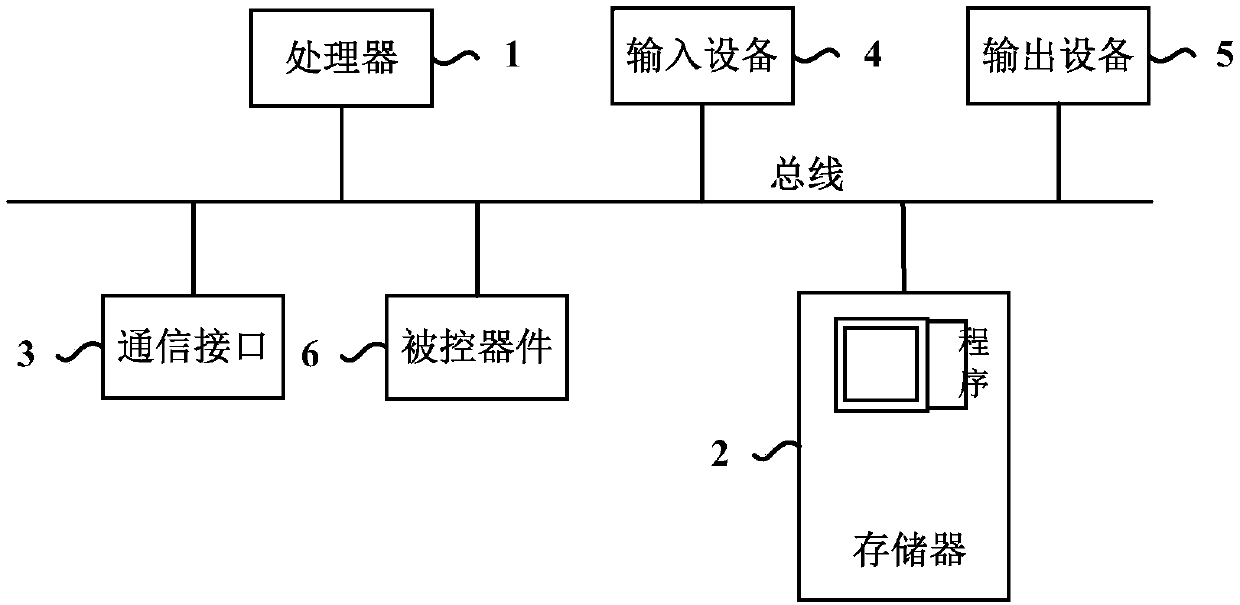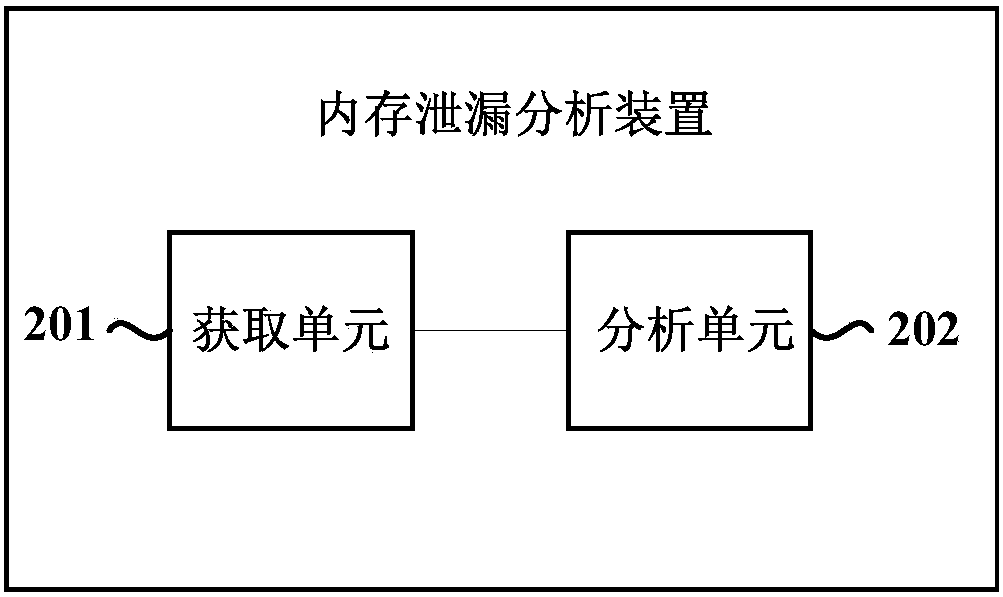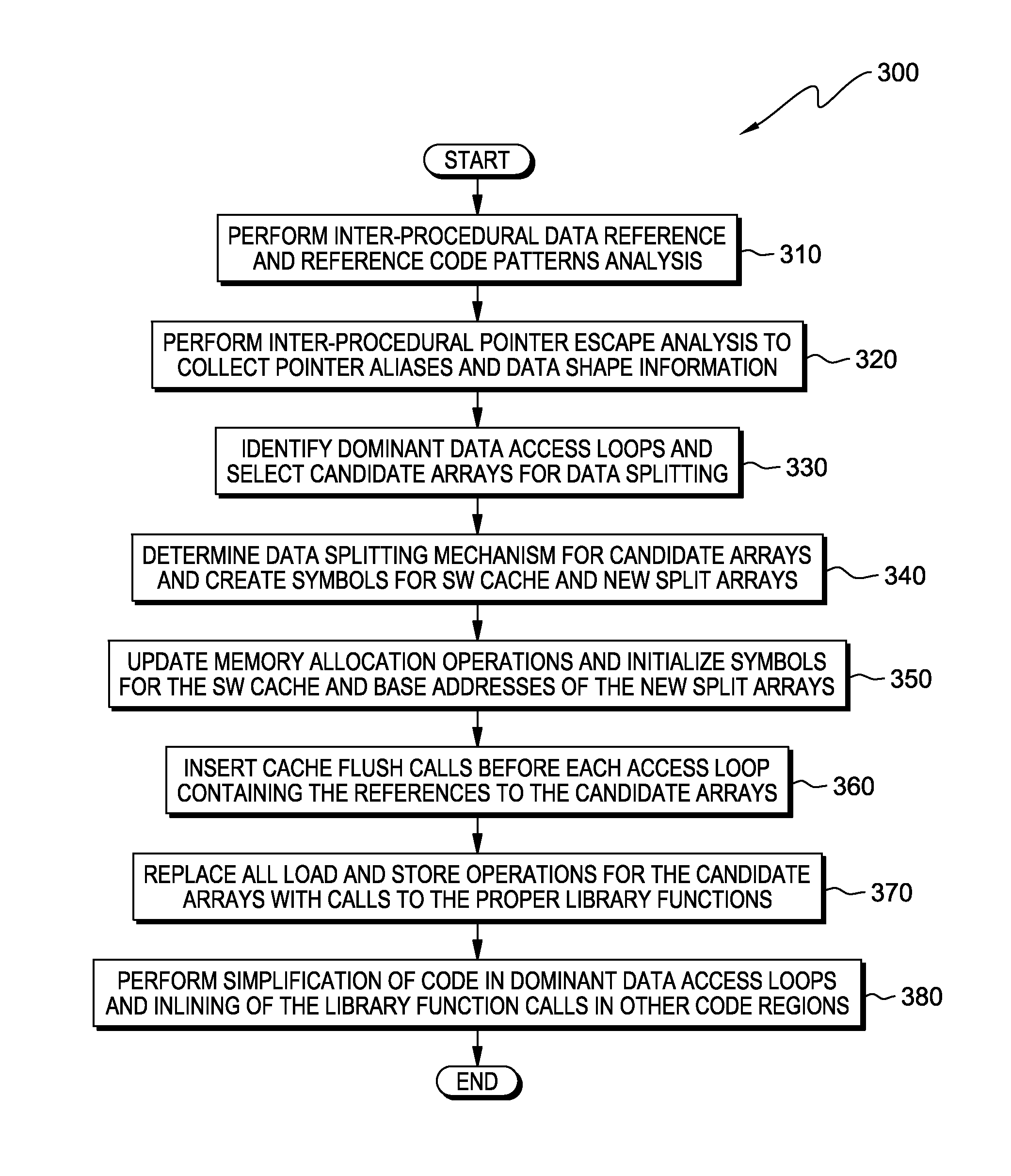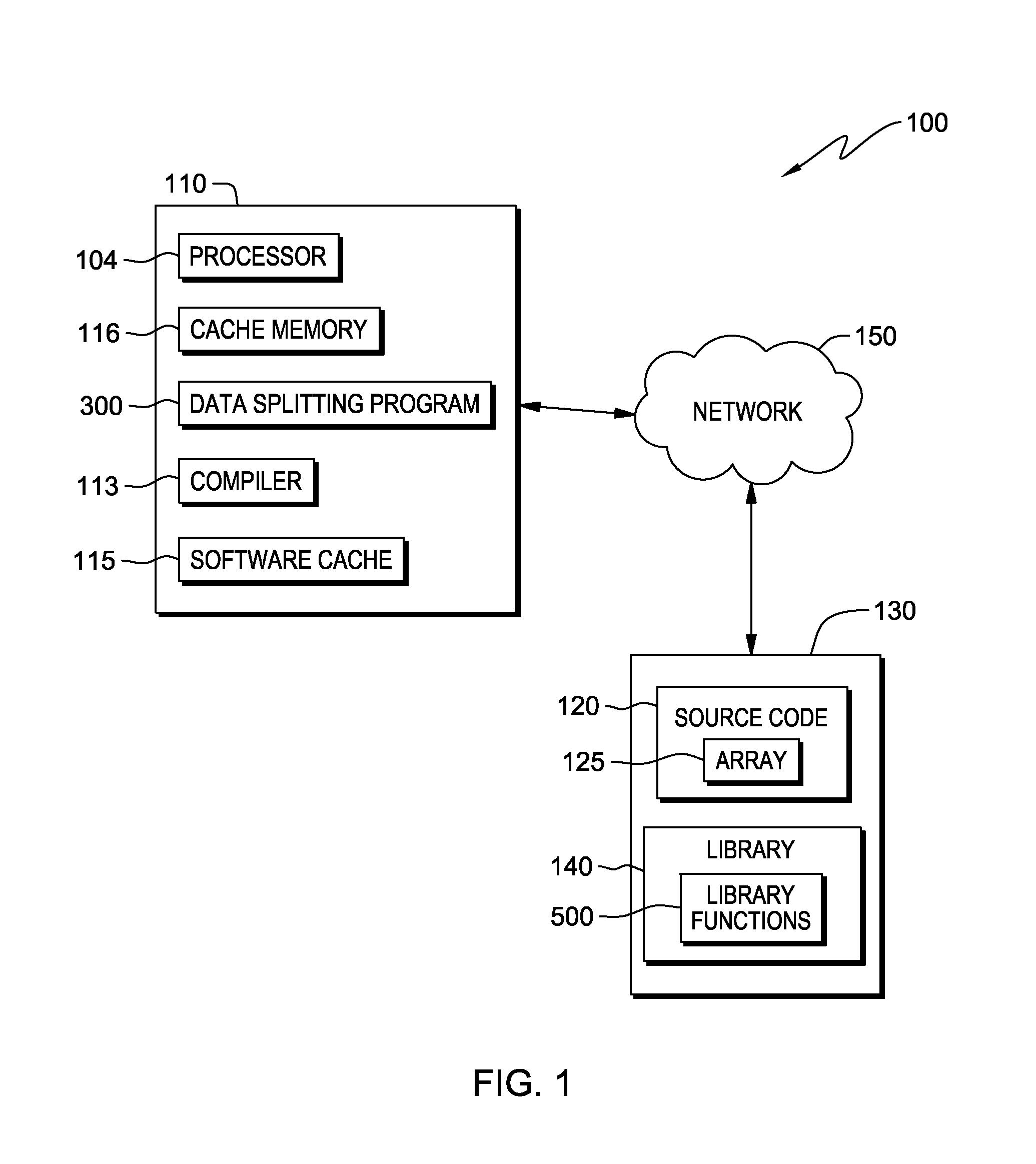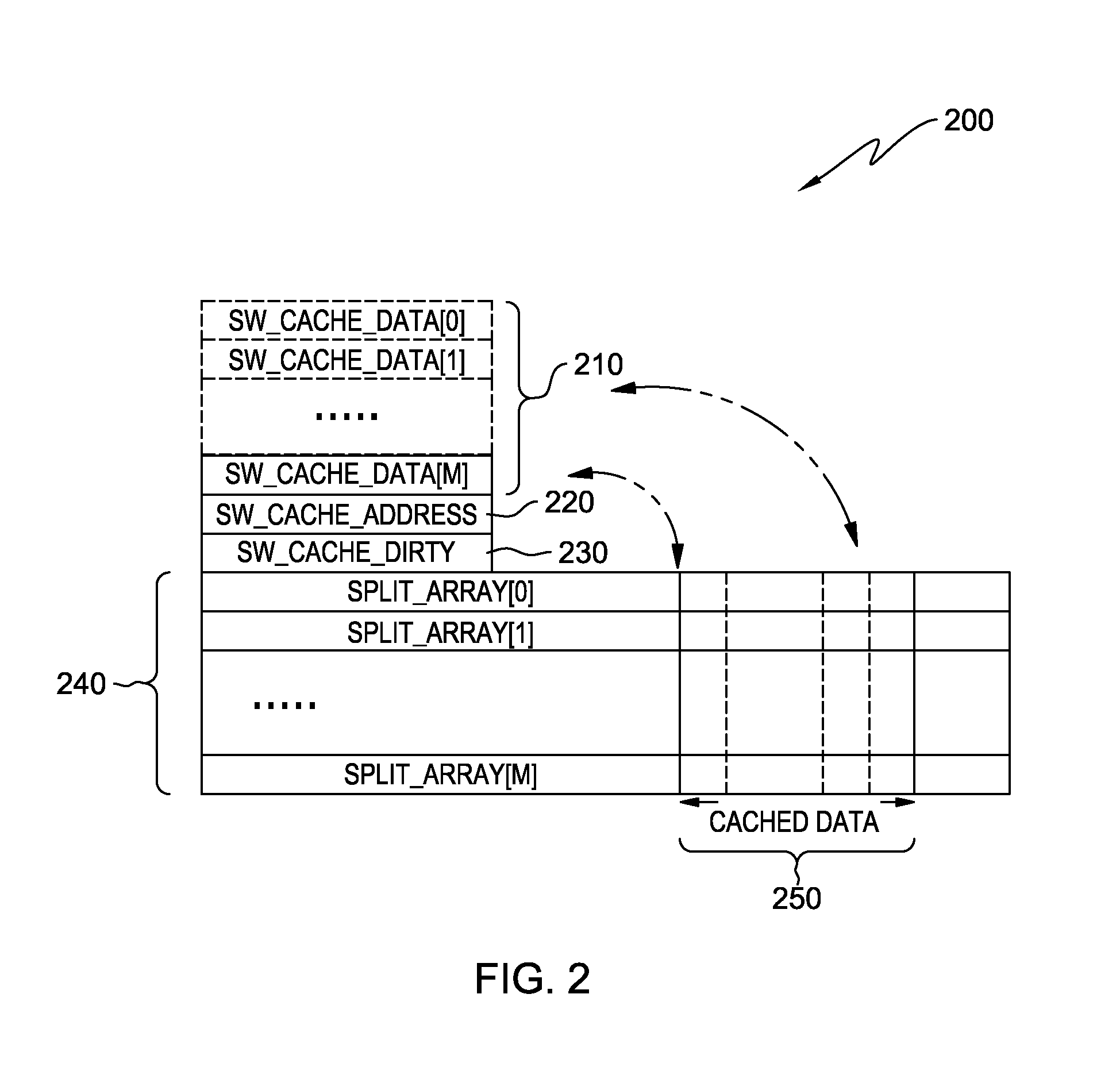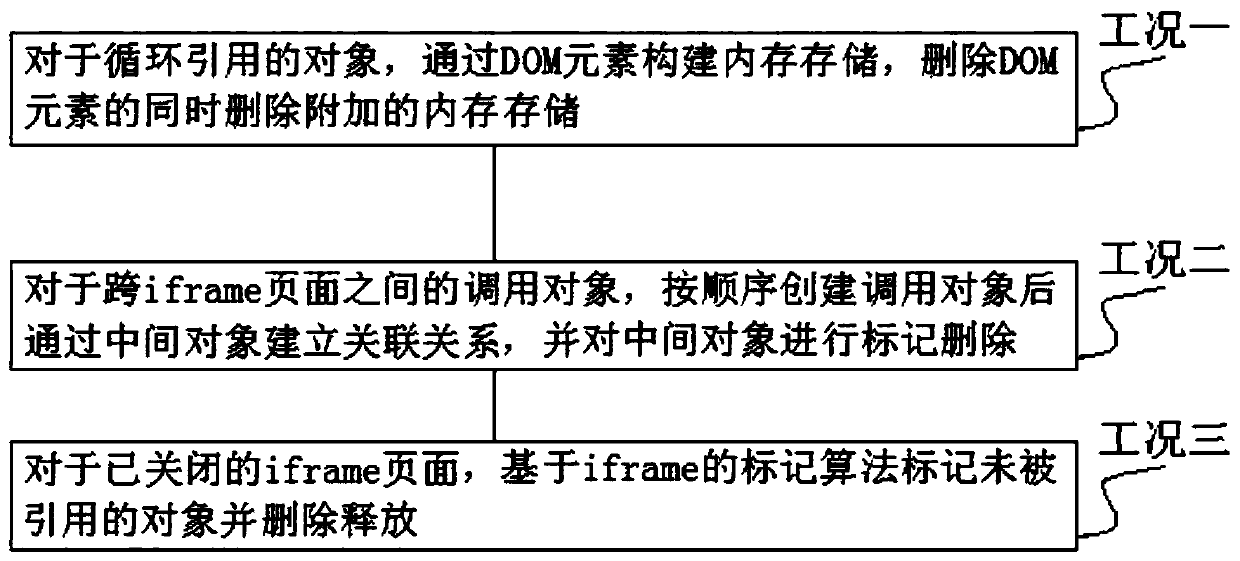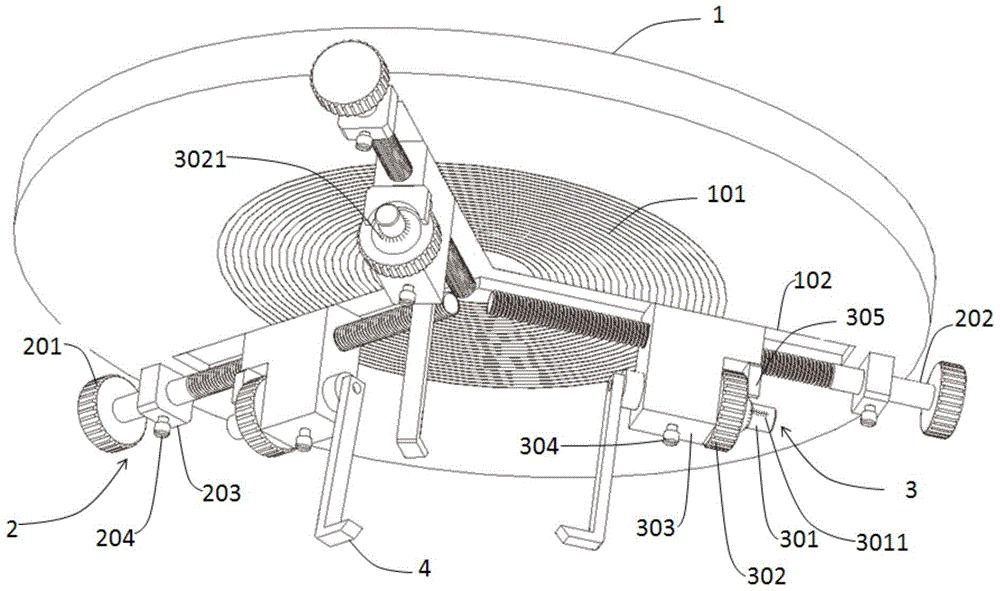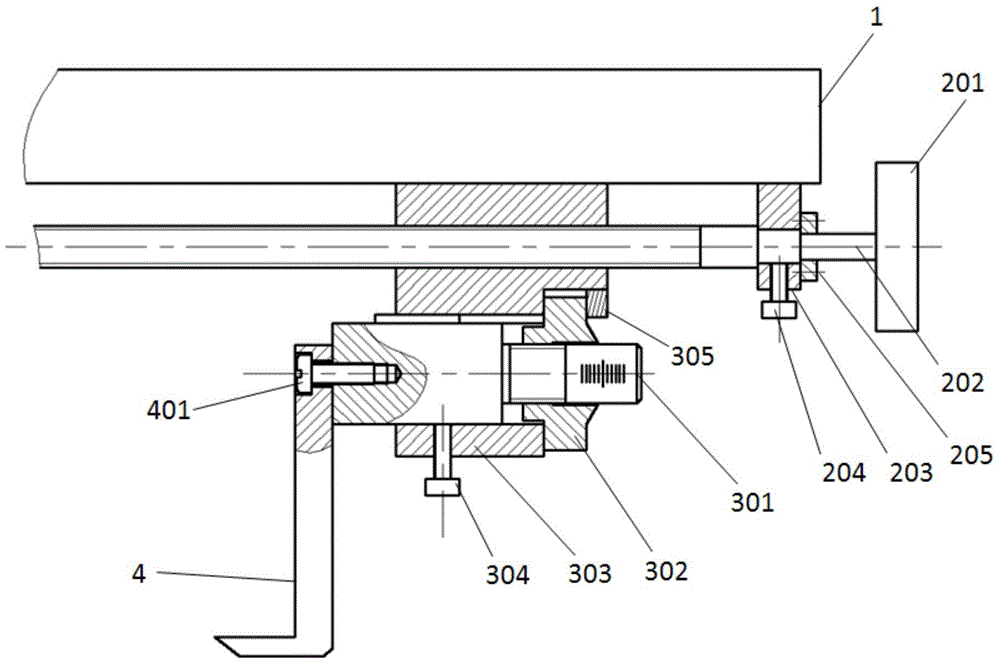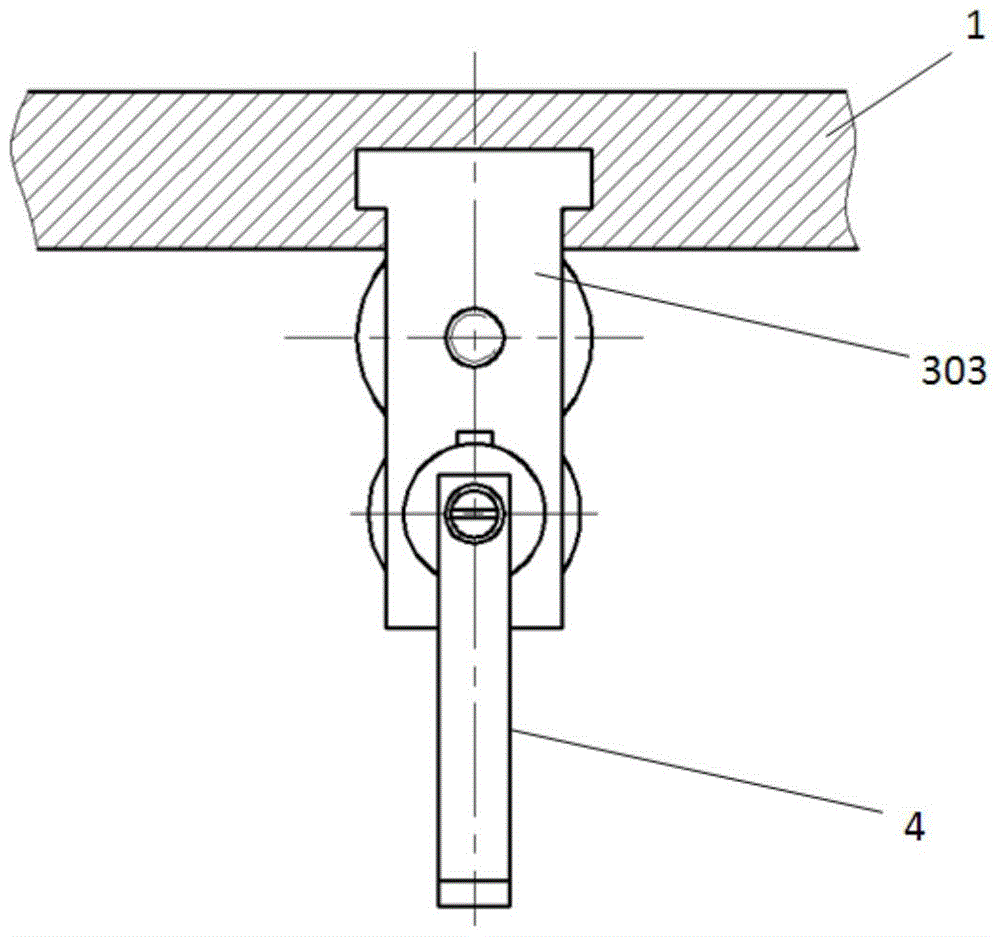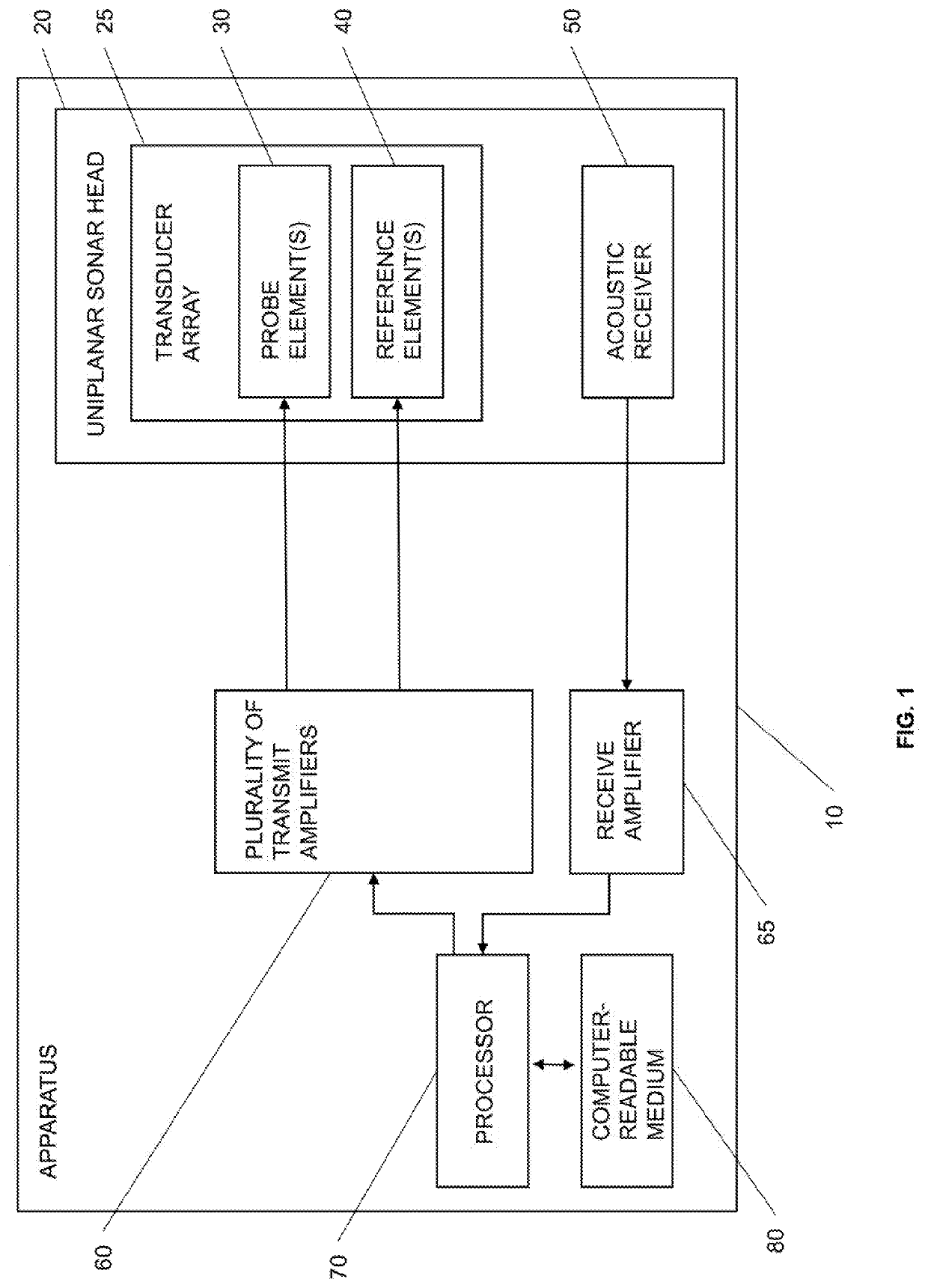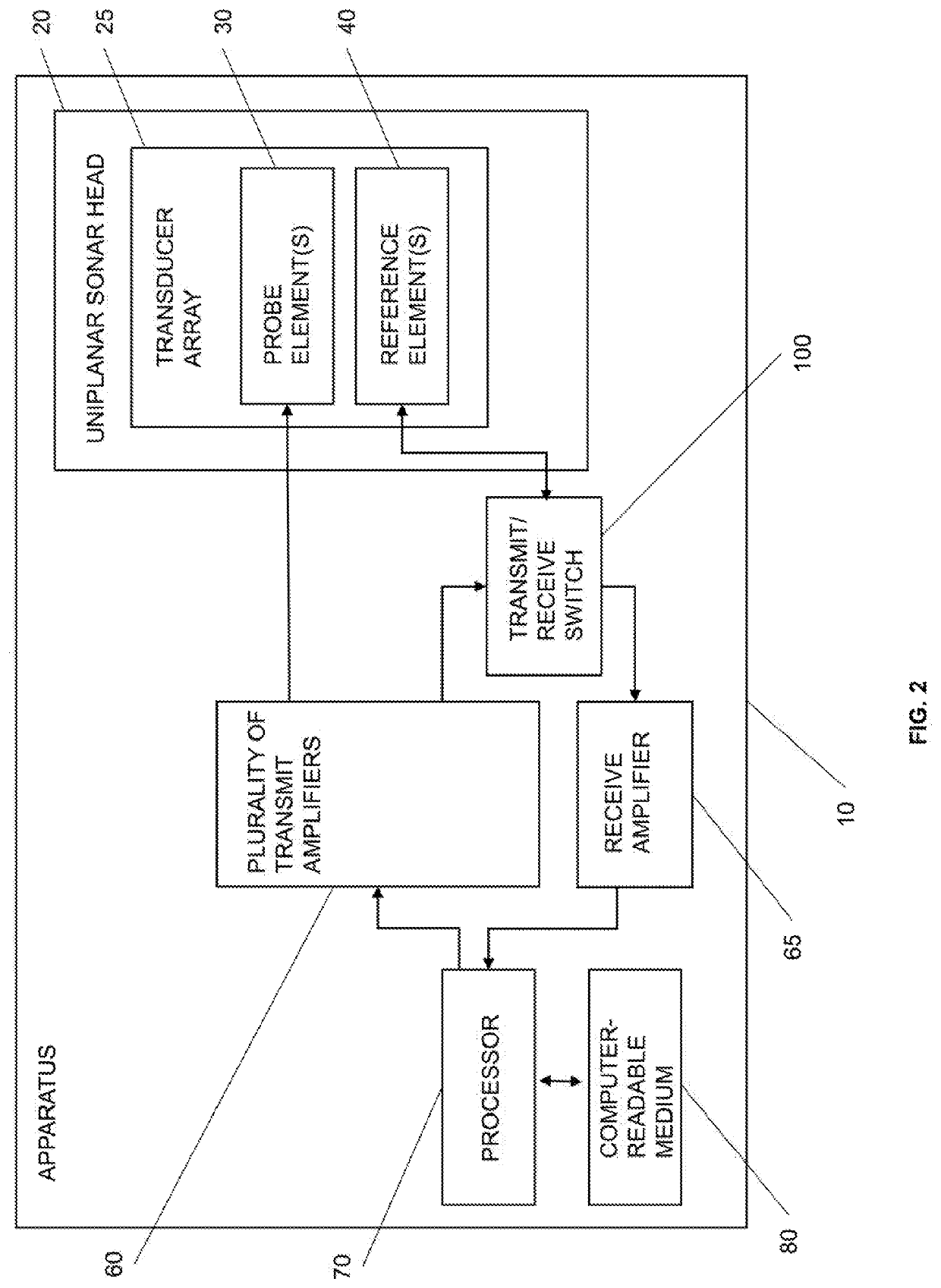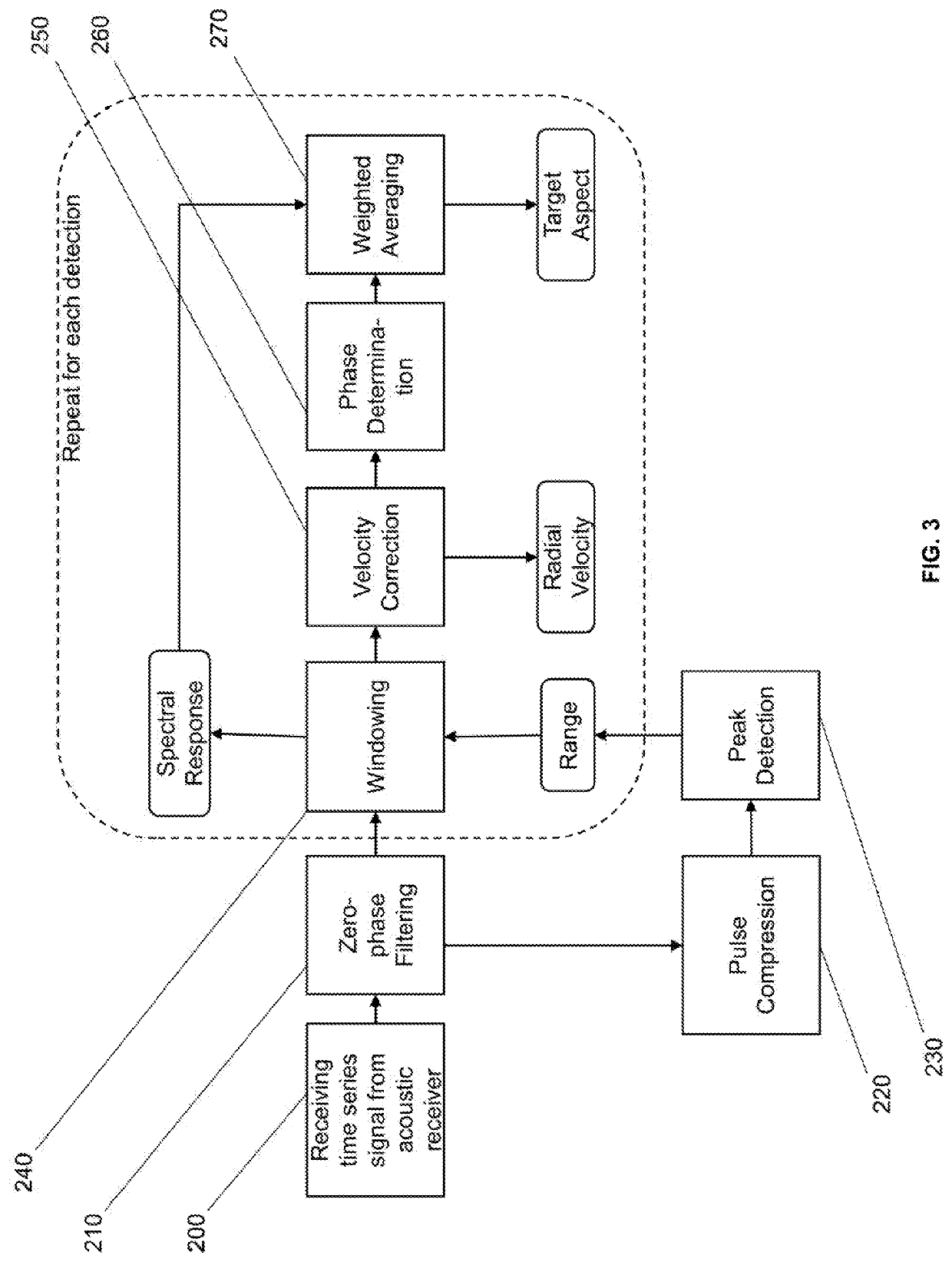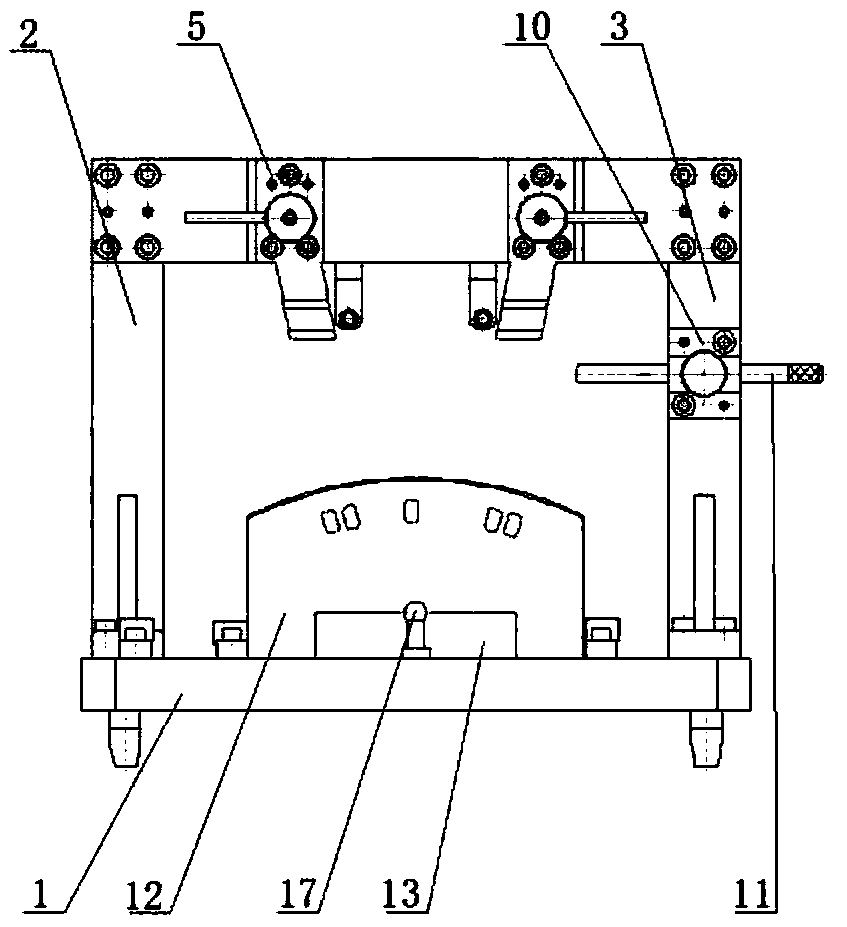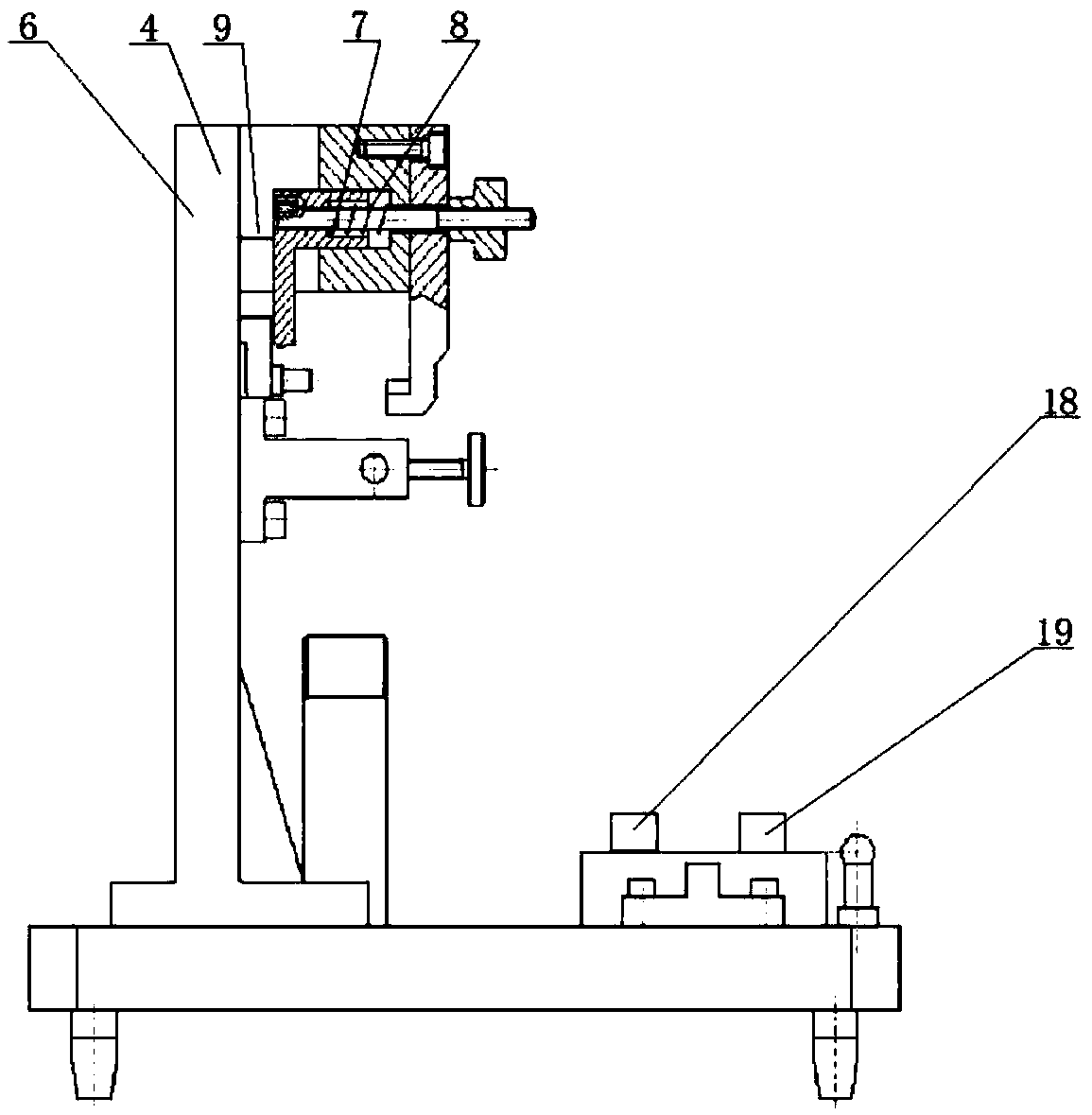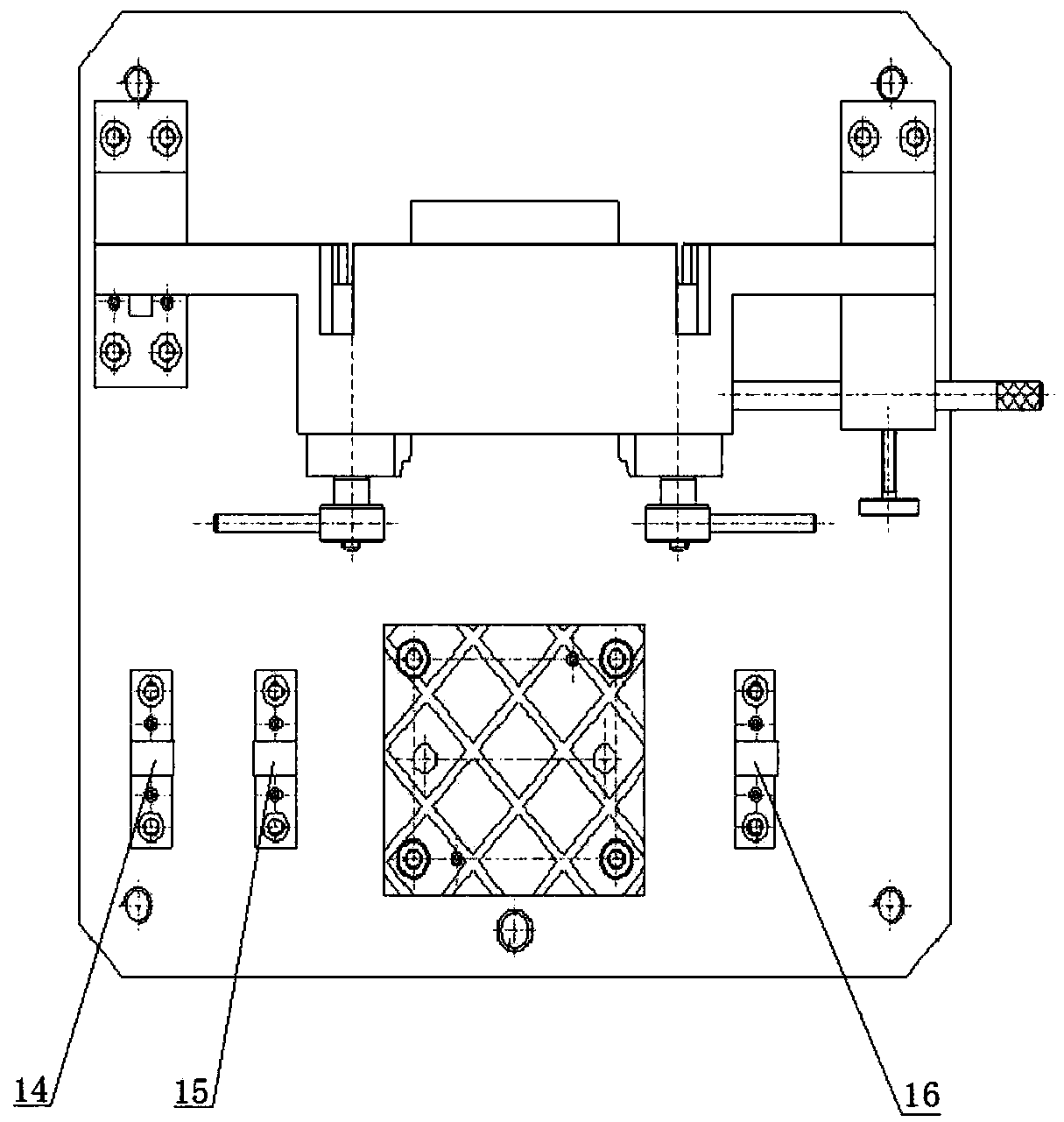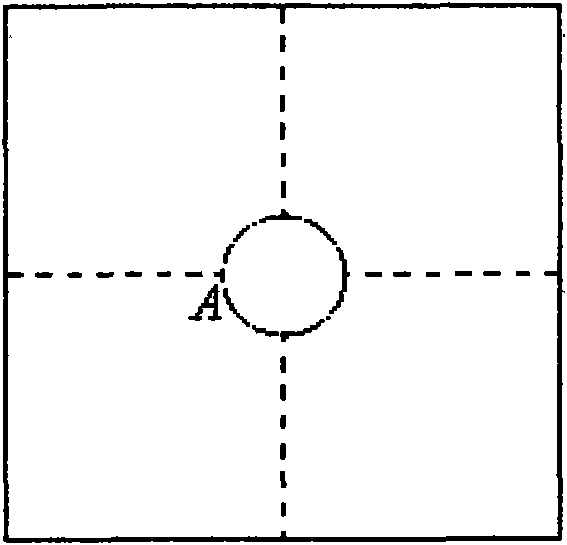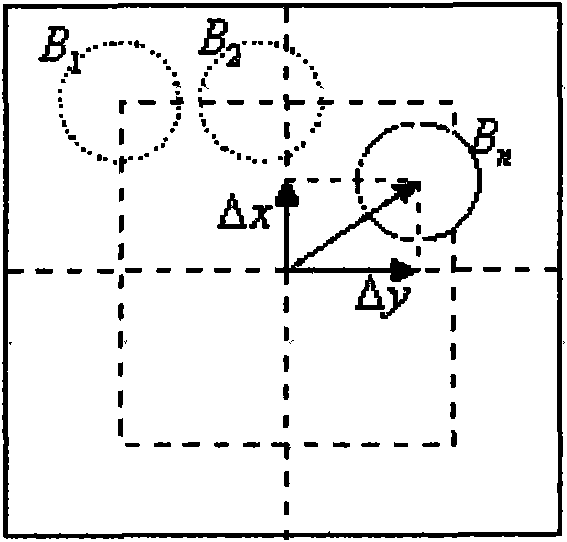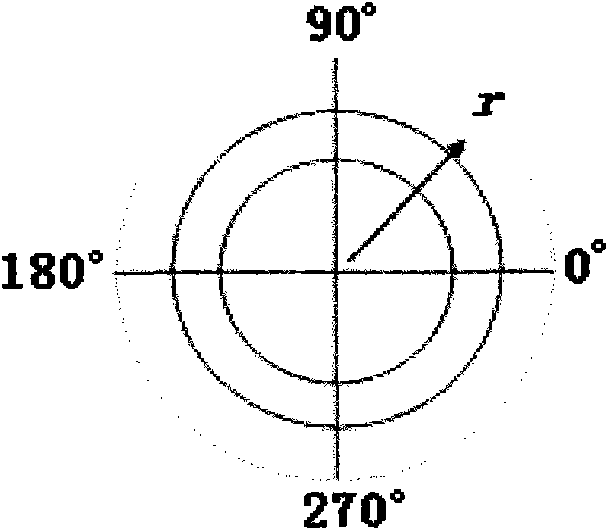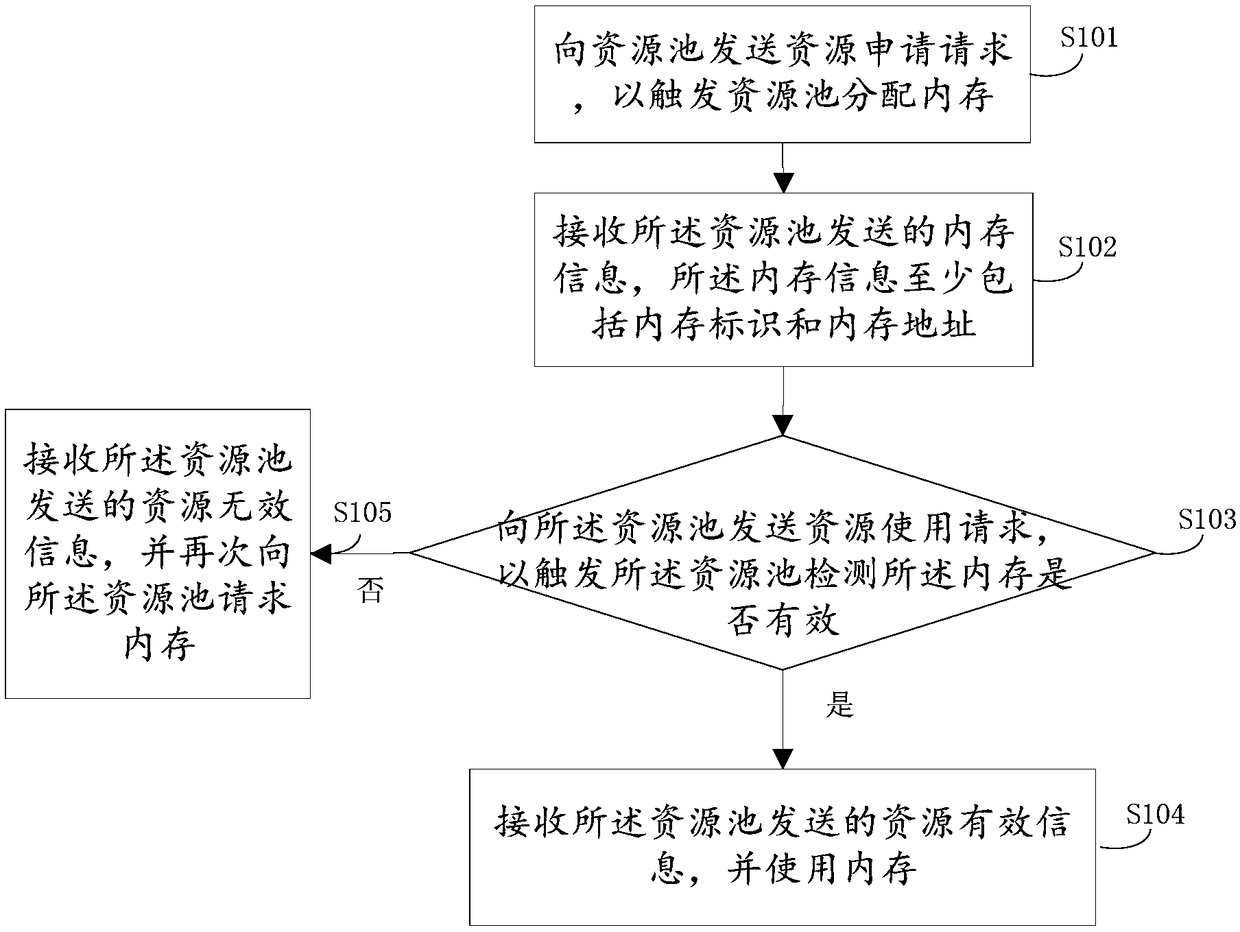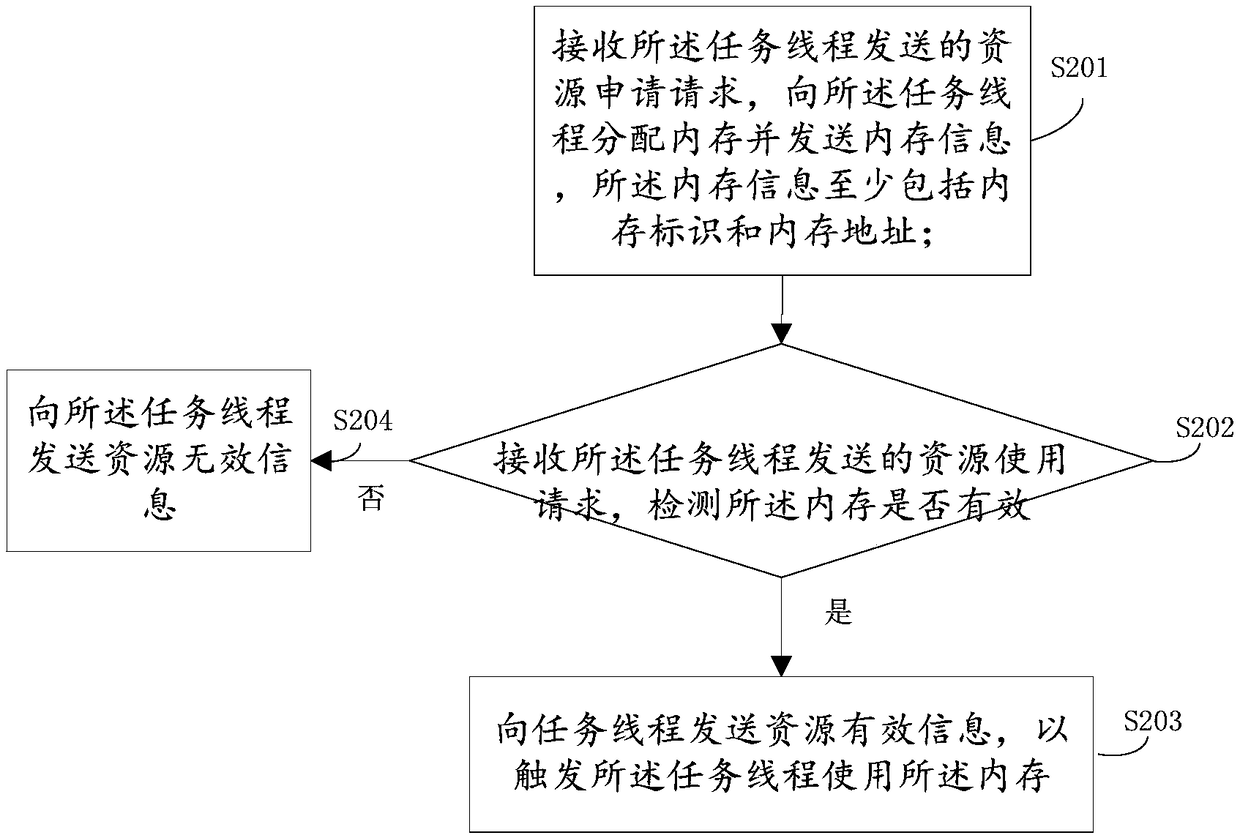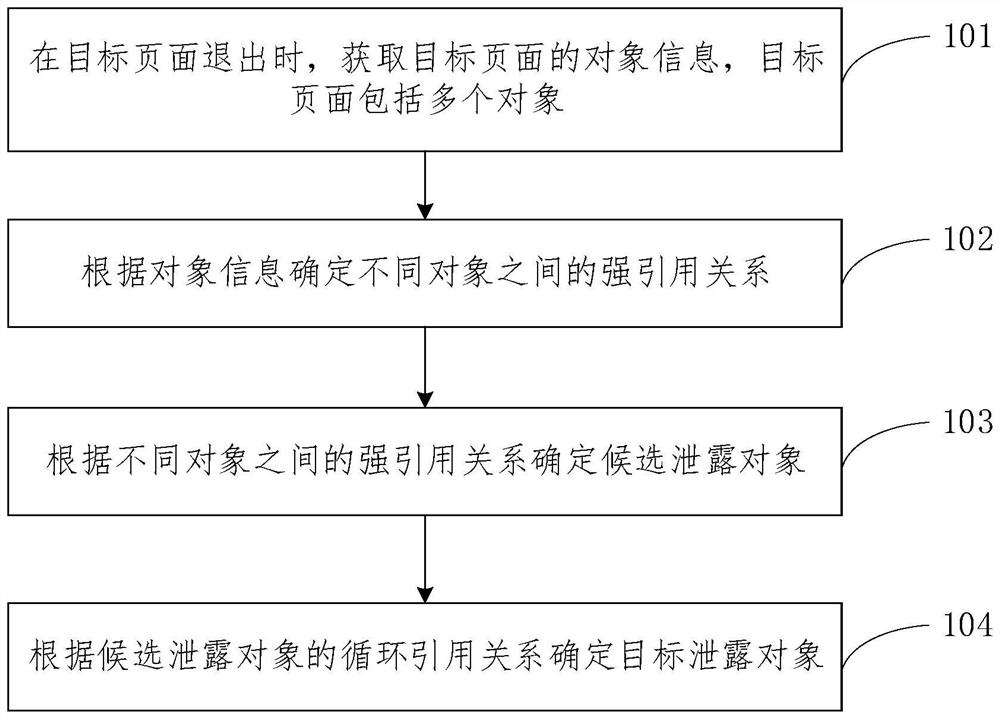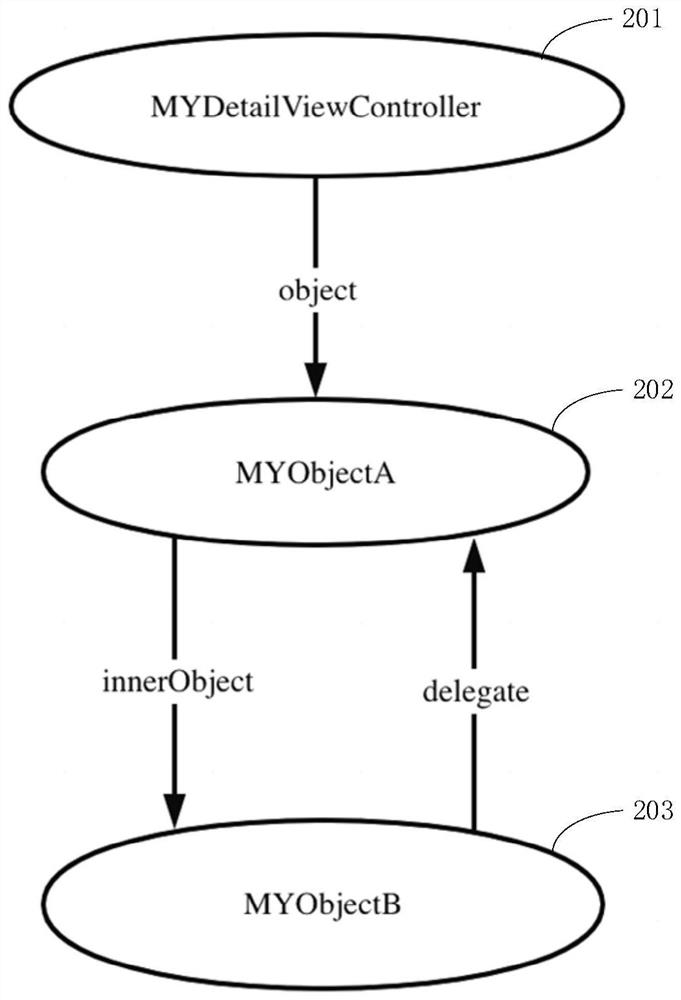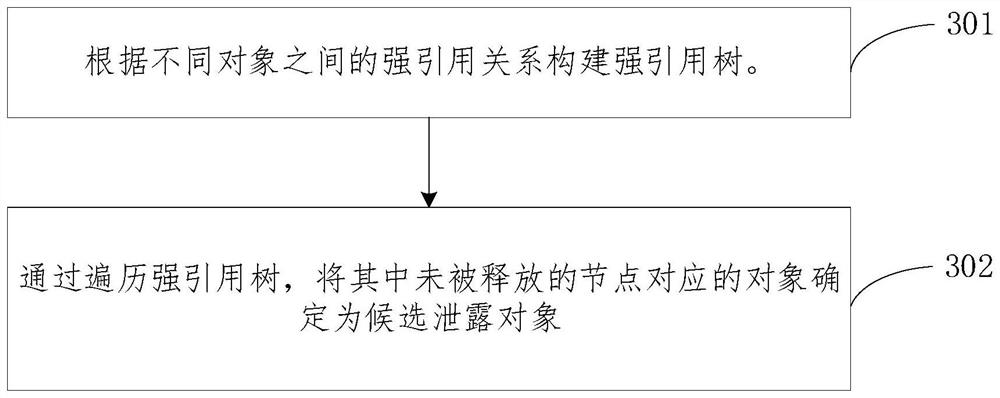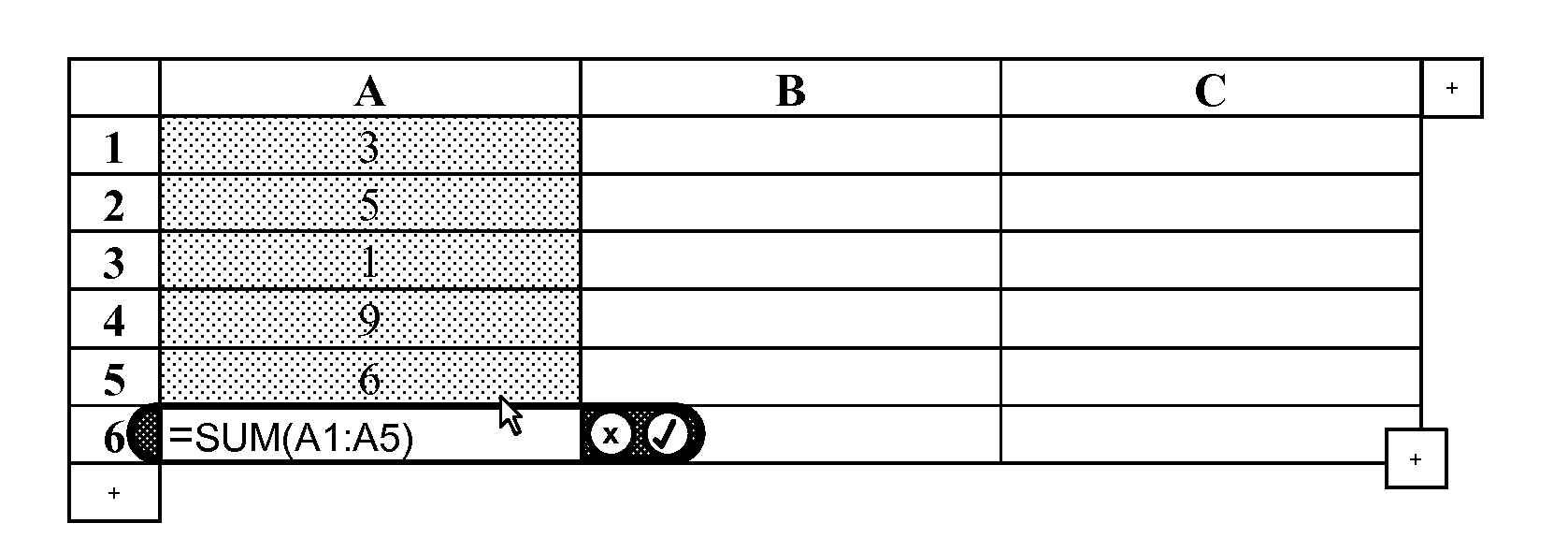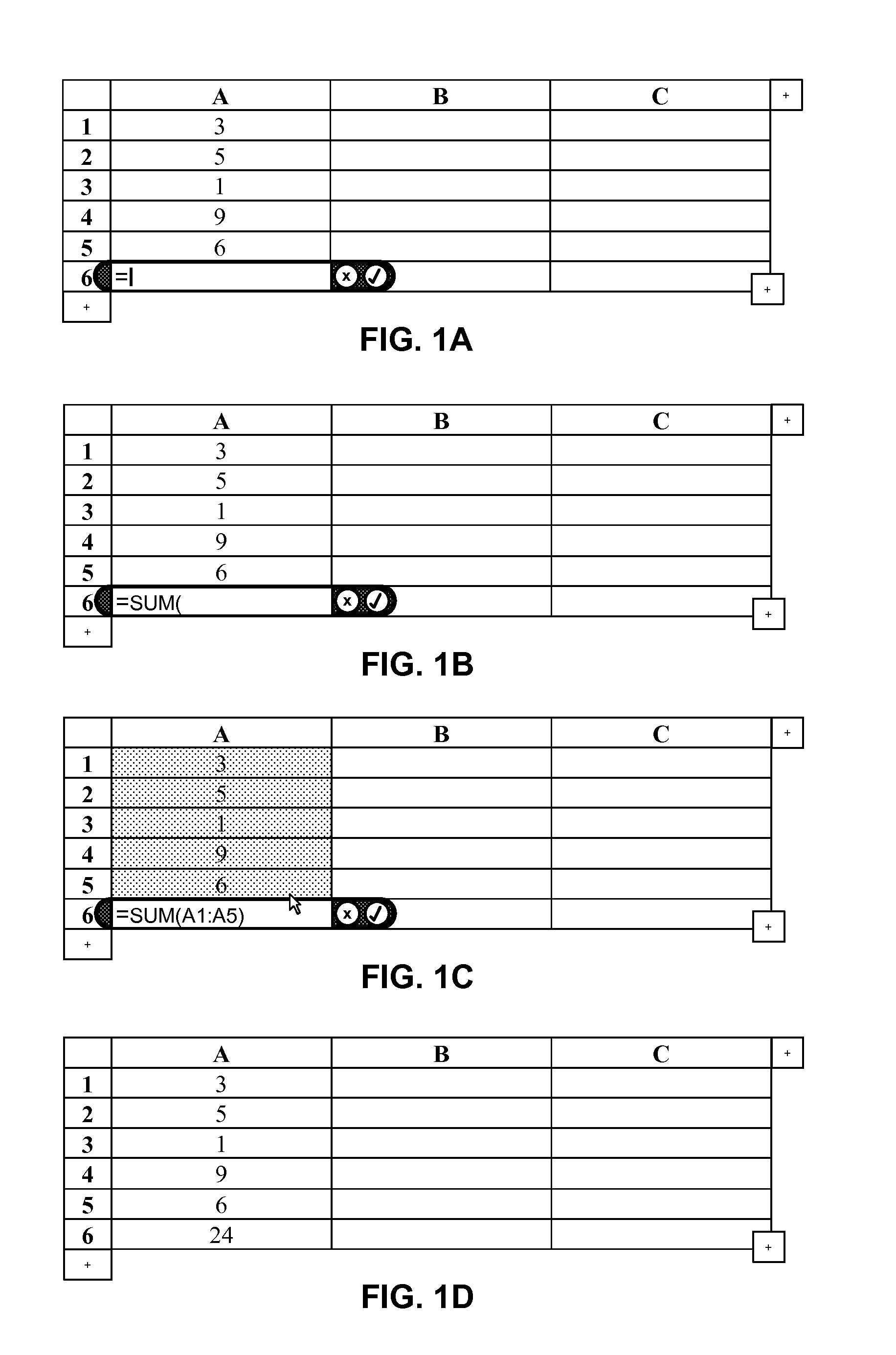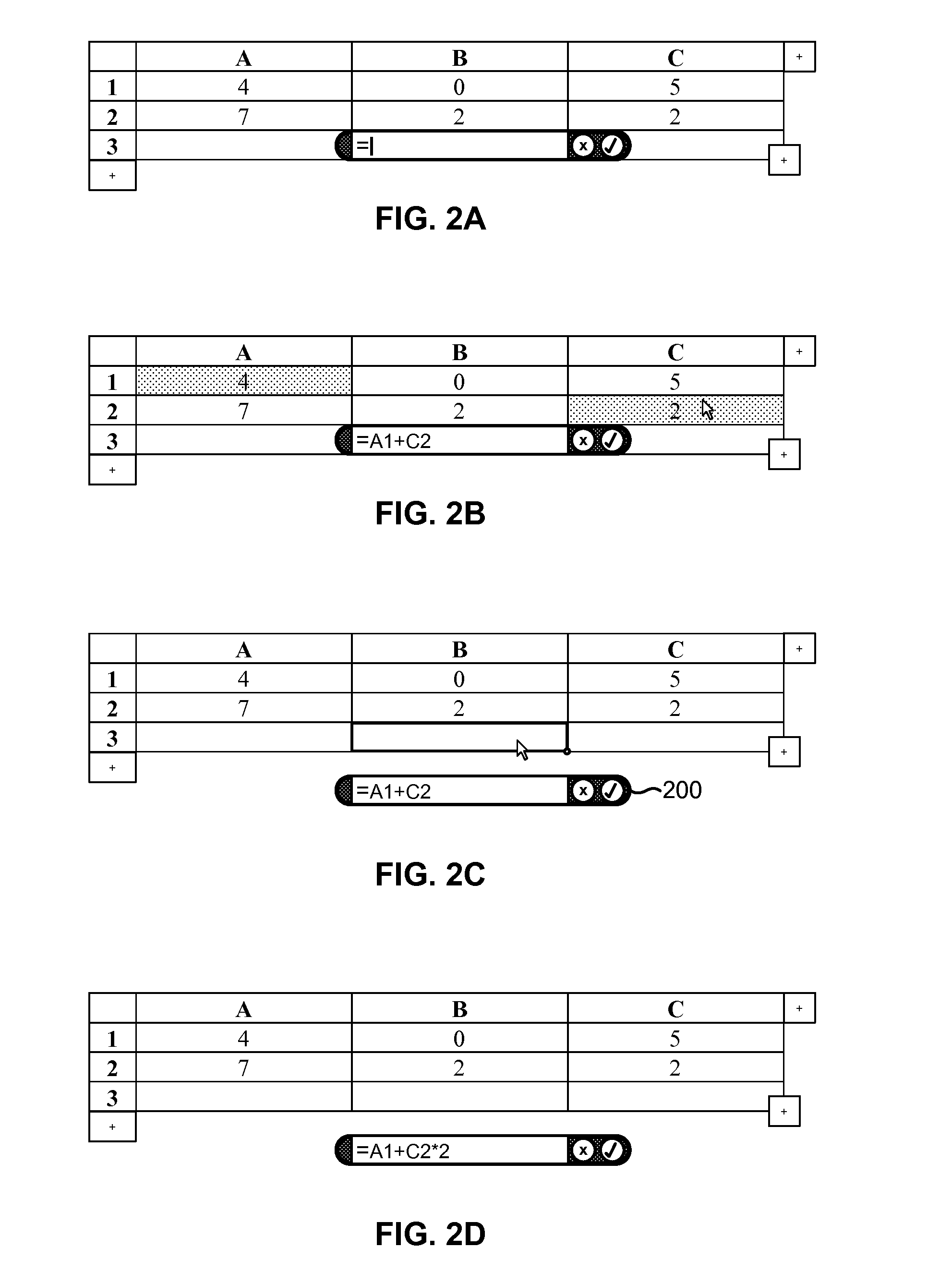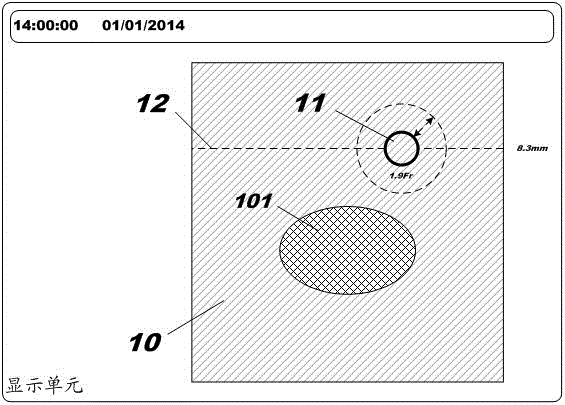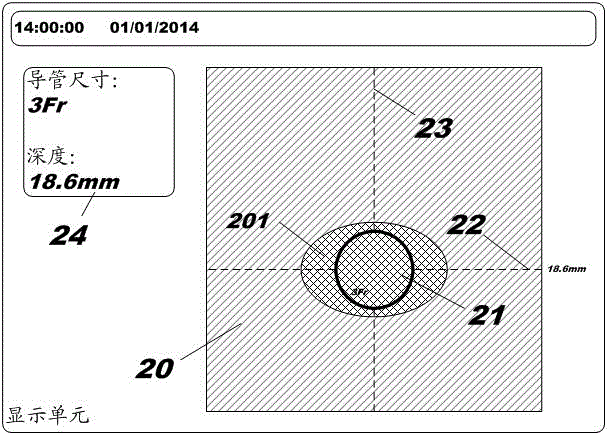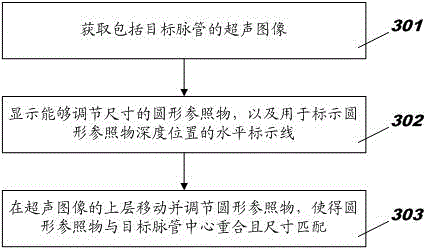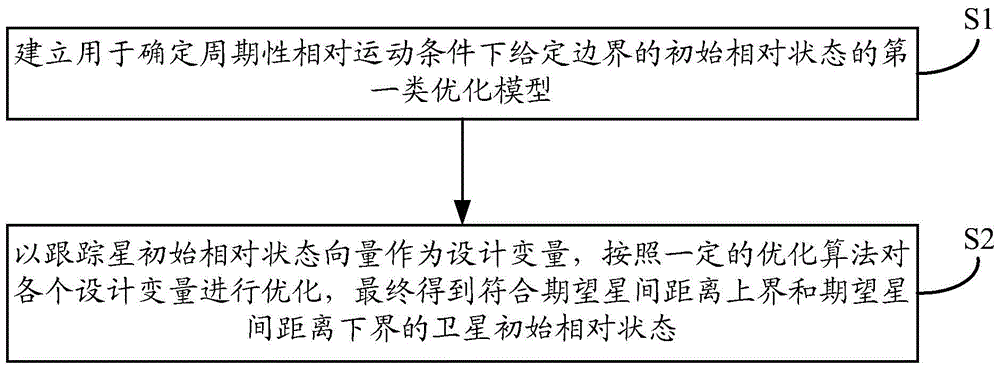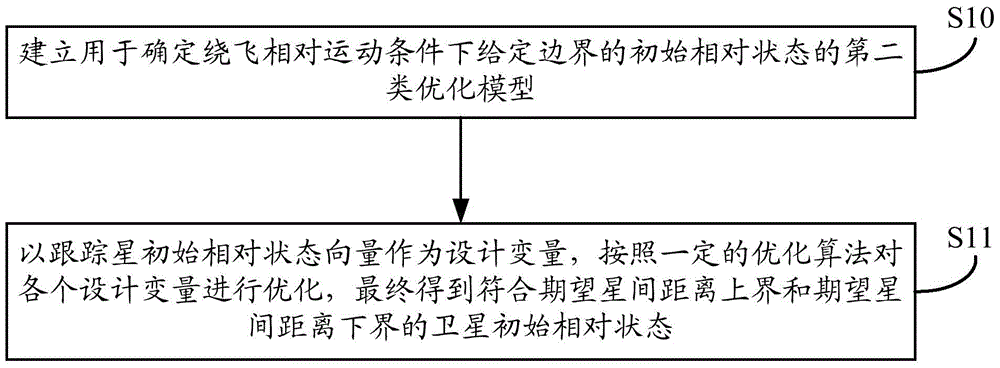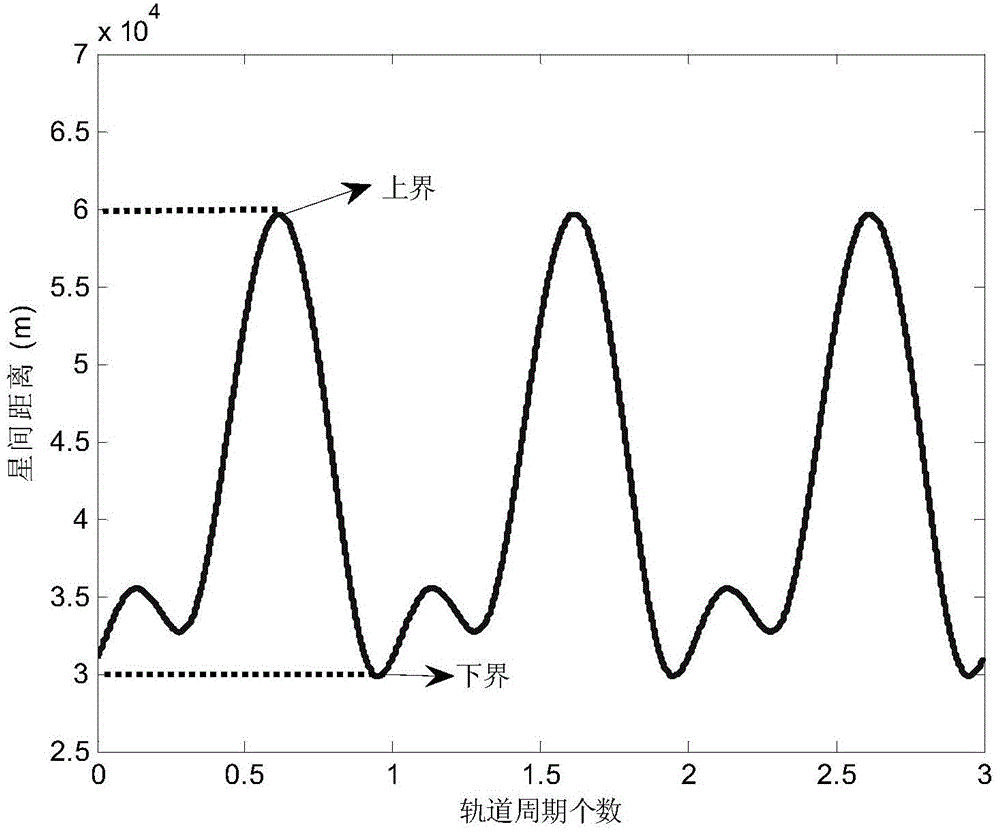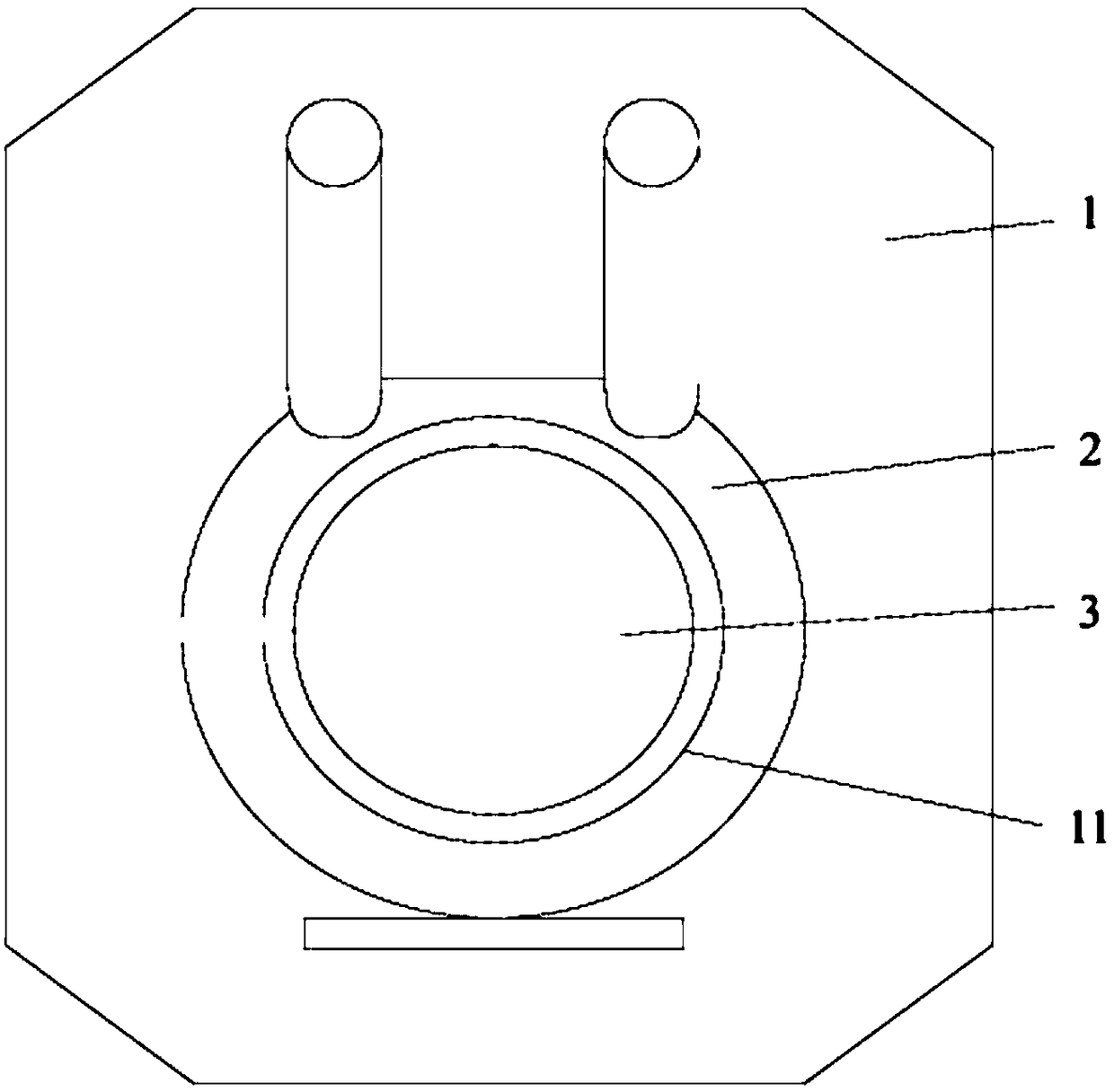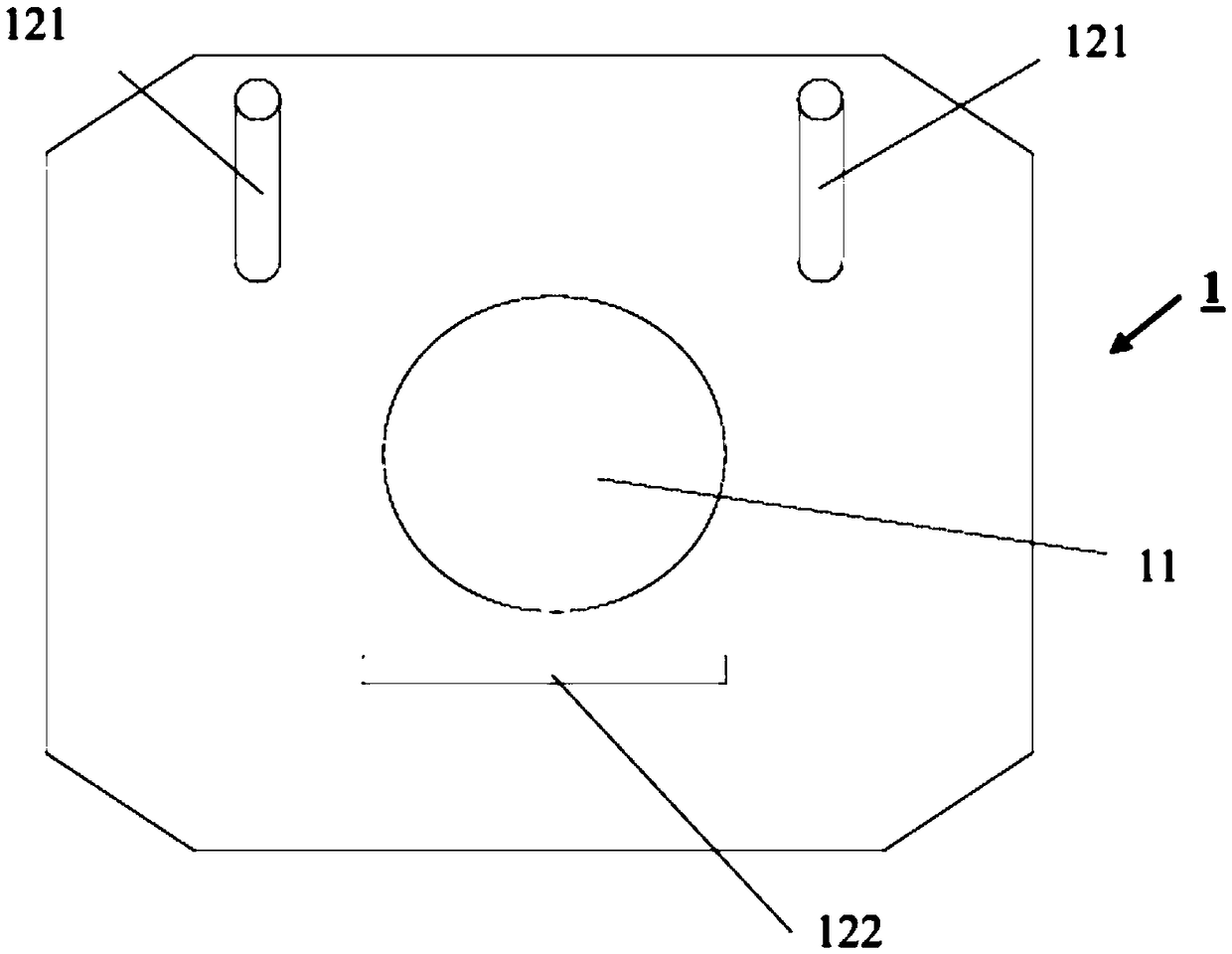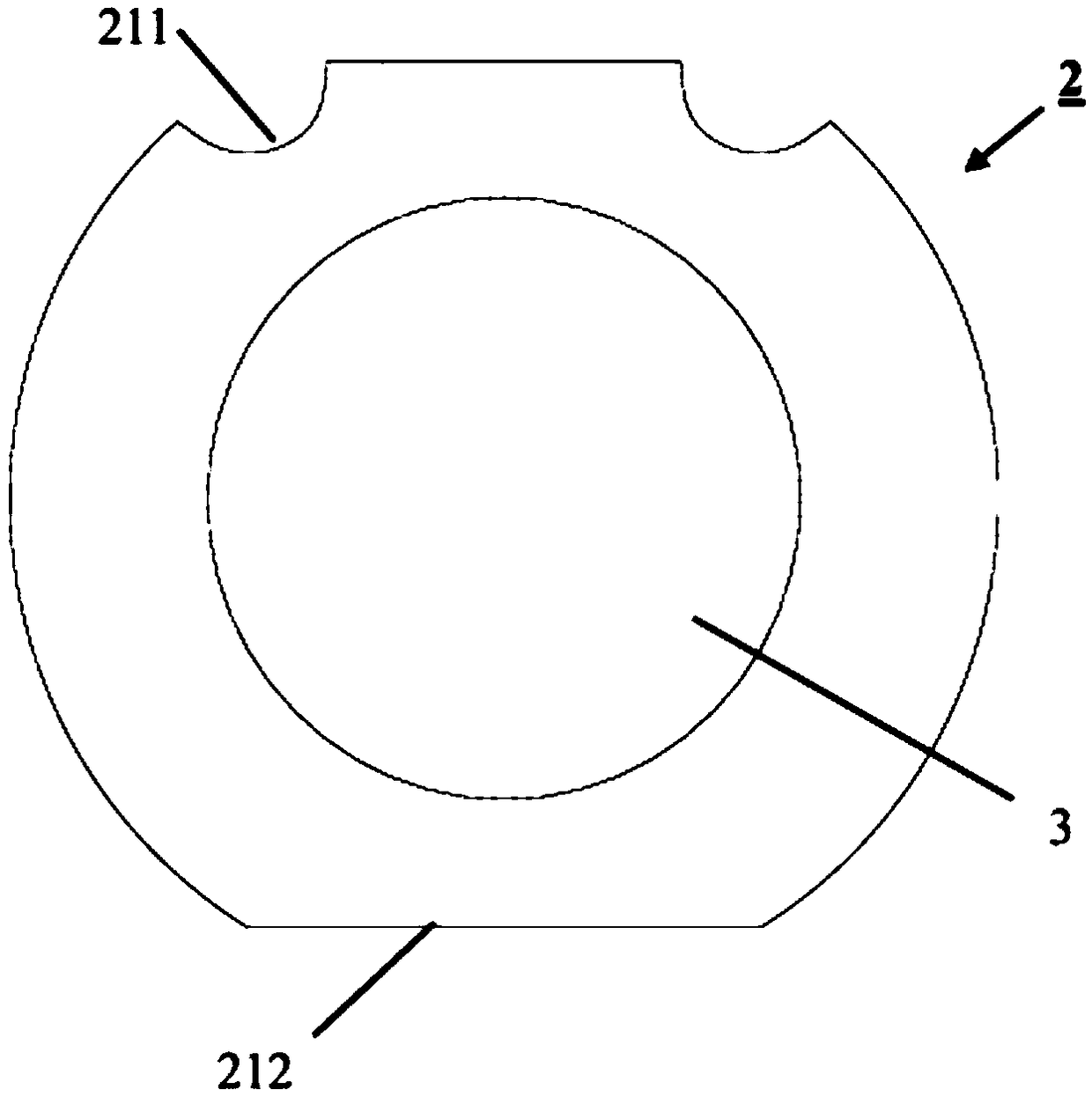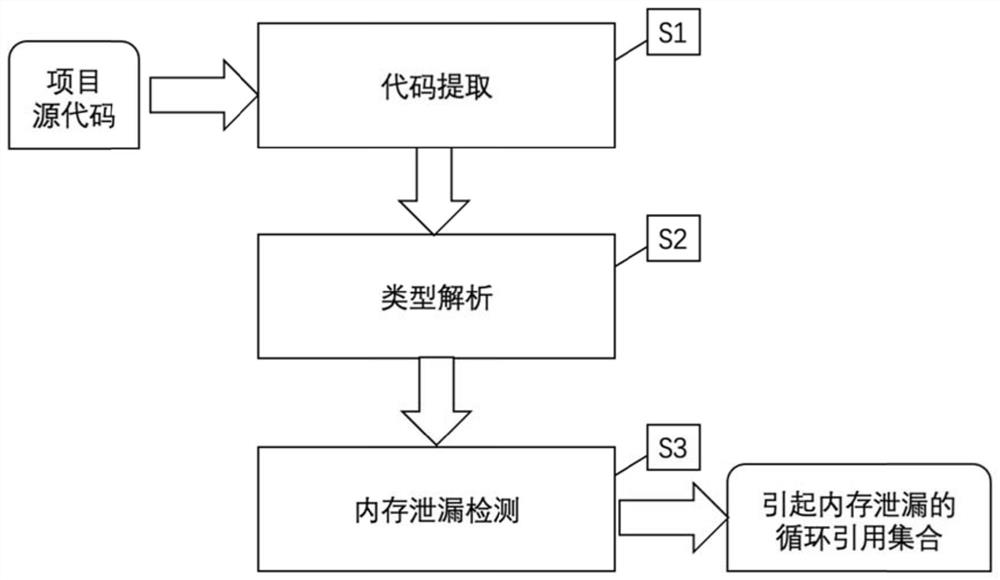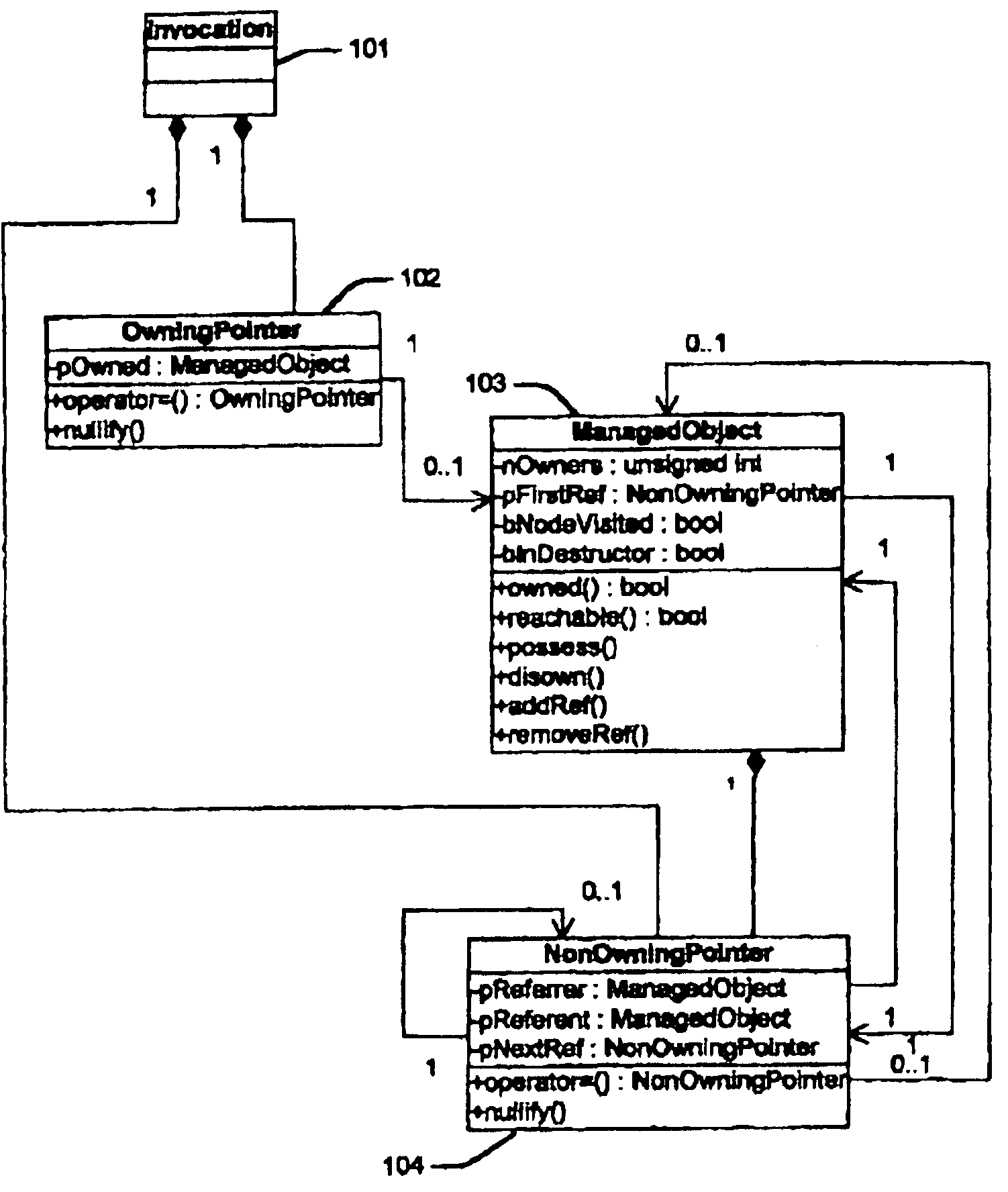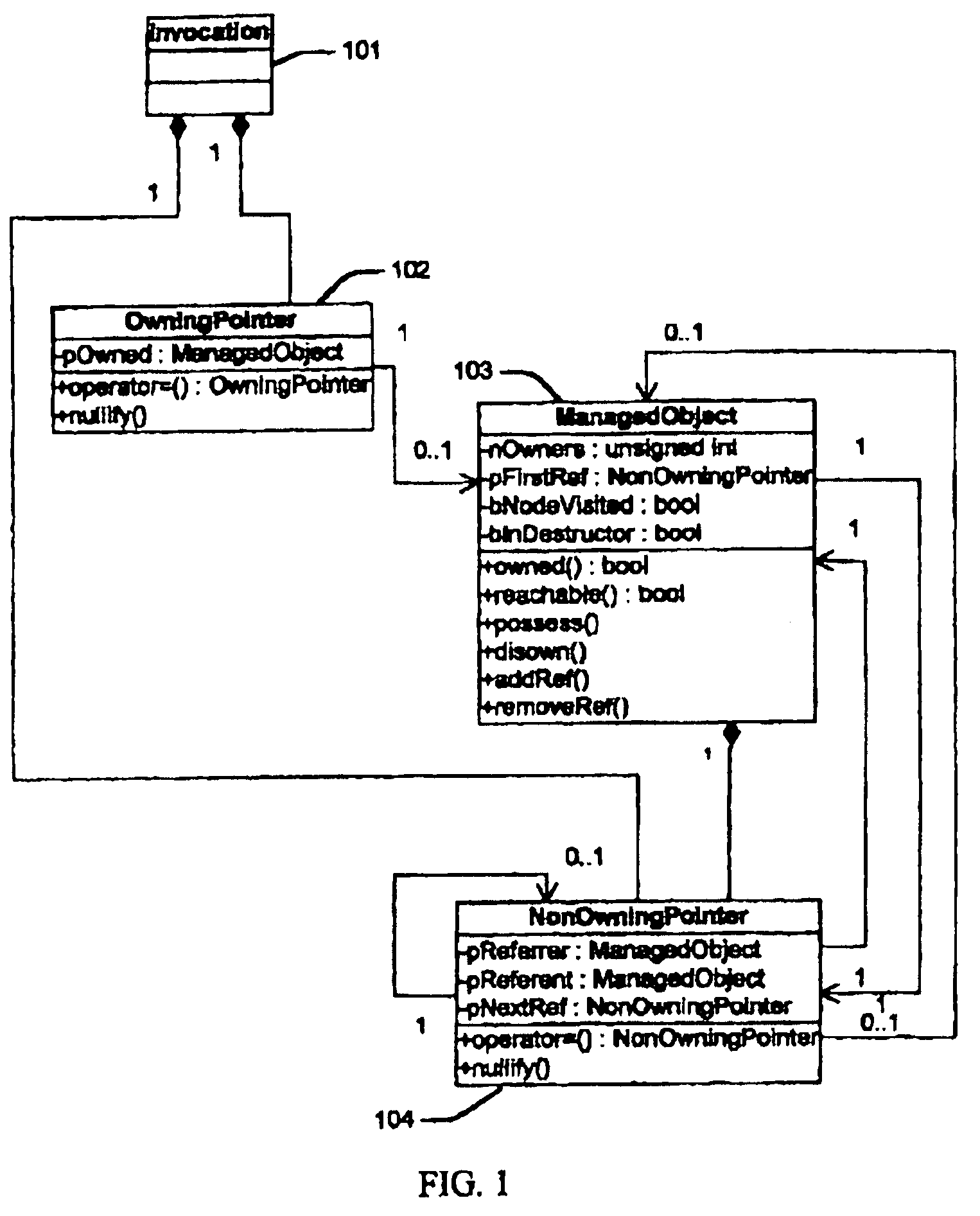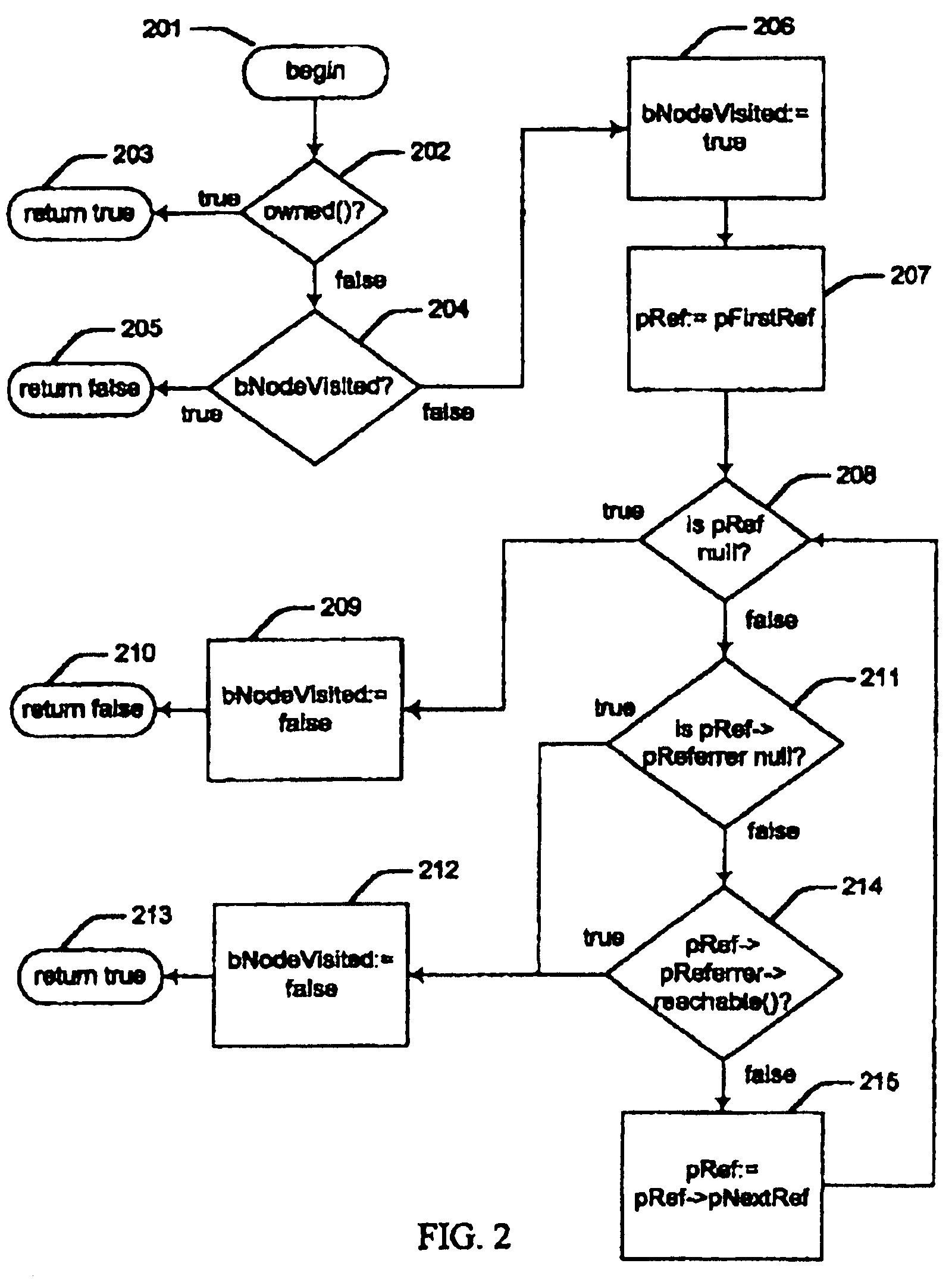Patents
Literature
37 results about "Circular reference" patented technology
Efficacy Topic
Property
Owner
Technical Advancement
Application Domain
Technology Topic
Technology Field Word
Patent Country/Region
Patent Type
Patent Status
Application Year
Inventor
A circular reference is a series of references where the last object references the first, resulting in a closed loop.
Media signal filtering for use in digital watermark reading
InactiveUS7076082B2Reduce errorsReduce the impactSpeech analysisCharacter and pattern recognitionCircular referenceCurve fitting
A curve fitting method is used to synchronize a reader of embedded data in a media signal. A circular reference signal is embedded in the media signal. After geometric distortion of the media signal, the reference signal is distorted, yet still detectable. The amount of distortion is derived by detecting the reference signal, and applying a curve fitting method from which the distortion is calculated.
Owner:DIGIMARC CORP (FORMERLY DMRC CORP)
Method and apparatus for the display and/or processing of information, such as data
InactiveUS20100313110A1Text processingSpecial data processing applicationsCircular referenceInformation processing
Owner:DOUBLEIQ
Quick image rectification method in presence of translation and rotation at same time
The invention discloses a quick image rectification method in the presence of translation and rotation at the same time. Another image which searches for reference image relationship is called an image to be rectified; a circular template matching method is adopted to determine translation amount; after the radius of the circular template is determined, the central structure of a reference image serves as a reference template; within a certain search range of the image to be rectified, a block of graph in optimum matching with the reference template is searched, and the difference value of the circle center coordinates of the reference template and the block of graph is the translation amount of the image to be rectified relative to the reference image; on the other aspect, the circular reference template and the matching block respectively are subject to logarithm pole coordinate transformation; the corresponding reference template and a matching subblock of the image to be rectified are subject to gray-scale projection to determine the rotation angle of the image to be rectified relative to the reference image; and the image rotates according to the angle to finish the quick rectification of images. The invention realizes the quick image rectification in the presence of translation and rotation at the same time.
Owner:XIAN UNIV OF TECH
Bounded accompanying boundary control method of satellites under circular reference orbit
ActiveCN104076819ALarge design spaceIncrease flexibilityPosition/course control in three dimensionsCircular referenceBoundary knot method
The invention provides a bounded accompanying boundary control method of satellites under a circular reference orbit. The bounded accompanying boundary control method includes the steps of when a bounded accompanying model, between bounded boundaries, of the tracked satellite relative to the reference satellite needs to be achieved at the terminal moment, building a boundary quantitative analysis relation between the bounded accompanying boundary of the satellites under the circular reference orbit and satellite orbital element differences in advance, and carrying out solving to obtain the expected orbital element difference corresponding to a boundary-given accompanying task; carrying out calculation through a pre-given quantitative analysis control model to obtain pulse speed increments needing to be exerted on the tracked satellite at the initial moment and the terminal moment. The expected orbital element difference is solved through a boundary analysis model, design space of the accompanying model is expanded, and certain flexibility is brought to selecting formation or cluster flight mission models. The demands for the pulse speed increments with given boundaries are obtained through accurate calculation of the quantitative analysis control model, and the bounded accompanying boundary control method has the advantages of being high in control accuracy and simple in control process.
Owner:TSINGHUA UNIV
Workpiece holder in ion beam polishing device
InactiveCN104526499AReduce operational complexityOptical surface grinding machinesCircular referenceIon beam
The invention discloses a workpiece holder in an ion beam polishing device. The workpiece holder comprises a circular reference disc, clamping jaws, a rough adjustment mechanism and a fine adjustment mechanism. Multiple concentric circle marks with the reference disc as the concentric center are arranged on the lower surface of the circular reference disc, wherein the marks serve as rough adjustment references. The clamping jaws can be driven by the rough adjustment mechanism and the fine adjustment mechanism to radially move on the reference disc. When a workpiece is clamped, it is guaranteed that the center of the workpiece is aligned with the center of a clamping disc, so that the workpiece is accurately located and clamped. The workpiece holder has the advantages of being convenient and quick to operate, the workpiece can be rapidly clamped, and device machining efficiency can be improved to a great extent.
Owner:INST OF OPTICS & ELECTRONICS - CHINESE ACAD OF SCI
Curve Fitting for Synchronizing Readers of Hidden Auxiliary Data
InactiveUS20070154061A1Reduce impactReduce errorsSpeech analysisCharacter and pattern recognitionCircular referenceCurve fitting
A curve fitting method is used to synchronize a reader of embedded data in a media signal. A circular reference signal is embedded in the media signal. After geometric distortion of the media signal, the reference signal is distorted, yet still detectable. The amount of distortion is derived by detecting the reference signal, and applying a curve fitting method from which the distortion is calculated.
Owner:DIGIMARC CORP
Preventing the inclusion of a reference to a host cell in a formula
Preventing the inclusion of a reference to a host cell in a formula to avoid a circular reference in the formula is disclosed. In some embodiments, an indication of a selection or an attempted selection of a host cell into which a formula is being entered is received wherein the selection or attempted selection is made by a user via a user gesture associated with adding to a formula a reference to a selected cell or range of cells with respect to which the user gesture is made, and a reference to the host cell is not inserted into the formula in response to the indication. In some embodiments, a host cell is not allowed to be selected.
Owner:APPLE INC
Memory management method and device
PendingCN111736980AResource allocationSoftware simulation/interpretation/emulationCircular referenceTerm memory
The invention discloses a memory management method and a memory management device, which are used for recovering memory occupied by an object in a reference ring. When the method is used for garbage collection, firstly, stored information of a first reference ring is obtained, the first reference ring is a circular reference formed by multiple objects, and the information of the first reference ring comprises the multiple objects in the first reference ring and reference relations among the multiple objects; secondly, it is determined that a second reference ring exists, information of the second reference ring is matched with information of the first reference ring, and the information of the second reference ring comprises multiple objects in the second reference ring and reference relations among the multiple objects; and then recovering the memory occupied by the plurality of objects in the second reference ring. Through a mode of matching the information of the reference ring, therecovery process of the reference ring is realized, and the problem of memory resource waste caused by incapability of recovering the reference ring can be avoided.
Owner:HUAWEI TECH CO LTD
Preventing the inclusion of a reference to a host cell in a formula
Preventing the inclusion of a reference to a host cell in a formula to avoid a circular reference in the formula is disclosed. In some embodiments, an indication of a selection or an attempted selection of a host cell into which a formula is being entered is received wherein the selection or attempted selection is made by a user via a user gesture associated with adding to a formula a reference to a selected cell or range of cells with respect to which the user gesture is made, and a reference to the host cell is not inserted into the formula in response to the indication. In some embodiments, a host cell is not allowed to be selected.
Owner:APPLE INC
Magnetron sputtering method, and magnetron sputtering apparatus
InactiveUS20110186425A1Efficiently and uniformlyPerformed efficiently and uniformlyCellsElectric discharge tubesCircular referenceSputtering
A sputtering method includes disposing a plurality of thin and long deposition regions such that the thin and long deposition regions each cross in a first direction a circular reference region having a diameter equal to that of a semiconductor wafer, and are arranged at predetermined intervals in a second direction perpendicular to the first direction; disposing one of the plurality of thin and long deposition regions such that one side of sides thereof extending in the first direction passes through a substantial center of the circular reference region; disposing another of the plurality of thin and long deposition regions such that one side of sides thereof extending in the first direction passes through a substantial edge of the circular reference region; setting each of widths of the plurality of thin and long deposition regions such that a value obtained by summing the widths of the plurality of thin and long deposition regions in the second direction is substantially equal to a radius of the circular reference region; disposing a plurality of thin and long targets to face the corresponding thin and long deposition regions such that sputtering particles emitted from the plurality of thin and long targets are incident on the corresponding thin and long deposition regions; disposing a semiconductor wafer, while overlapping with the circular reference region; confining a plasma generated by a magnetron discharge in the vicinity of the targets, and emitting the sputtering particles from the targets; and rotating the semiconductor wafer at a predetermined rotation speed by using a normal line passing through the center of the circular reference region as a rotation central axis, to deposit a film on a surface of the semiconductor wafer.
Owner:TOKYO ELECTRON LTD +1
Methods and devices for optimizing the processing of XML documents
InactiveUS20080077554A1Simple processOptimize the processing of the XML documentsNatural language data processingSpecial data processing applicationsCircular referenceSimple component
Methods and devices for optimizing the processing of documents of the XML type comprising components are described. After having identified the required XML document and the processing mode that is to be performed on this document, for example forward or backward, the client sends a request comprising this information. On receipt of this request, the server accesses the document identified and the sequencing according to the processing mode that has to be performed before transmitting it. If the processing mode is of the backward type, it is not necessary to process all the document in order to transmit it, it may be transmitted gradually as sequencing takes place. The algorithms for sequencing and processing the components of an XML document are adapted to process the simple components and the components having circular references.
Owner:CANON KK
Garbage object detecting method and device
ActiveCN103226476AImprove accuracyClear allSpecific program execution arrangementsCircular referenceComputer science
The invention relates to the technical field of computer applications and particularly relates to a garbage object detecting method and device. The garbage object detecting method comprises the following steps of: detecting whether a circular reference chain is formed by objects to be detected, if so, judging weather each object on the circular reference chain is referenced by an object outside the circular reference chain, and if not, judging that all the objects on the circular reference chain are garbage objects, and destructing the circular reference chain. The garbage object detecting device comprises a detecting module and a destructing module. By using the garbage object detecting method and device provided by the invention, the problem that the garbage objects on the circular reference chain can not be circularly referenced by using a reference counting method can be effectively solved, the garbage disposal accuracy is improved, and more garbage is removed, thus more resources are released.
Owner:张永强
Efficient method to describe hierarchical data structures
InactiveUS20030033314A1Reduce developmentReduce maintenance costsDigital data processing detailsWebsite content managementInformation processingCommunication bandwidth
The present invention-called Efficient Description Language EDL-concerns methods to describe, parsers and generators of as well as systems storing, processing, transmitting or using arbitrary hierarchical data structures in a platform independent format and overcomes the prior art limitations using only a single starting respectively terminating character to introduce respectively terminate individual branches and data elements. Branches may contain any number of sub-branches and data elements in any order. The maximum nesting level of sub-branches is not limited. Branches and / or data elements may be anonymous or named and associated with a named type, multiple named attributes, default values or value range restrictions. EDL-documents may reference other EDL-documents to include them in the referencing document. Referenced documents may contain references to other EDL-documents, as long as no circular reference chain results. EDL-documents may include control statements to efficiently describe conditional or repeating content. EDL-documents are very easy to read, create and maintain by humans-even without extensive training-and can be generated, parsed and processed faster than platform independent documents in prior art languages. To describe identical data structures with identical content EDL-documents require on average ~50% less meta characters and ~33% less storage capacity and communication bandwidth compared to HTML, XML or SGML-documents. In total, EDL is more efficient than prior art platform independent languages and reduces the overall development, building, operation and maintenance costs of heterogenous distributed communication and information processing systems.
Owner:MUSCHENBORN HANS JOACHIM
Memory leak analysis method and related device
The invention provides a memory leak analysis method and a related device, which are used for analyzing memory leak and positioning an object with memory cyclic reference. The method comprises: obtaining strong reference objects of a target object, the strong reference objects being objects strongly referenced by the target object, the number of the target objects is at least i, the first target object being a monitored object with memory leakage, and the i target object being i -i target object; wherein the strong reference object is a target object; constructing a directed graph representing a strong reference relationship between the objects, the directed graph comprising nodes and directed edges, and different nodes representing different objects; wherein any two nodes associated with the directed edge comprise a starting point and a terminal point, and the object represented by the terminal point is a strong reference object of the object represented by the starting point; traversing nodes in the directed graph to determine whether the nodes in the directed graph form a loop or not; and if a loop is formed, positioning the object represented by the node onthe loop as an object causing memory leakage.
Owner:TENCENT TECH (SHENZHEN) CO LTD
Optimizing memory bandwidth consumption using data splitting with software caching
InactiveUS9104577B2Memory architecture accessing/allocationMemory adressing/allocation/relocationCircular referenceDatum reference
A computer processor collects information for a dominant data access loop and reference code patterns based on data reference pattern analysis, and for pointer aliasing and data shape based on pointer escape analysis. The computer processor selects a candidate array for data splitting wherein the candidate array is referenced by a dominant data access loop. The computer processor determines a data splitting mode by which to split the data of the candidate array, based on the reference code patterns, the pointer aliasing, and the data shape information, and splits the data into two or more split arrays. The computer processor creates a software cache that includes a portion of the data of the two or more split arrays in a transposed format, and maintains the portion of the transposed data within the software cache and consults the software cache during an access of the split arrays.
Owner:GLOBALFOUNDRIES INC
Memory release method, terminal and computer readable storage medium
PendingCN110597738AAchieve recyclingResource allocationMemory adressing/allocation/relocationCircular referenceObject based
The invention discloses a memory release method, a terminal and a computer readable storage medium, belongs to the field of IE browser memory release, and aims to solve the technical problem of how torelease an iframe under the condition that the use of the whole frame is not influenced by the existence of the iframe occupied in an ie browser. The method comprises the following steps: for a circularly referenced object, constructing a memory storage through a DOM element, and deleting an additional memory storage while deleting the DOM element; when an object is called between iframe pages inthe IE browser through the intermediate object to be newly built and inserted, marking and deleting the intermediate object; and for the closed iframe page, marking an unreferenced object based on aniframe marking algorithm and deleting and releasing the unreferenced object. A processor in the terminal is configured to call a program instruction to execute the method for releasing the memory. When the program instruction in the readable storage medium is executed by the processor, the processor executes the method for releasing the memory.
Owner:INSPUR QILU SOFTWARE IND
A workpiece fixture in ion beam polishing equipment
InactiveCN104526499BReduce operational complexityOptical surface grinding machinesCircular referenceIon beam
The invention discloses a workpiece holder in an ion beam polishing device. The workpiece holder comprises a circular reference disc, clamping jaws, a rough adjustment mechanism and a fine adjustment mechanism. Multiple concentric circle marks with the reference disc as the concentric center are arranged on the lower surface of the circular reference disc, wherein the marks serve as rough adjustment references. The clamping jaws can be driven by the rough adjustment mechanism and the fine adjustment mechanism to radially move on the reference disc. When a workpiece is clamped, it is guaranteed that the center of the workpiece is aligned with the center of a clamping disc, so that the workpiece is accurately located and clamped. The workpiece holder has the advantages of being convenient and quick to operate, the workpiece can be rapidly clamped, and device machining efficiency can be improved to a great extent.
Owner:INST OF OPTICS & ELECTRONICS - CHINESE ACAD OF SCI
Spiral sonar
ActiveUS20190346564A1Reduce in quantityReduce complexityAcoustic wave reradiationSonarCircular reference
An apparatus including a uniplanar sonar head. The uniplanar sonar head includes at least one probe element being configured to output cooperatively a unipolar spiral probe signal. The uniplanar sonar head includes at least one reference element being configured to output a circular reference signal. The uniplanar sonar head includes an acoustic receiver comprising an input channel being configured to receive a reflected unipolar spiral probe signal and a reflected circular reference signal. The apparatus includes a plurality of amplifiers communicating with the at least one probe element, the at least one reference element, and the acoustic receiver. The apparatus includes a processor cooperating with the plurality of amplifiers. The apparatus includes a computer-readable medium storing instructions including a target-detection method, which includes determining an angular position of the target based on the plurality of acoustic echoes received via the input channel.
Owner:THE UNITED STATES OF AMERICA AS REPRESENTED BY THE SECRETARY OF THE NAVY
Digital measuring device and measuring method for cavity of fan-shaped segment welding blade
ActiveCN109539928ALarge measuring rangeHigh positioning accuracyMechanical measuring arrangementsObservational errorCircular reference
The invention provides a digital measuring device and a measuring method for a cavity of a fan-shaped segment welding blade. The digital measuring device comprises a positioning mechanism and a measuring mechanism. The measuring mechanism is arranged on the upper surface of the bottom plate of the positioning mechanism. The digital measuring method for the cavity of the fan-shaped segment weldingblade is characterized by vertical measuring the blade, improving the original measurement method of only measuring point by using a template to measure a rotating circular arc line, which increases the measuring range. When the digital measuring device for the cavity of the fan-shaped segment welding blade clamps and positions the blade, one side is positioned by using a positioning block, the other side is positioned by using a stop pin, the radial displacement is controlled through the stop pin, a pressing block connected with the positioning block is used for compressing, so that the positioning precision of the blade during the measurement process is improved, and the measurement error is reduced. The measuring mechanism of the digital measuring device for the cavity of the fan-shapedsegment welding blade slides on the circular reference by using a gauge stand having a digital readout instrument to measure. The measurement method is simpler, and the measurement results are more accurate and more intuitive.
Owner:SHENYANG LIMING AERO-ENGINE GROUP CORPORATION
Quick image rectification method in presence of translation and rotation at same time
The invention discloses a quick image rectification method in the presence of translation and rotation at the same time. Another image which searches for reference image relationship is called an image to be rectified; a circular template matching method is adopted to determine translation amount; after the radius of the circular template is determined, the central structure of a reference image serves as a reference template; within a certain search range of the image to be rectified, a block of graph in optimum matching with the reference template is searched, and the difference value of the circle center coordinates of the reference template and the block of graph is the translation amount of the image to be rectified relative to the reference image; on the other aspect, the circular reference template and the matching block respectively are subject to logarithm pole coordinate transformation; the corresponding reference template and a matching subblock of the image to be rectifiedare subject to gray-scale projection to determine the rotation angle of the image to be rectified relative to the reference image; and the image rotates according to the angle to finish the quick rectification of images. The invention realizes the quick image rectification in the presence of translation and rotation at the same time.
Owner:XIAN UNIV OF TECH
A Boundary Control Method for Bounded Accompanying Satellites in Circular Reference Orbit
ActiveCN104076819BLarge design spaceIncrease flexibilityPosition/course control in three dimensionsFly controlCircular reference
The present invention provides a boundary control method for bounded accompanying flight of a satellite in a circular reference orbit. The boundary quantitative analytical relationship between the boundary of the satellite's bounded accompanying flight under orbit and the satellite's orbit element difference is solved to obtain the expected orbit element difference corresponding to the given boundary accompanying flight task; using a predetermined quantitative analytical control model Calculate and obtain the pulse speed increment that needs to be applied to the tracking satellite at the initial moment and the terminal moment. Using the boundary analysis model to solve the difference in expected orbital elements expands the space for the design of accompanying flight configurations and brings certain flexibility to the selection of formation or cluster flight mission configurations. The pulse velocity increment requirement with a given boundary is accurately calculated by the quantitative analytical control model, which has the advantages of high control precision and simple control process.
Owner:TSINGHUA UNIV
Method and apparatus for requesting use of memory
PendingCN109144902AImplement the callImprove efficiencyResource allocationUnauthorized memory use protectionResource poolCircular reference
The invention provides a method and a device for applying and using a memory, which utilizes the interaction of a task thread and a resource pool to realize the calling of the memory by the thread, the memory can be recovered and reused immediately after the memory is released, thereby improving the resource use efficiency, and eliminating the memory leakage problem caused by the reference counting circular reference. By accessing memory via ID, the possibility of using wild pointer is eliminated. The method and apparatus are convenient for counting memory usage and providing a means to optimize applications.
Owner:BEIJING JIAXUN FEIHONG ELECTRIC CO LTD
Memory leak detection method and device, equipment and medium
PendingCN114296977AExpand the scope of detectionImprove accuracyFault responseComputer hardwareCircular reference
The embodiment of the invention relates to a memory leak detection method and device, equipment and a medium, and the method comprises the steps that when a target page exits, object information of the target page is obtained, and the target page comprises a plurality of objects; determining a strong reference relationship between different objects according to the object information; determining candidate leakage objects according to a strong reference relationship among different objects; and determining a target leakage object according to the circular reference relationship of the candidate leakage objects. By adopting the technical scheme, the candidate leak object can be determined by determining the strong reference relationship among the different objects of the page, and then the leak object can be determined according to the circular reference relationship of the candidate leak object, so that compared with a detection object limited by a tool in the related technology, the memory leak detection range is expanded, and the memory leak detection efficiency is improved. And the accuracy of memory leak detection is improved.
Owner:BEIJING BYTEDANCE NETWORK TECH CO LTD
Preventing the inclusion of a reference to a host cell in a formula
Preventing the inclusion of a reference to a host cell in a formula to avoid a circular reference in the formula is disclosed. In some embodiments, an indication of an attempted user gesture for inserting into a formula being entered into a host cell a reference to the host cell is received, and the attempted user gesture for inserting a reference to the host cell is disallowed to prevent a circular reference from being inserted into the formula being entered into the host cell.
Owner:APPLE INC
Ultrasonic device display device and related method
ActiveCN104013425BSize matchImprove versatilityUltrasonic/sonic/infrasonic diagnosticsInfrasonic diagnosticsCircular referenceMedicine
Owner:SONOSCAPE MEDICAL CORP
A Method for Determining the Initial Relative State of Satellites with a Given Boundary in a Circular Reference Orbit
InactiveCN104200030BAccurately determineGenetic modelsSpecial data processing applicationsCircular referenceComputational physics
The invention provides a determining method for the satellite initial relative state of a set boundary under a round reference orbit. According to the determining method, optimization models which are suitable for periodic relative motion and flying-around relative motion respectively are set, then a certain optimization algorithm is adopted for solving the established optimization models to obtain the initial relative state numerical solution of the set boundary, and the effectiveness and feasibility of the determining method for the satellite initial relative state are verified through simulation; in this way, the satellite initial relative state meeting the set boundary can be rapidly and accurately determined, and meanwhile a theoretical basis is laid for task designing and analyzing of a satellite formation or a cluster with the set boundary.
Owner:TSINGHUA UNIV
Universally-applicable wafer measurement fixture with metal frame
InactiveCN109443124AHigh precisionImprove work efficiencyMechanical measuring arrangementsCircular referenceElectrical and Electronics engineering
The invention discloses a universally-applicable wafer measurement fixture with a metal frame. The measurement fixture comprises a carrying platform and a wafer holder; a circular reference line is formed on the surface of the carrying platform; a plurality of positioning protrusions are fixedly arranged around the circular reference line; the wafer holder is of a transparent plate-like structureand is provided with a mounting area for mounting a wafer; the outer circumference of the wafer holder is provided with positioning surfaces matched with the positioning protrusions; and the positioning protrusions include columnar protrusions and a rectangular protrusion, and the positioning surfaces include curved surfaces and a planar surface correspondingly.
Owner:合肥新汇成微电子股份有限公司
Python code memory leak detection method based on mode
ActiveCN113407442AImprove accuracyHigh speedSoftware testing/debuggingSoftware development processCircular reference
The invention discloses a Python code memory leak detection method based on a mode. According to the method, type information of Python codes is obtained by means of type inference, memory leak detection is carried out in combination with a self-defined mode, and circular reference causing memory leak is obtained. The detection method has the advantages of being high in precision, high in speed and the like, memory leakage existing in the code can be effectively detected before the code runs, and relevant developers are timely notified to adopt corresponding solutions. The Python code memory leak detection method based on the mode, provided by the invention, is different from the characteristic that a conventional detection method only analyzes the use condition of a memory during code operation, is suitable for detection of a coding stage in a software development process, and is beneficial to discovering defect codes as early as possible.
Owner:HANGZHOU DIANZI UNIV
Garbage object detection method and device
ActiveCN103226476BImprove accuracyClear allSpecific program execution arrangementsCircular referenceComputer science
The invention relates to the technical field of computer applications and particularly relates to a garbage object detecting method and device. The garbage object detecting method comprises the following steps of: detecting whether a circular reference chain is formed by objects to be detected, if so, judging weather each object on the circular reference chain is referenced by an object outside the circular reference chain, and if not, judging that all the objects on the circular reference chain are garbage objects, and destructing the circular reference chain. The garbage object detecting device comprises a detecting module and a destructing module. By using the garbage object detecting method and device provided by the invention, the problem that the garbage objects on the circular reference chain can not be circularly referenced by using a reference counting method can be effectively solved, the garbage disposal accuracy is improved, and more garbage is removed, thus more resources are released.
Owner:张永强
Method of deterministic garbage collection
InactiveUSRE42396E1Direct costEfficient collectionMemory adressing/allocation/relocationSpecial data processing applicationsCircular referenceWaste collection
A garbage collection method that distinguishes between local objects and managed objects, and between an ordinary pointer to an object, an owning pointer to an object, and a non-owning pointer to an object is presented. Ordinary pointers point only to local objects, and owning and non-owning pointers point only to managed objects. Managed objects have attributes including a count of the number of owning pointers referring to them, and a linked list of non-owning pointers referring to them. Managed objects only possess non-owning pointers. Only an invocation of a subroutine within a thread can possess an owning pointer. Using this method, when an invocation exits, its exit code gives up ownership of all objects it owned. When an object is no longer reachable from any owning pointer, either directly, or indirectly through non-owning pointers, the object is immediately de-allocated. By implementing data structures and methods to support owning pointers, non-owning pointers, and managed objects, and by enforcing rules regarding the use of ordinary pointers, owning pointers, and non-owning pointers, efficient and deterministic garbage collection is achieved, memory leaks and dangling pointers are eliminated, and objects containing circular references to each other are not a source of memory leaks.
Owner:TANGIE DATA HLDG
Features
- R&D
- Intellectual Property
- Life Sciences
- Materials
- Tech Scout
Why Patsnap Eureka
- Unparalleled Data Quality
- Higher Quality Content
- 60% Fewer Hallucinations
Social media
Patsnap Eureka Blog
Learn More Browse by: Latest US Patents, China's latest patents, Technical Efficacy Thesaurus, Application Domain, Technology Topic, Popular Technical Reports.
© 2025 PatSnap. All rights reserved.Legal|Privacy policy|Modern Slavery Act Transparency Statement|Sitemap|About US| Contact US: help@patsnap.com
